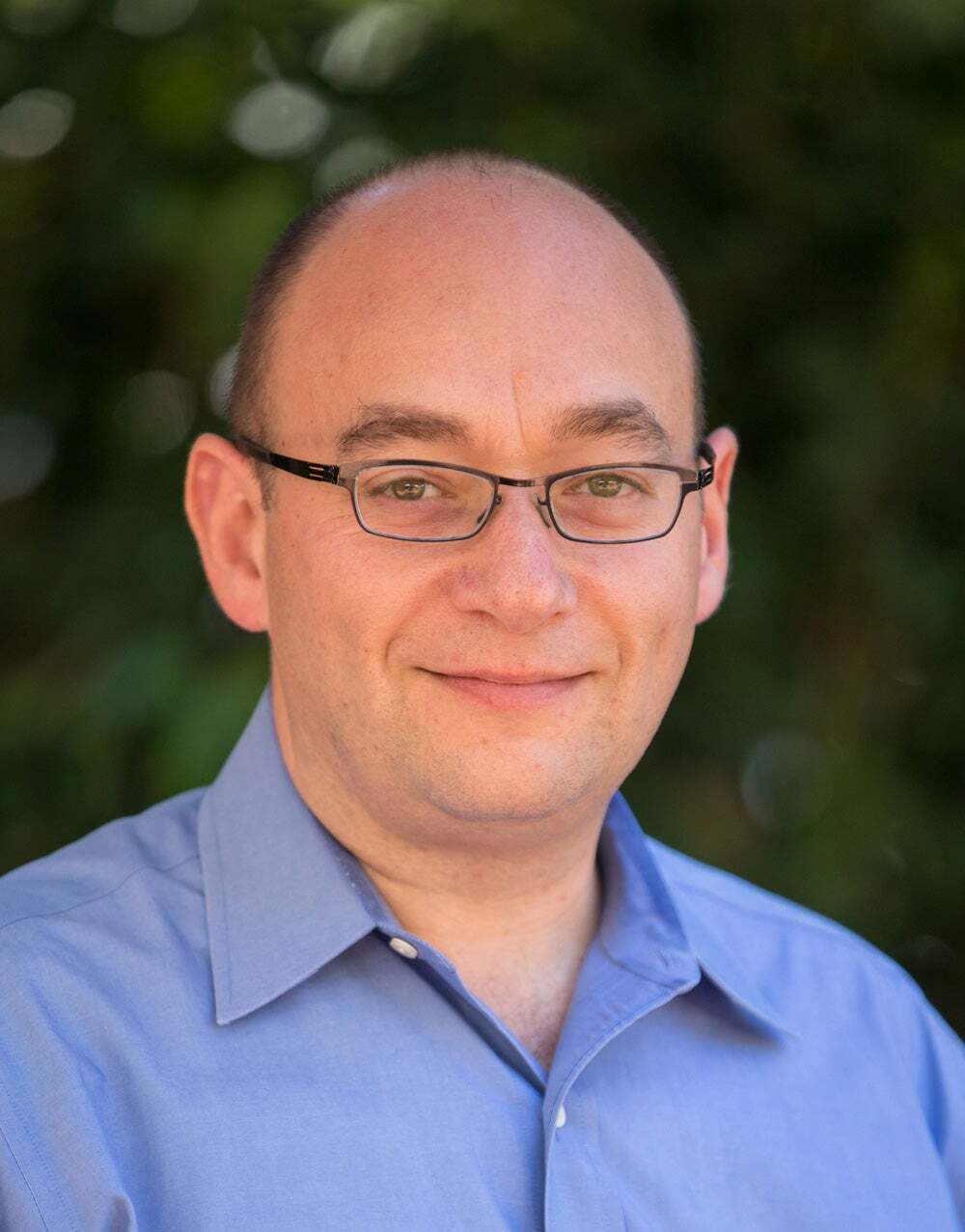Aaron Henderson, PhD, LPC, NCC
PhD
About Presenter
Aaron Henderson, PhD, LPC, NCC, holds a Bachelor of Arts degree in Psychology, a Master of Arts degree in Clinical Counseling, and a PhD in Counselor Education and Supervision from the University of Northern Colorado.
Currently, Aaron serves as the Clinical Director and Chief Operating Officer for Henderson Consulting & EAP Services. Prior to joining Henderson Consulting, Aaron served as Executive Vice President and Part Owner of the Perklen Center for Psychotherapy in Greeley, Colorado. Aaron has years of experience working with adults and adolescents who have committed domestic violence and sexual offenses. Additionally, he has provided employee assistance counseling services for over ten years for various organizations around the state of Colorado.
Outside of counseling, Aaron is a football coach, public speaker, and researcher. He enjoys attending conferences and taking part in experiential learning activities that focus on various aspects of multicultural counseling and social justice.
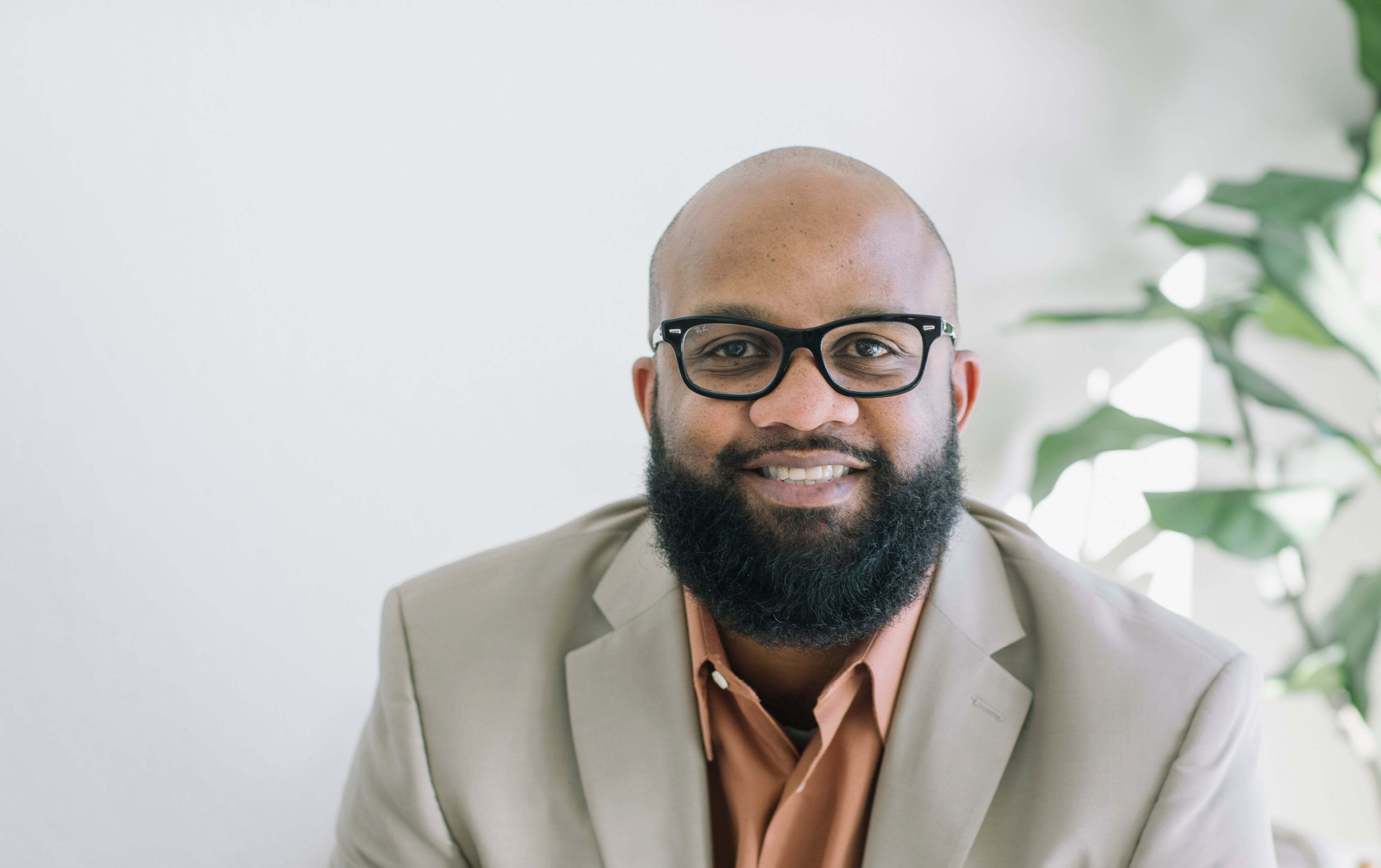
Alicea (Angel) Evans, PsyD, ADHD-CCSP, ASDCS
PhD
About Presenter
Dr. Alicea Evans, PsyD, ADHD-CCSP, ASDCS, is a licensed clinical psychologist with a doctoral degree in Clinical Psychology and advanced training in neuropsychological assessment. She brings extensive experience in both assessment and psychotherapy across the lifespan. Dr. Evans supervises graduate students at the university’s in-house clinic, where she provides clinical supervision in evidence-based interventions. In addition to her academic role, she maintains a private practice specializing in neuropsychological evaluation and therapy.

Alisha Guthery, PhD, LMHC, CATP
PhD
About Presenter
Dr. Alisha Guthery holds a doctorate in Counseling, Education, and Supervision, is a licensed mental health counselor in Washington State, and is the Director of Domestic Violence Intervention in Seattle, Washington. Dr. Guthery is a committed leader, educator, and practitioner dedicated to anti-violence and trauma healing.
Her clinical practice synthesizes emerging neurobiological research with embodied healing practices. She is a passionate educator who strives to cultivate collaborative classrooms through a trauma-informed lens, and she has had the privilege of designing and facilitating courses on trauma, somatic theory, and feminist theory.
Dr. Guthery is a leader in domestic violence intervention and prevention in Washington State, and she has developed and implemented domestic violence programs for incarcerated women, youth, and adult batterers. She has presented her work nationally and internationally.
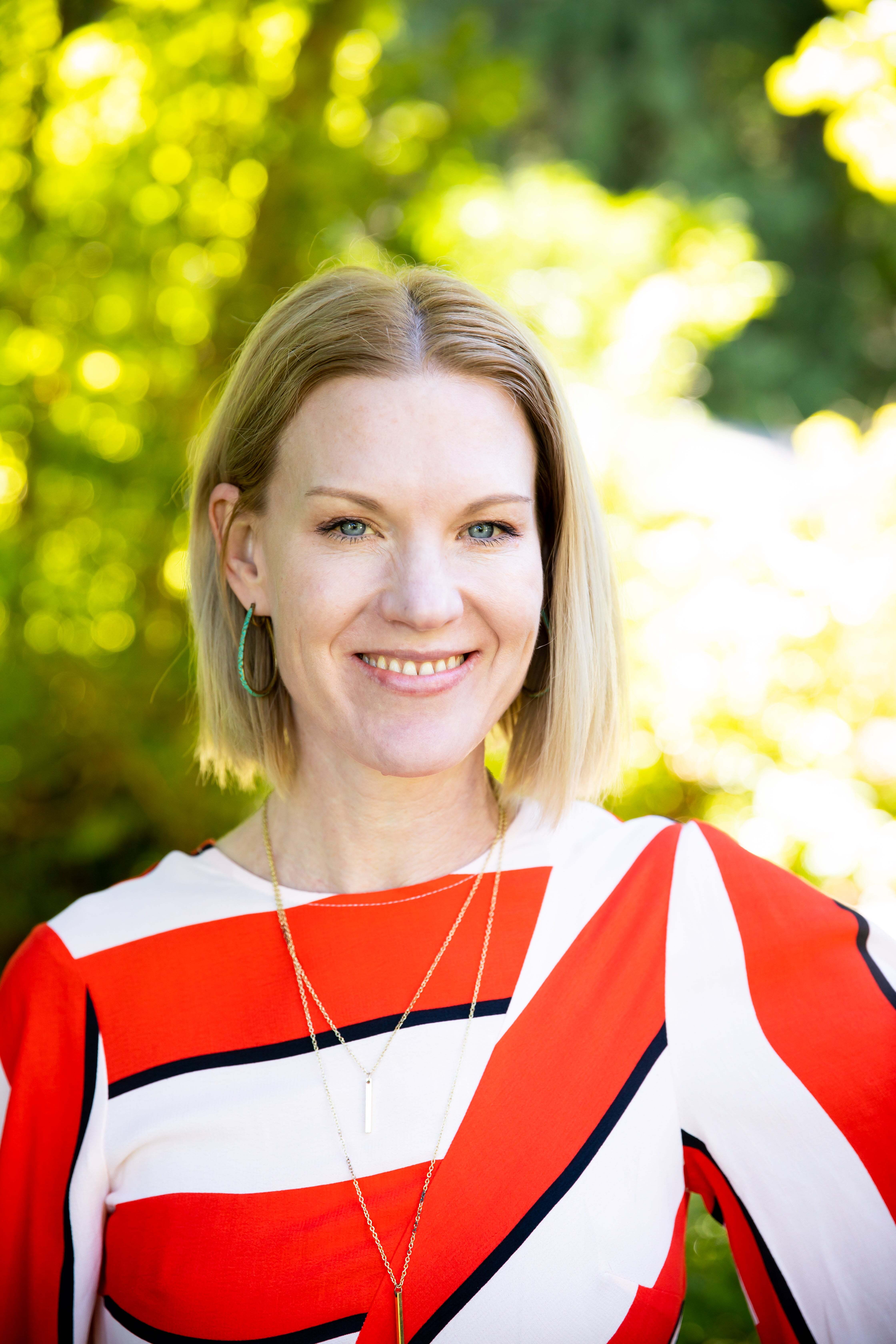
Allison Thompson, PhD
PhD
About Presenter
Dr. Thompson received her PhD in Clinical Psychology with an emphasis in minority health promotion from Northwestern University. After completing her predoctoral internship at the VA Northern California Health Care System, she completed her postdoctoral fellowship in the Psychiatry Department at the Stanford University School of Medicine, where she currently serves as a Clinical Assistant Professor. In that role, Dr. Thompson sees patients in the Psychosocial Treatment Clinic. Her clinical areas of interest include Post-Traumatic Stress Disorder, health psychology, severe mental illness, and underrepresented and underserved populations.
In addition to her clinical work, Dr. Thompson is also involved in administration and teaching. As the Co-Associate Director of Clinical Training and Practicum Co-Coordinator for the Psy.D. Consortium, she assists with the administration and continuing development of the program, acts as a liaison between training sites and the Consortium, and provides mentoring to students applying for practicum and internship placements. Dr. Thompson also serves as an academic advisor and writing coach.
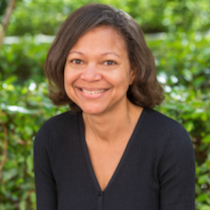
Alyx MacTernan, Ed.D.
PhD
About Presenter
Dr. MacTernan has spent her career working to improve the mental health of clients and provide mental health services for members of her community. Over the years, she has served in several capacities, including five years as an Intake Director for Community Health Care of Georgia and as a Community Mental Health Liaison for IQVIA. She has had the privilege of providing mental health care via telehealth platforms since 2013 and maintains licenses in four different states (CA/FL/GA/TX).
Her purpose-driven work focuses on helping all those she works with or teaches to become the best versions of themselves. She finds it a privilege to teach Master's level counseling students to dive deeper into themselves and learn more about who they are, while applying that knowledge to their desired profession of therapy.

Amanda M. Fanniff, PhD
PhD
About Presenter
Dr. Amanda Fanniff received her PhD in clinical psychology from the University of Arizona, with a subspecialization in psychology, policy, and law. She completed her clinical internship at Western Psychiatric Institute and Clinic at the University of Pittsburgh Medical Center. She also completed a post-doctoral fellowship in the Department of Mental Health Law and Policy at the University of South Florida.
Her research primarily focuses on forensic mental health assessment, legal system processing, and the impact of sociocultural identities. One line of this research specifically focuses on best practices in conducting culturally-informed forensic mental health assessment. Relatedly, she engages in research focused on how well the field of forensic psychology is doing regarding incorporating sociocultural factors into our research designs in thoughtful ways. Another line of research focuses on disparities in legal system processing, including how people with different sociocultural identities are perceived by legal system actors and how processing decisions and outcomes differ. She also incorporates developmental considerations in the assessment and treatment of adolescents and emerging adults with legal system involvement. She and her lab members also keep trauma-related considerations at the forefront of their research given the high rates of trauma in legal-system involved people.
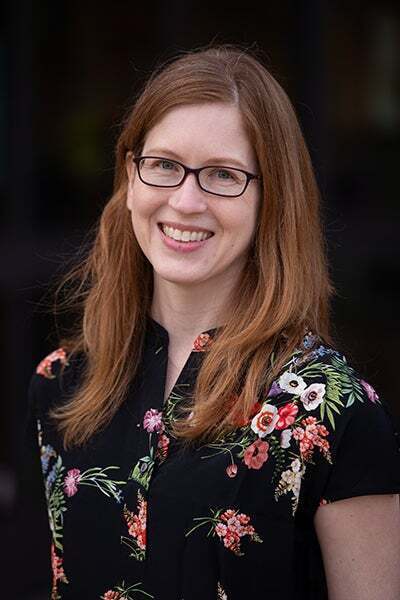
Amie Haas, PhD
PhD
About Presenter
Dr. Haas is a licensed clinical psychologist with a specialization in college student substance abuse issues. Her research focuses on the identification of high-risk drinking and drug use practices in college students and the development of targeted interventions using a harm reduction model. She has been working in collaboration with Santa Clara University since 2005 developing new programs for alcohol prevention and education. Her most recent work focuses on pregaming (i.e., drinking before students go out to consume alcohol at a function) and she was awarded a grant in 2009 by the U.S. Department of Education Higher Education Center for the Prevention of High Risk Drinking to develop and evaluate a multi-tiered prevention program to reduce pregaming in entering freshmen.
Dr. Haas received her undergraduate degree from U.C. Irvine, her master’s in psychology from San Diego State University and her PhD in Clinical Psychology from the University of South Florida, with graduate minors in behavioral pharmacology and quantitative methods. She completed her pre-doctoral internship at the Palo Alto VA Health Care System and a post-doctoral fellowship at University of California San Francisco in substance abuse treatment and health services. Her clinical interests include assessment, adolescent therapy, and neuropsychology.
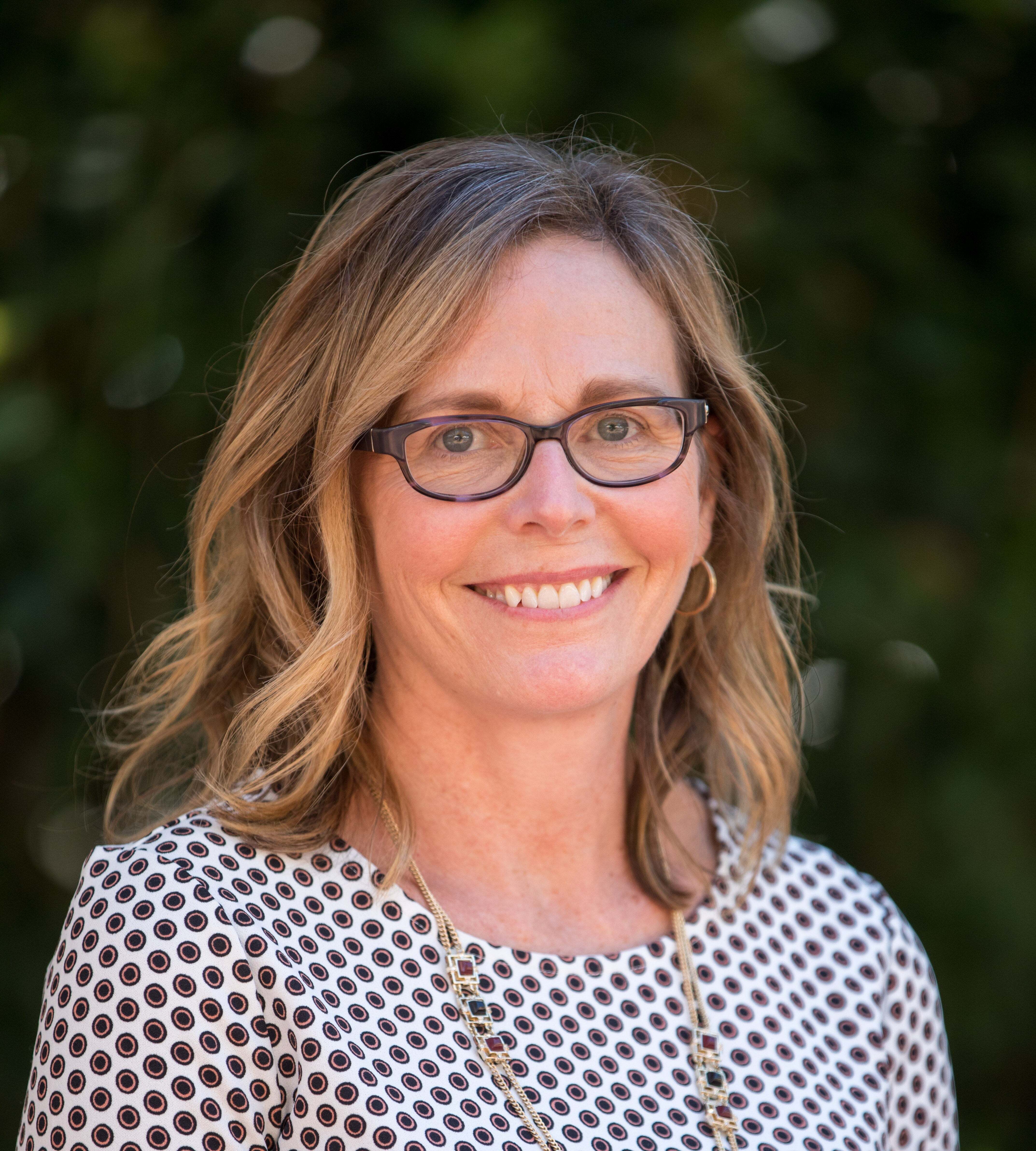
Anneliese Radke, PsyD
PhD
About Presenter
Presenter biography will appear here.
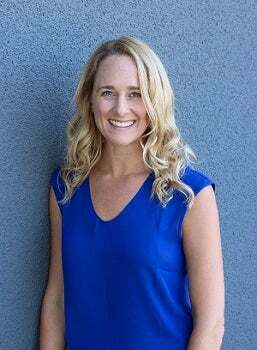
Aviva Wilcox, PsyD
PhD
About Presenter
Dr. Aviva Wilcox specializes in college and young adult mental health. Prior to coming to PAU, Dr. Wilcox served in various leadership roles at Mills College at Northeastern University, including Assistant Vice President of Counseling, Health, and Wellness, Director of Counseling and Psychological Services, and Training Director. Dr. Wilcox also has worked in primary care behavioral health, hospitals, and school-based settings.
Dr. Wilcox is passionate about teaching, training, and supervision. Central to Dr. Wilcox’s approach to clinical training is a social justice lens to mental health treatment. Clinically, Dr. Wilcox’s areas of interest and focus include perinatal mental health, supporting parents, adolescents and young adults, college students, women, people in the LGBTQIA+ community, clients who have chronic illness and disabilities and supporting clients navigating bipolar disorder, identity exploration, and the impacts of discrimination and marginalization. Dr. Wilcox maintains a telehealth private practice in California and is certified in perinatal mental health.
Dr. Wilcox came to the field of psychology with a background in secondary education, college access, and program development. Dr. Wilcox was a founding teacher, English department chair, and college counselor at Discovery High School, a small New York City public high school in the Bronx. Dr. Wilcox then helped launch and develop curriculum for the college access program at the Educational Alliance, a non-profit in New York City. Based out of these settings, Dr. Wilcox facilitated Participatory Action Research on the transition of students of color to predominantly white colleges.
In addition to clinical work, teaching, and supervision, Dr. Wilcox is a Diversity, Equity, and Inclusion facilitator through StirFry Seminars. Dr. Wilcox completed two years of mindful facilitation training and experiential learning through the Certification Program and Internship.
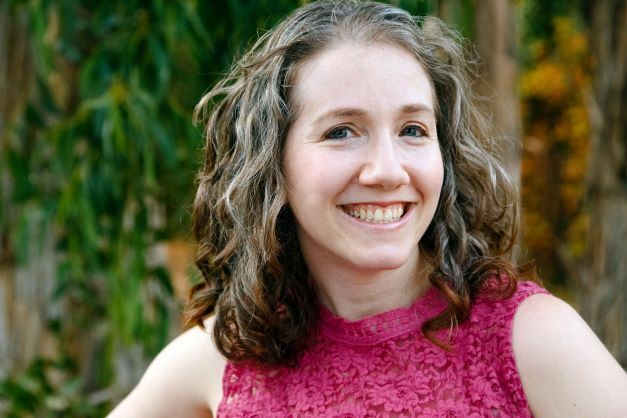
Bruce Arnow, PhD
PhD
About Presenter
Dr. Arnow is Professor & Associate Chair, Department of Psychiatry and Behavioral Sciences at Stanford University School of Medicine, where he also serves as Co-Chief, Division of Adult Psychiatry and Clinical Psychology, Chief Psychologist, Director of the Psychosocial Treatment Clinic and Director of Clinical Psychology Education.
Dr. Arnow received his BA in Psychology from Queens College in 1969, his M.S. in Counseling at California State University, Hayward and his PhD in Counseling Psychology from Stanford University in 1984. He was a NIMH-funded post-doctoral fellow at the Stanford University Department of Psychiatry and Behavioral Sciences from 1984-1985 before being appointed as Director of the Behavioral Medicine Clinic in 1985.
Research interests include 1) treatment outcome in depression; 2) predictors and moderators of outcome in the treatment of depression; 3) epidemiology of depression and chronic pain; and 4) relationships between child maltreatment and adult outcomes including physical and mental health, health care utilization and response to psychotherapy and pharmacotherapy. He has been a Principal Investigator or Co- Investigator on a number of funded grants in these areas. He has published more than 95 peer-reviewed papers, as well as one book, numerous book chapters, invited papers and presentations at national meetings. He has served as a clinical supervisor to Veteran’s Administration mental health providers in a nation-wide implementation project funded by the Department of Defense to train VA practitioners in evidence-based psychotherapy for depression.
Dr. Arnow is a Founding Fellow of the Academy of Cognitive Therapy, Fellow, Society of Clinical Psychology, American Psychological Association, a member of the Society for Psychotherapy Research and the Association for Behavioral and Cognitive Therapies.
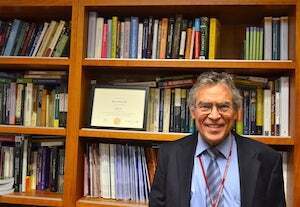
Bruce Bongar, PhD, ABPP, FAPM
PhD
About Presenter
Dr. Bruce Bongar, PhD, ABPP, FAPM, received his PhD from the University of Southern California and served his internship in clinical community psychology with the Los Angeles County Department of Mental Health. For over 25 years, Dr. Bongar maintained a small practice specializing in psychotherapy, consultation and supervision in working with the difficult and life-threatening patient.
Past clinical appointments include service as a senior clinical psychologist with the Division of Psychiatry, Children's Hospital of Los Angeles, and work as a clinical/community mental health psychologist on the psychiatric emergency team of the Los Angeles County Department of Mental Health.
Dr. Bongar is past president of the Section on Clinical Crises and Emergencies of the Division of Clinical Psychology of the American Psychological Association, a diplomate of the American Board of Professional Psychology, a fellow of the Divisions of Clinical Psychology (Div 12), Psychology and the Law (Div 41), and Psychotherapy (Div 29) of the American Psychological Association, a fellow of the American Psychological Society and of the Academy of Psychosomatic Medicine, and a chartered psychologist of the British Psychological Society.
Dr. Bongar has also been a winner of the Edwin Shneidman Award from the American Association of Suicidology for outstanding early career contributions to suicide research, and the Louis I. Dublin award for lifetime achievement in research on suicidology. In 2008, he was awarded the Florence Halpern award by the Division of Clinical Psychology of the American Psychological Association for distinguished contributions to the practice of clinical psychology.
Since 2001, he has also become interested in the psychology of mass casualty events and suicide terrorism. From 2002-2005, he was the founding director of the National Center on Psychology of Terrorism.
His research and published work reflects his long-standing interest in the wide-ranging complexities of therapeutic interventions with difficult patients in general, and in suicide and life-threatening behaviors in particular.
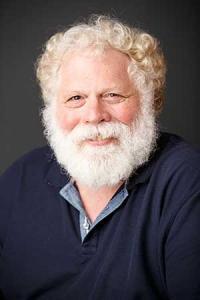
Charlotte Beard, PhD
PhD
About Presenter
Dr. Beard is a clinical psychology leader specialized in the intersection between technology and psychology. She has experience collaborating with clinical and research teams in leadership positions on subjects such as digital behavioral health design, mental health ethics and research, and protocol creation and management. Her research at PAU focuses on risks and benefits of gaming, including Internet gaming disorder and the therapeutic applications of games. Dr. Beard's research interests extend to psychological applied methods, and she currently instructs our MS students in Research Methods and Statistics I, II, and III.
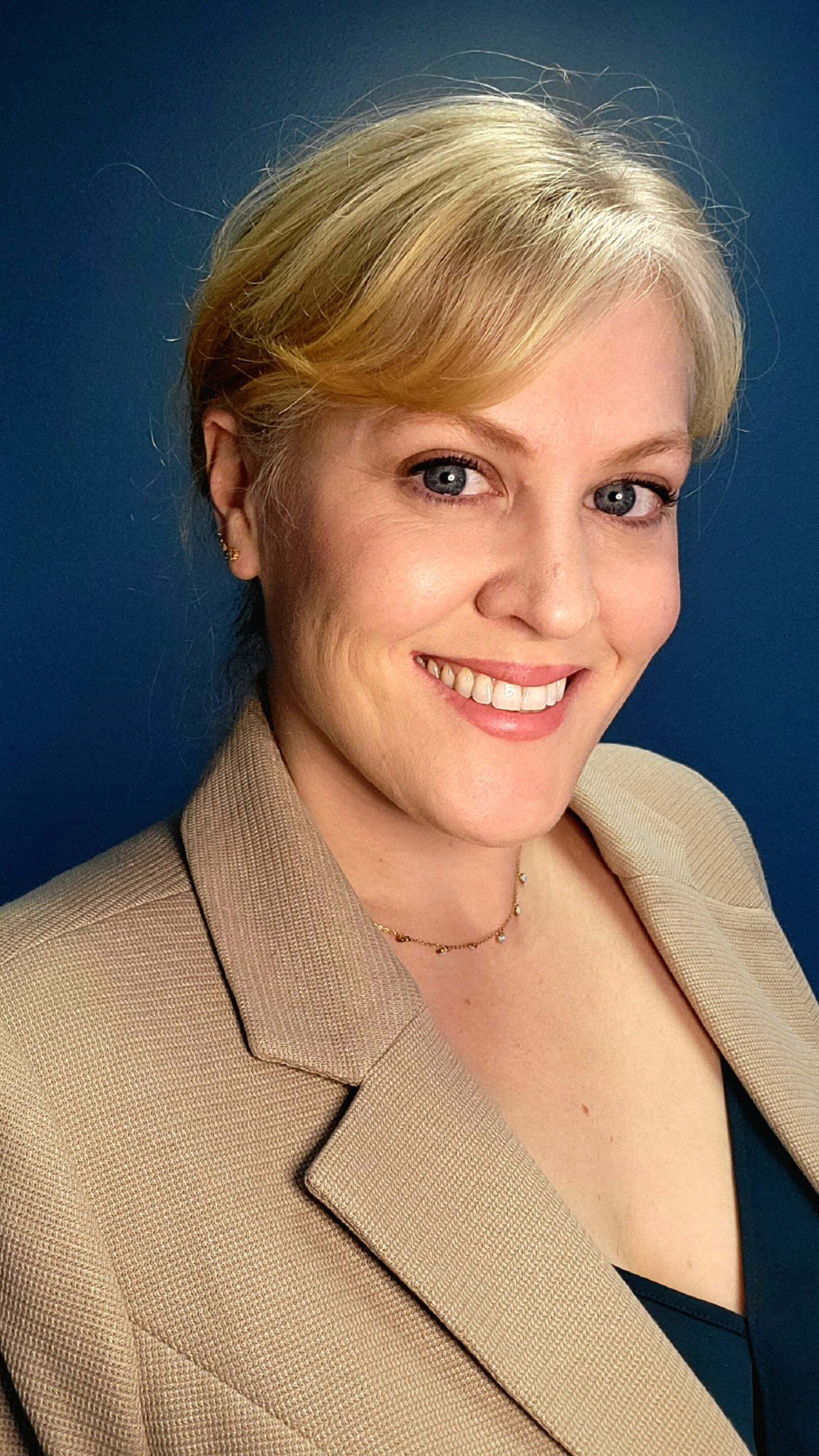
Cheryl Gore-Felton, PhD
PhD
About Presenter
Presenter biography will appear here.
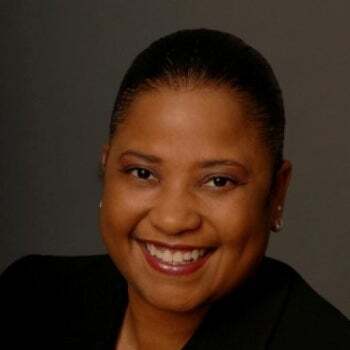
Chi Li, PhD, NCC
PhD
About Presenter
Dr. Li is an Associate Professor in the Counseling Department at Palo Alto University. Dr. Li is a National Certified Counselor, and her clinical experience is primarily within Integrated Behavioral Healthcare (IBH) settings. Dr. Li's research areas include counselor education and supervision, measurement development in counseling and supervision, and counselor training in IBH settings. Dr. Li also had experience with several IBH-related grant projects at the state and national levels (e.g., provide training on IBH and conduct program evaluations).
Dr. Li has been a good standing member of different professional counseling associations such as American Counseling Association (ACA), Association for Counselor Education and Supervision (ACES), and Association for Assessment and Research in Counseling (AARC). She served as the Co-chair of the ACES Supervision Interest Network and Reviewers for several top-tier counseling journals such as Counselor Education and Supervision and Counseling Outcome Research and Evaluation between 2019-2023. She will serve as one of the Associate Editors for AARC’s flagship journal, Measurement and Evaluation in Counseling and Development beginning July 2023.
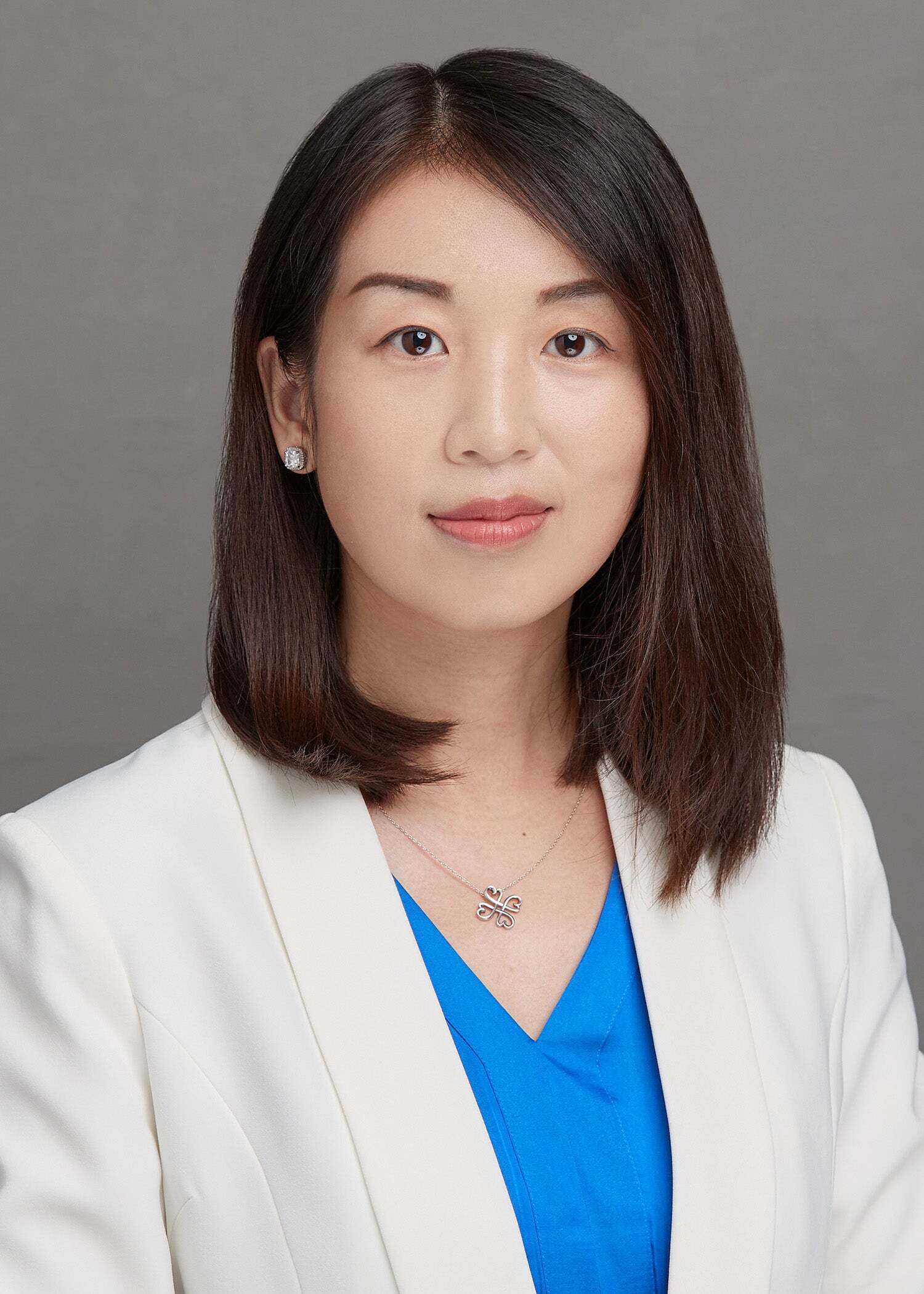
Christopher M. Weaver, PhD
PhD
About Presenter
Dr. Christopher Weaver is an Associate Professor at Palo Alto University, and Director of PAU’s Forensic Psychology Program. Dr. Weaver received his PhD in Clinical Psychology from the University of Louisville, and has held research and clinical positions (pre- and postdoctoral) at the University of California, San Francisco and Stanford University. He has published in the areas of psychopathy and violence risk assessment, and more recently in the areas of substance abuse and psychological trauma. His publications also include co-authored books in law & mental health and psychopathology. Dr. Weaver’s current research focuses on the role that trauma and substance use play in criminal offending, the assessment of dissimulation in PTSD assessment. He is also conducting a funded training and research program designed to increase police officer effectiveness in working with people with mental illness.
Active Research:
PAU Police Apps Survey
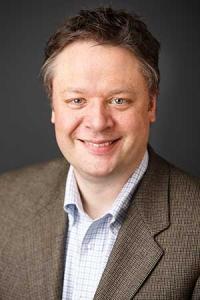
Clark D. Ausloos, PhD, LPC, LPCC, LSC, NCC
PhD
About Presenter
Presenter biography will appear here.

Cristen Wathen, PhD, LCPC, NCC
PhD
About Presenter
Dr. Wathen is an Associate Professor in the Counseling Department at Palo Alto University and the director of PAU's Center for Educational Excellence. Her research and writing center on innovative pedagogy and andragogy both online and in person, Group Counseling, and mental wellness needs for those with chronic illnesses and organ transplantation. She has a background in working with survivors of trauma and child sexual abuse. She also has experience counseling and advising college students and working with underserved populations in educational settings. Cristen attended Baylor University for her master’s and Idaho State University for her PhD. Before joining PAU, she was an Assistant Professor at Montana State University for four years. She has served as the Rocky Mountain Association for Counselor Education and Supervision president and as the Association for Counselor Education and Supervision's secretary among other professional service positions. She is a licensed counselor in California, Montana and in Idaho and is Board Certified in Telemental Health.
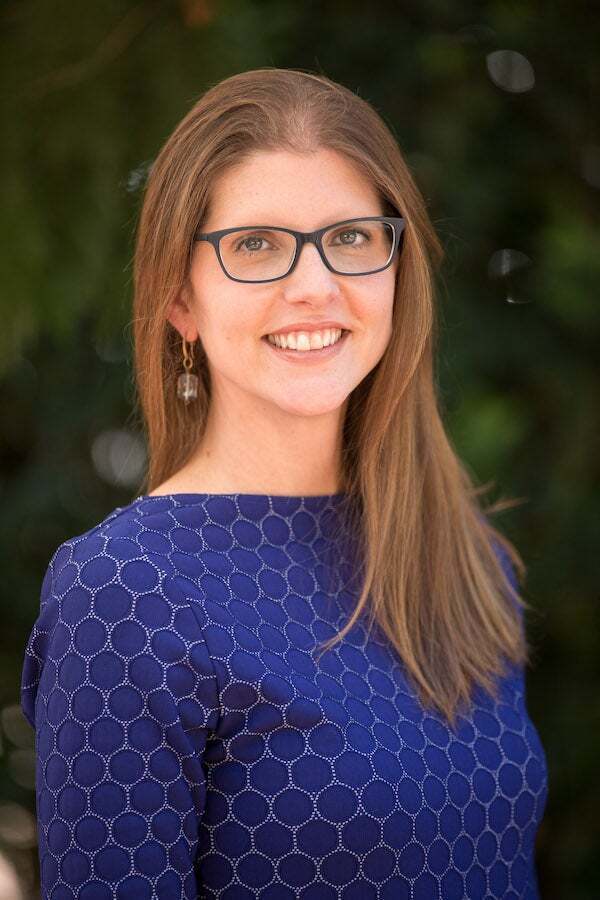
Daniel A. Levy, PhD
PhD
About Presenter
Daniel A. Levy, PhD, is a cognitive neuroscientist. He investigates the processes and brain substrates of human memory and attention, how brain damage and neurological illness affect those cognitive abilities, and how they might be improved by physiological and behavioral interventions. He is also concerned with questions at the nexus of psychology and philosophy, such as free will, punishment, and personal identity. He previously served as associate professor, academic director of the international program, and Dean at the Baruch Ivcher School of Psychology at Reichman University in Herzliya, Israel, and recently was a visiting associate professor of psychology at UC Berkeley.
Levy, who was born and grew up in New York City, originally studied education and biblical literature, and after moving to Israel in 1980, taught Jewish studies and worked in educational tourism. At age 40, motivated by philosophical curiosity, he switched gears and began to study the relationship between mind and brain. In 2002 he completed a PhD in cognitive psychology at the Hebrew University of Jerusalem under the supervision of Prof. Shlomo Bentin, and then did a post-doctoral fellowship at UC San Diego and the San Diego VA Hospital with Prof. Larry R. Squire.
The Memory Abilities and Processes Lab under Prof. Levy's direction explores the fundamental mechanisms of human memory, in a broad range of contexts, with the goal of better understanding how memories are made, maintained or changed, and retrieved. The lab is also interested in developing memory process-based applications to improve the efficacy of psychological interventions, and to support the memory skills of healthy older adults and individuals with neuropsychological challenges.
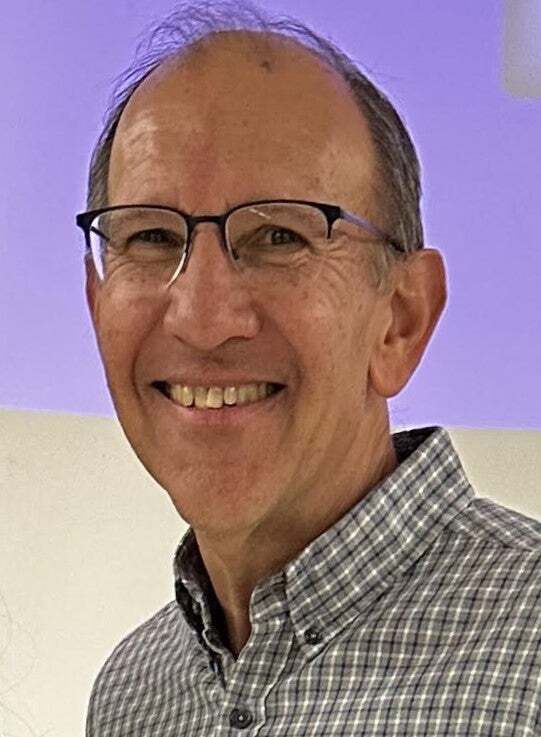
Dareen Basma, PhD, LPC-MHSP
PhD
About Presenter
Presenter biography will appear here.

Desirae Hutchinson, LMFT
PhD
About Presenter
Presenter biography will appear here.

Diana Herweck, PsyD, LMFT, LPCC, NCC, ACS
PhD
About Presenter
Dr. Herweck received her bachelor’s degrees in psychology and communication disorders from the University of Redlands. Her master’s degree is in clinical psychology, with an MFCC emphasis, from Pepperdine, and her doctorate, also in clinical psychology, is from United States International University (which has since merged with CSPP and is now Alliant International University). She is a licensed Marriage and Family Therapist (LMFT), Licensed Professional Clinical Counselor (LPCC), National Certified Counselor (NCC), and Approved Clinical Supervisor (ACS). Much of her clinical experience is in the area of child abuse- working with children and their families. She is proficient in American Sign Language and has spent a great deal of time working with the Deaf population. In addition, she has worked with adolescents in substance recovery, as well as various schools, county mental health, and social services. She has worked as a forensic interviewer, conducting more than 1000 interviews of alleged victims of various crimes, primarily child sexual abuse. She has also been actively involved in EC730 custody evaluations. Currently, her clinical focus is grief and loss.
Dr. Herweck has been teaching in higher education for about 25 years. She joined Palo Alto University in 2018 as adjunct faculty. She has trained for divisions of both San Diego State University and California State University San Bernardino, with their Public Child Welfare Training Academy, teaching child protective services workers throughout Southern California. She has also taught for California State Fullerton, in the MFT program, as well as the University of Redlands in the psych program. In addition, she has taught for other universities that have both ground and online counseling programs. She served as the Clinical Director at a private university’s community counseling center for 10 years, where she was responsible for MFT and PCC traineeships. Dr. Herweck is actively involved in the California MFT Consortium, where she is on the leadership committee in addition to chairing the Inland Empire MFT Consortium (in Southern California). In these roles, she has the opportunity to meet monthly with directors and legal representatives of both the Board of Behavioral Science and the California Association of Marriage and Family Therapists. She also is a member of the Workforce Education Training Steering Committee for Riverside University Health System, Behavioral Health, also in southern California. Dr. Herweck served on the Board of Behavioral Sciences as the Licensed Professional Clinical Counselor member for two years and is currently serving as the CalMHSA coordinator.
In addition to teaching and clinical practice, Dr. Herweck writes and edits teaching materials for elementary education. She has published several books in a Day in the Life Series (including ones on cowboys, firefighters and ballerinas, ER doctors, athletes, and more). She has also published a book on bullying (Safe & sound: Bullying).
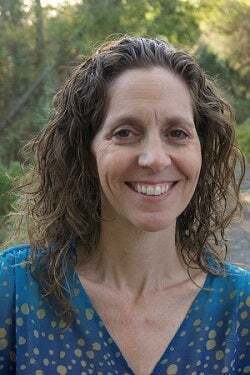
Donna S. Sheperis, PhD, LPC, NCC, ACS, CCMHC, Board Certified TeleMental Health Provider
PhD
About Presenter
Dr. Donna Sheperis is a Professor in the Department of Counseling. She earned her PhD in Counselor Education from the University of Mississippi. Dr Sheperis has taught for land-based and online programs since 2000. Dr. Sheperis is a Licensed Professional Counselor, National Certified Counselor, Board Certified Telemental Health Provider, and Approved Clinical Supervisor with over 30 years of experience in clinical mental health settings.
Dr. Sheperis is the Past-President of the Association for Assessment and Research in Counseling. She has served as Co-Chair of the ACA Ethics Committee. She currently serves on the ACA Ethics Appeals Committee. She has authored more than 25 articles in peer-reviewed journals, multiple book chapters, and textbooks. She recently published the 2nd editions of her books: Ethical Decision Making for 21st Century Counselors (2024) and Clinical Mental Health Counseling: Fundamentals of Applied Practice (2025).
Dr. Sheperis presents regularly on a variety of topics and has received numerous awards for her teaching, scholarship and research.
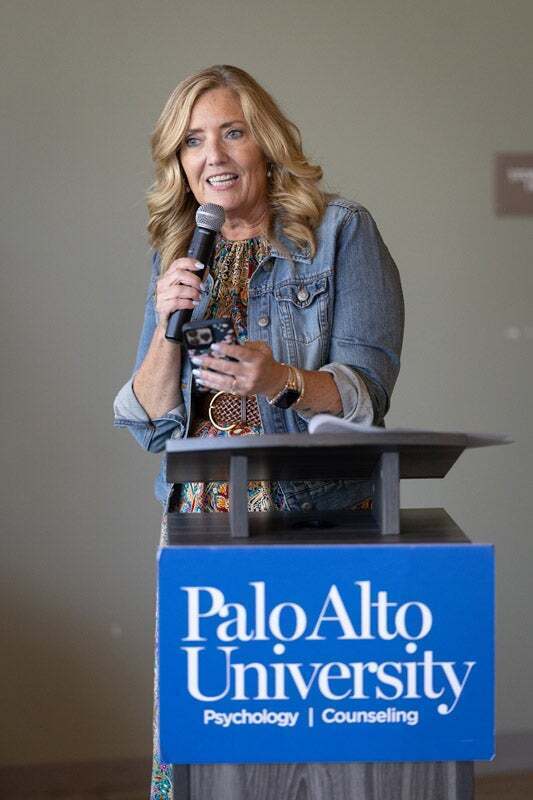
Donya Wallace, PhD, NCC, LPC
PhD
About Presenter
Dr. Donya D. Wallace is an Assistant Professor in the Counseling department at Palo Alto University in Palo Alto, California. Dr. Wallace is licensed as a Professional Counselor, and a Professional Counselor Supervisor in South Carolina, and is a National Certified Counselor. She has practiced clinical mental health counseling since 2002 and has worked in an array of settings including community mental health, intensive outpatient facilities, jail diversion programs, and private practice. She specializes in rural mental health with underserved communities. Dr. Wallace’s scholarly work focuses on the intersections of African American women’s mental health and socio- cultural trauma. She has presented her work in state, regionally and nationally conferences.
Dr. Wallace has been recognized by a number of professional organizations. She is a 2018-19 National Board for Counselor Certification Foundation (NBCCF) Minority Fellow, and a 2018 Southern Association for Counselor Educators and Supervisors (SACES) Emerging Leader. In 2021 she was recognized as a Counselor Education & Supervision (CE&S) Fellow. Dr. Wallace has served in a number of leadership positions within the profession and currently serves as chair of the Leadership and Advocacy Committee for the Association of Counselor Educators and Supervisors (ACES). She is treasurer of the PeeDee Medical Professionals Association, a non-profit organization made up of African American healthcare providers who aim to address healthcare disparities and related issues impacting the African American community through healthcare initiatives, philanthropy and scholarship.
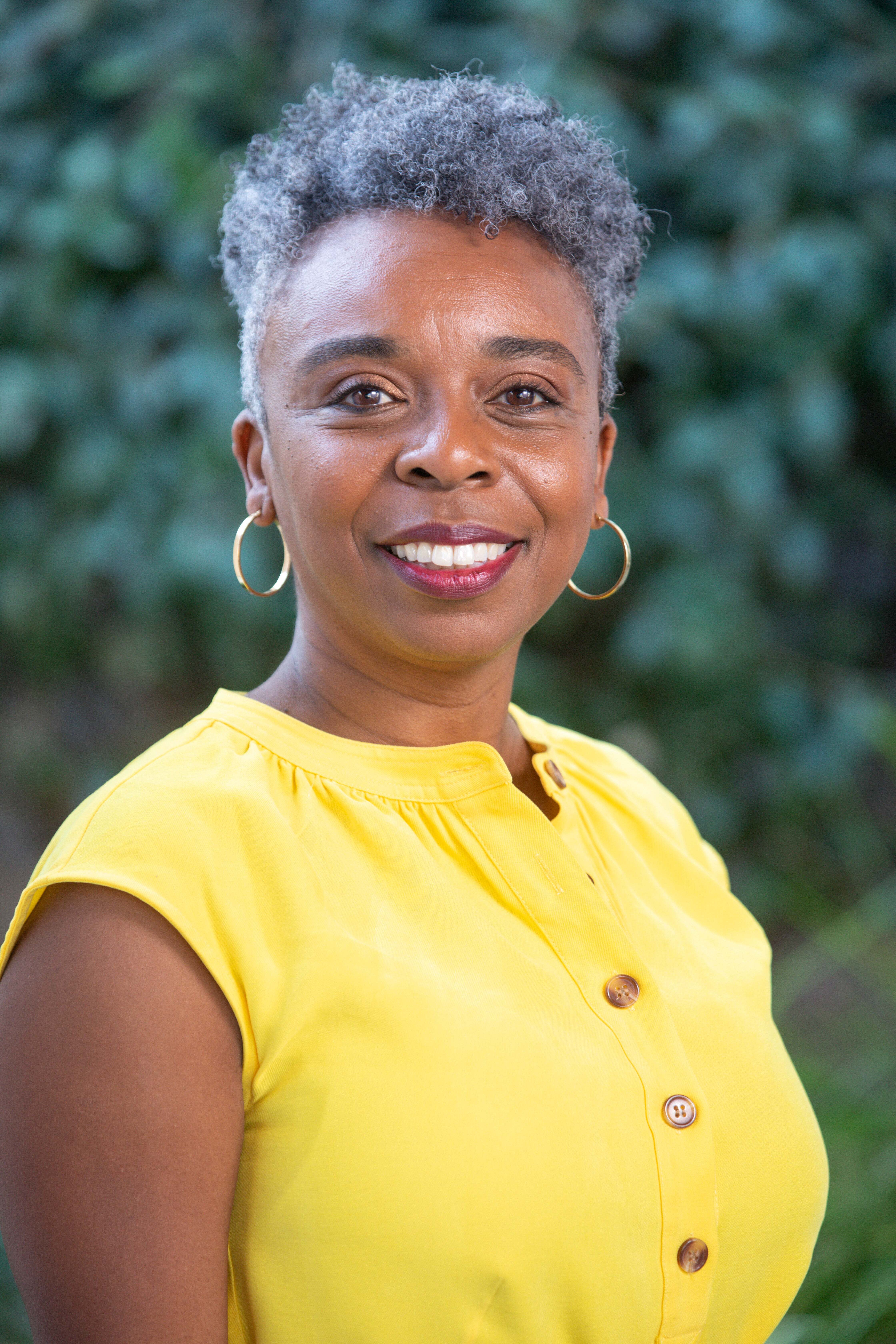
Dèsa Karye Daniel, PhD, LMHC, NCC
PhD
About Presenter
Dr. Dèsa Karye Daniel is a Licensed Mental Health Counselor in New Mexico and Colorado. Daniel’s research interest focuses on supervision relationships for racial/ethnic minorities, the lived experiences of racial/ethnic college students, and the experiences of Black/African American Womxn in academic spaces. Dr. Daniel advocates for inclusive spaces for racial/ethnic minority students within academia and within organizations for increasing graduate student resources. She received her doctoral degree in counselor education at the University of New Mexico. Daniel holds dual master’s degrees in Clinical Mental Health Counseling and Higher Education Administration from New Mexico State University. Dr. Daniel was named a 2021 New Mexico Office of African American Affairs Everyday Hero for her mental health work with Black communities. Daniel is the recipient of the 2020 NBCC Minority Fellowship.
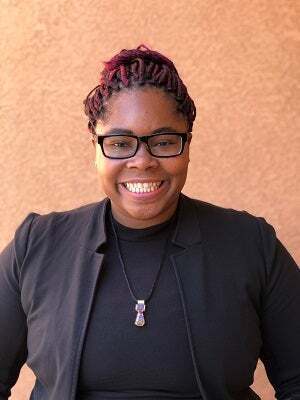
Eduardo Bunge, PhD
PhD
About Presenter
Dr. Eduardo Bunge is Professor in the department of Psychology at Palo Alto University and Director of the Master of Science in Psychology. He was born and educated in Argentina, earned his undergraduate degree at the University of Buenos Aires, and received his PhD in psychology from the University of Palermo (Argentina).
Dr. Bunge currently directs the Children and Adolescents Psychotherapy and Technology (CAPT) Research Lab, and is Associate Director for the International Institute of Internet Interventions for Health at Palo Alto University. He has published five clinical books in three languages (English, Spanish, Portuguese), and more than 40 articles in peer reviewed journals and chapters.
Has been teaching in the Master in Science program since 2013 and is highly passionate about how technology can contribute to high quality education and advancing the field of Mental Health.
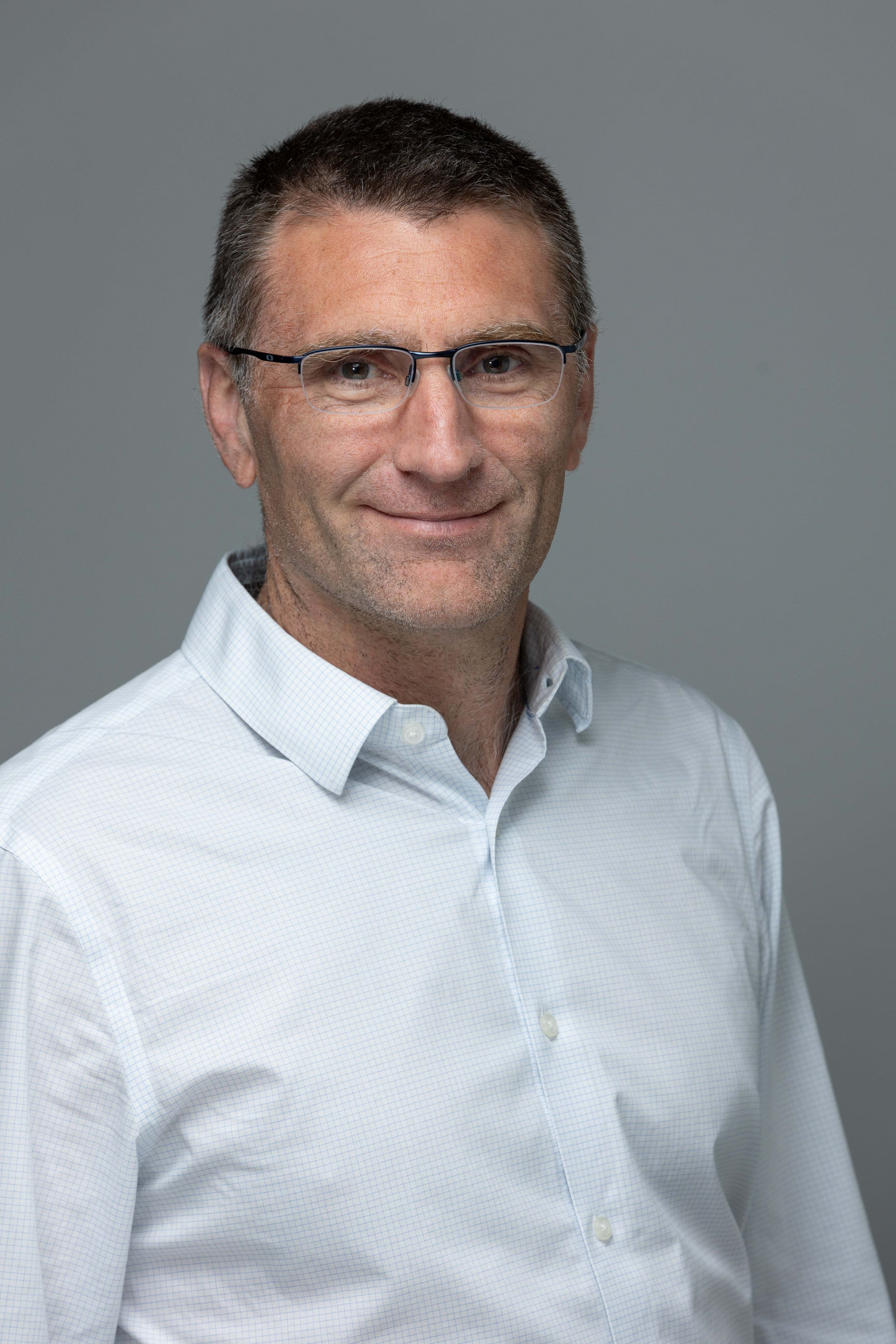
Eleanor Palser, PhD
PhD
About Presenter
Eleanor completed her PhD in Clinical Psychology and Cognitive Neuroscience at University College London (UCL), then a postdoctoral fellowship in Clinical Affective Neuroscience at UCSF. Her primary research interests are understanding emotional differences in neurodevelopmental disorders, particularly autism spectrum disorder. Through this work she hopes to inform understanding of both the core features of these conditions, but also frequently co-occurring mental health challenges, such as anxiety. She advocates for adopting a strength-based approach to understanding and managing neurodevelopmental disorders, and has received grant funding to research creativity and empathy in dyslexia. On the side, she has written op-eds and commentaries on DEI issues in academia, with particular interest in supporting those from non-traditional academic backgrounds.
As the Director for the Pediatric Behavioral Health emphasis at PAU, she teaches courses on child and adolescent development and developmental psychopathology.
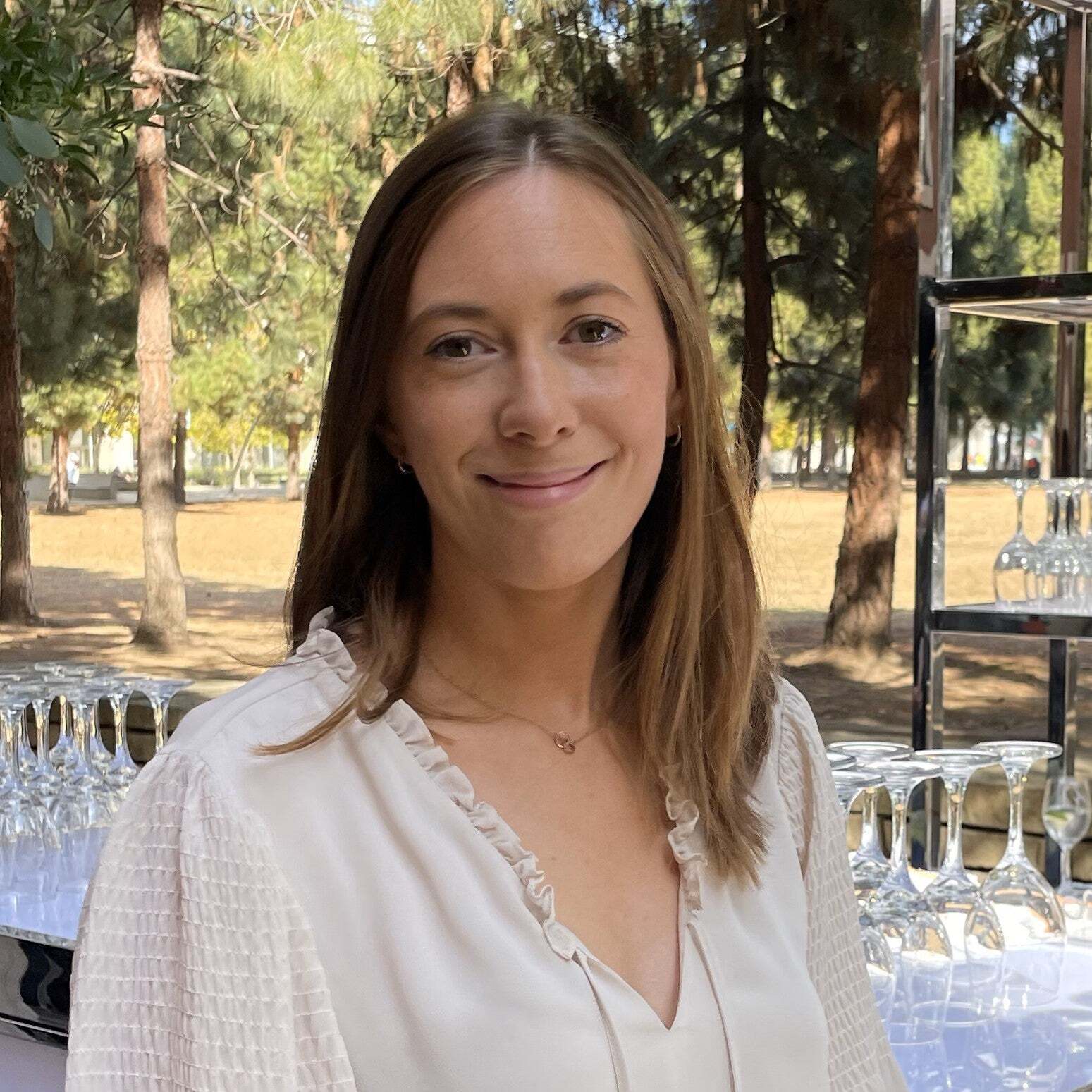
Erin Heinemeyer
PhD
About Presenter
Dr. Erin Heinemeyer holds a Doctor of Clinical Psychology (PsyD) degree from the PGSP-Stanford PsyD Consortium at Palo Alto University. She completed her internship at the VA Loma Linda Healthcare System and a Postdoctoral Fellowship in General Adult Psychology at the Stanford University School of Medicine, Department of Psychiatry and Behavioral Sciences. Dr. Heinemeyer has a background in research across molecular biology, neuroscience, and clinical psychology.
Currently, Dr. Heinemeyer is a core faculty member of the PGSP-Stanford PsyD Consortium, where she contributes in various capacities, including supervision, teaching, advising, and serving on dissertation committees. She co-directs the VA Palo Alto Mental Health Clinic Practicum Program, training and supervising second-year Consortium students in evidence-based treatments. Additionally, she co-leads the Supervision Training Rotation for Stanford Postdoctoral Fellows in Adult Clinical Psychology, where she trains and supervises the fellows’ supervision of practicum students.
In addition to her work at the Consortium and Palo Alto University, Dr. Heinemeyer provides psychotherapy to adults in a private group practice in Palo Alto. Her clinical expertise focuses on treating adults with complex trauma, PTSD, Functional Neurological Disorder, and various mood, anxiety, and personality disorders. Dr. Heinemeyer’s therapeutic approach includes several evidence-based modalities, including Dialectical Behavior Therapy (DBT), Acceptance and Commitment Therapy (ACT), EMDR, Cognitive Processing Therapy (CPT), and Emotionally Focused Therapy (EFT). She combines these approaches with a foundation in psychodynamic and attachment theory, tailoring her treatment to meet the unique needs of each client.
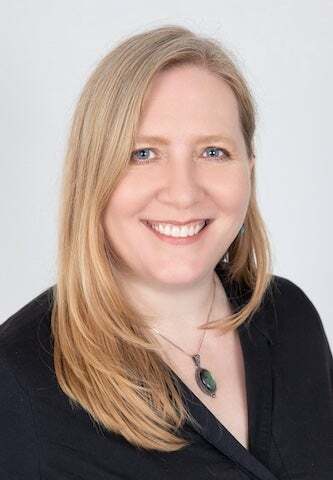
Genevieve Arnaut PhD, PsyD
PhD
About Presenter
Presenter biography will appear here.
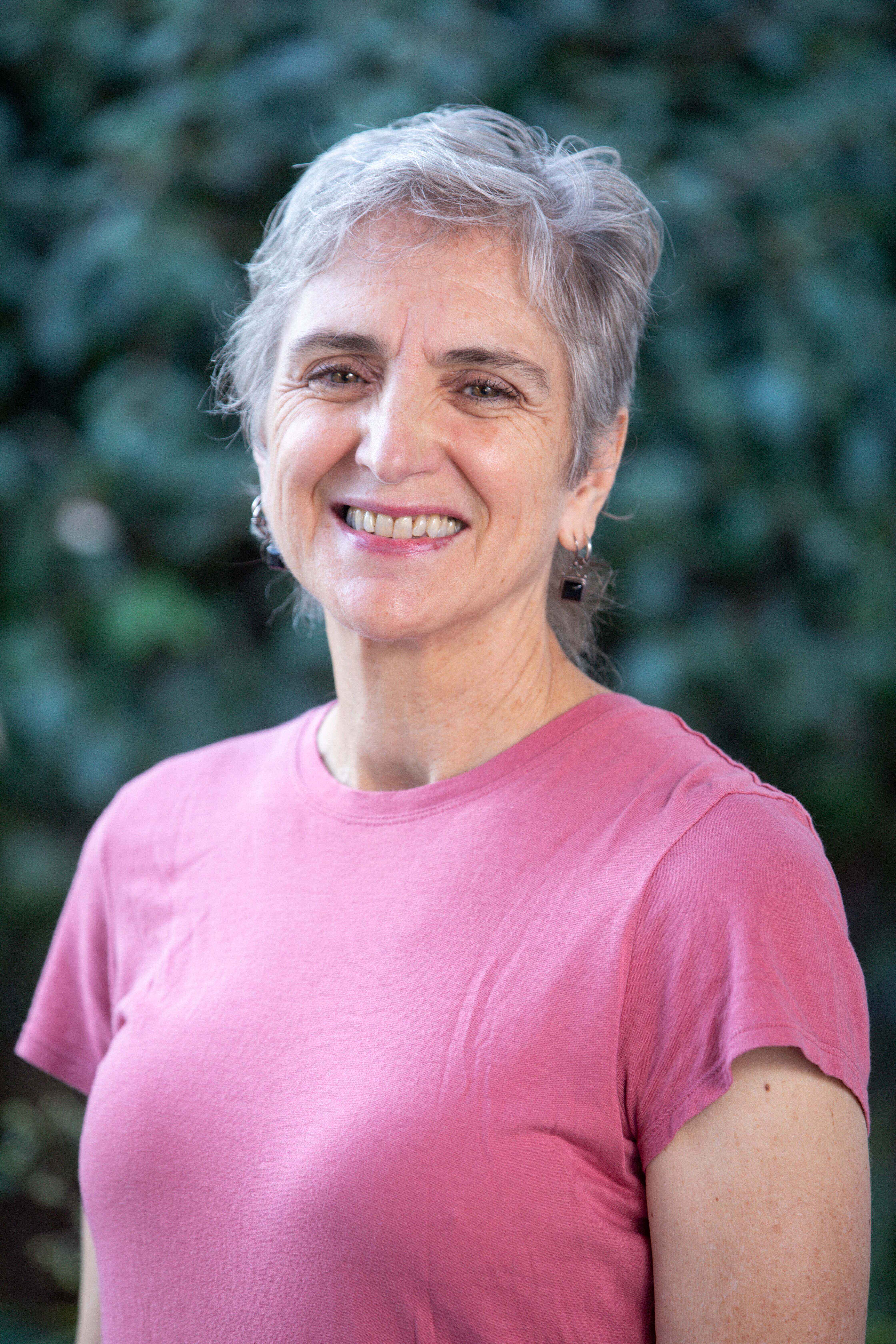
George J Ramos, PhD LMHC NCC
PhD
About Presenter
Dr. George James Ramos Jr., PhD, LMHC, NCC, is a counselor educator and mental health professional. Holding a PhD in Counselor Education and Supervision from the University of the Cumberlands and an MA in Clinical Mental Health Counseling from the Alliance Graduate School of Counseling, Dr. Ramos combines his academic knowledge with practical experience to enrich his teaching.
Currently serving as the Associate Director of Clinical Training and a Core Faculty member at Palo Alto University, Dr. Ramos is dedicated to guiding the next generation of counselors. He has also contributed as an Associate and Assistant Professor at Alliance University, imparting knowledge in a range of subjects from crisis intervention strategies to psychopathology. His approach to teaching, rooted in his extensive experience and scholarly achievements, reflects a genuine passion for fostering growth and excellence in the field of mental health counseling.
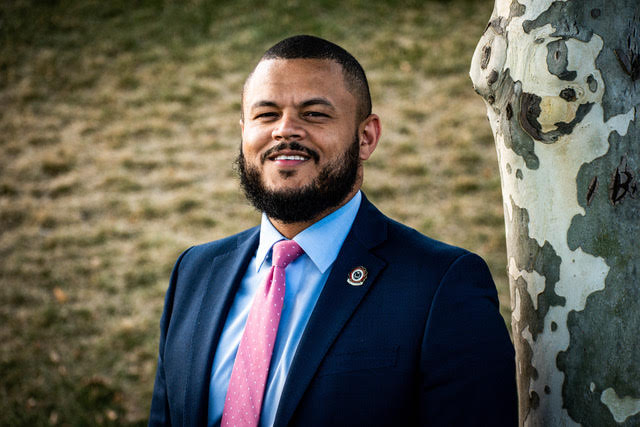
Hayley Stulmaker, PhD, LPC-S, RPT-S
PhD
About Presenter
Presenter biography will appear here.

Jackie Bicas Grapa, MA
PhD
About Presenter
Jackie Bicas Grapa (she/her/ella) is a Licensed Marriage and Family Therapist and Associate Professional Clinical Counselor based in California. She works in private practice, where she supports Latinx and immigrant communities, LGBTQIA+ individuals, adoptees, couples, and clients navigating chronic illness or complex trauma. Her clinical background also includes experience in community mental health and school-based counseling, which has shaped her commitment to accessible, culturally responsive care across diverse systems and settings.
Her approach is grounded in trauma-informed, relational, and experiential frameworks. She draws from Emotionally Focused Therapy (EFT), EMDR, and Internal Family Systems (IFS) to help clients reconnect with themselves and their communities in meaningful, healing ways. Her work centers on identity, resilience, and the impact of early experiences on adult relationships and wellbeing.
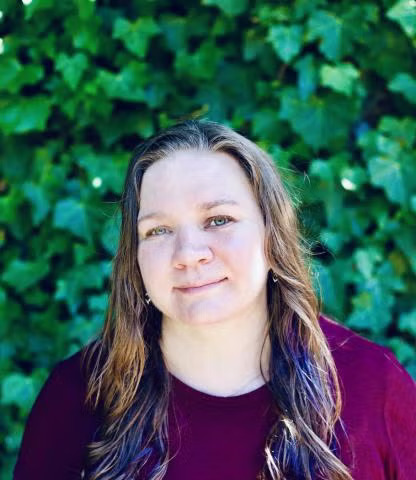
Jamie Kent, PhD
PhD
About Presenter
Dr. Kent was awarded her Ph.D. in clinical psychology from Loyola University Chicago. She completed her predoctoral clinical internship at the University of Washington School of Medicine in behavioral medicine and neuropsychology. Dr. Kent’s postdoctoral clinical fellowship was completed at Stanford University School of Medicine.
Dr. Kent is currently a core faculty member in the PGSP-Stanford PsyD Consortium where she serves in teaching, advising, and training capacities. Areas of clinical specialization include psychological assessment, women’s mental health, and health psychology. Her research has focused on mood and cognitive changes associated with women’s health concerns.
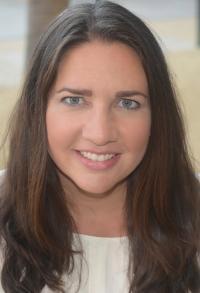
Janessa Henninger
PhD
About Presenter
Presenter biography will appear here.
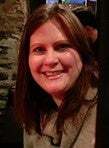
Janice Habarth, PhD
PhD
About Presenter
Dr. Janice Habarth is an Associate Professor in the Department of Psychology at Palo Alto University. Through her Personality & Social Norms Research Lab, she applies feminist and critical science lenses to investigate healthcare provider cultural competencies, minority stress, and socially normative attitudes about gender and sexual orientation. She developed the Heteronormative Attitudes and Beliefs Scale (Habarth 2015), which has been applied in studies across the U.S. and internationally to assess individual and group differences in internalized heteronormativity. She also contributed to the development of the Gender Minority Stress and Resilience Scale (Testa, Habarth, Peta, Bockting, & Balsam, 2015). At PAU, she mentors doctoral students and teaches doctoral level courses such as Research Methods and Cultural Differences. She is an Associate Director for Academic and Research Training in the Clinical Psychology PhD Program, Director of the Meditation & Psychology Area of Emphasis, and faculty advisor for the Psychological Association for Gender Expression and Sexual Orientation (PAGES) student group.
Dr. Habarth completed a joint PhD in Clinical Psychology and Women's Studies at the University of Michigan, including a year-long pedagogy fellowship through the Sweetland Writing Center. As a pre-doctoral intern at the University of Michigan's Institute for Human Adjustment, she provided adult and family/child outpatient services and engaged in a year-long research and clinical fellowship in child and family bereavement. As a graduate student, Dr. Habarth also taught numerous courses in English, Women’s Studies, and Psychology. Dr. Habarth then completed a two-year postdoctoral fellowship in clinical health psychology at Michigan State University's Consortium for Advanced Psychology Training (Flint Area Medical Education). At MSU-FAME, she conducted pre-surgical and multidisciplinary clinic assessments, served on a consultation liaison team, conducted mindfulness interventions for chronic illness, implemented a medical student wellness study, and gave invited talks to enhance medical faculty and residents' behavioral health and cultural competencies.
Overall, Dr. Habarth strives to integrate feminist and diversity, equity, and inclusion considerations into her research, clinical training, and pedagogical efforts. She has worked as an instructor, researcher, and clinician in public university, private university, liberal arts college, and academic medicine settings. Her primary research focus involves socially normative attitudes about sexual orientation and gender, with a distal aim of supporting healthcare providers to engage effectively with diverse populations.
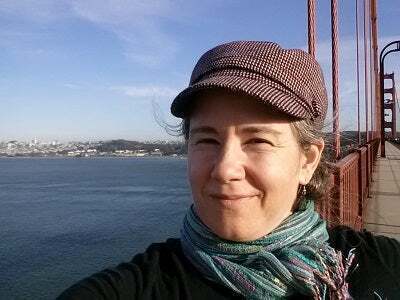
Janice Kuo, PhD
PhD
About Presenter
Dr. Kuo is a core faculty member at the PGSP-Stanford Psy.D. Consortium and is the Director of the BESTLab. She received her Ph.D. in clinical psychology at the University of Washington where she was directly mentored and supervised by the developer of Dialectical Behavior Therapy (DBT), Dr. Marsha Linehan. After receiving her doctorate, Dr. Kuo completed her internship at the VA Palo Alto Health Care System, followed by a postdoctoral fellowship at Stanford University. She considers herself a scientist-practitioner dedicated to the mission initially set forth by her mentor- using science and compassion to help those in immense suffering.
Dr. Kuo leads a program of research designed to inform and enhance treatments for individuals with severe, complex psychopathologies. Her scientific work focuses on clarifying emotion-related dysfunction underpinning Borderline Personality Disorder (BPD), suicidal behaviors, and trauma-exposed individuals. In addition to her research program, Dr. Kuo also teaches or has taught several graduate courses such as Cognitive Behavior Therapy, Behavioral Assessment, Affective Bases of Behavior, and Supervision and Consultation.
Dr. Kuo is also a licensed clinical psychologist where she primarily treats individuals with severe emotion difficulties using DBT. She is among the first cohort to be certified as a DBT therapist by the DBT-Linehan Board of Certification. Dr. Kuo is also a trainer for Behavioral Tech, Dr. Linehan's signature company that provides trainings in DBT. In this capacity, she conducts national and international workshops and trainings in DBT, and provides DBT consultation to clinicians.
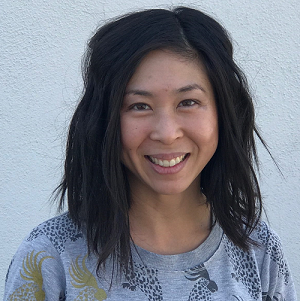
Jared Boot-Haury, PsyD
PhD
About Presenter
Jared Boot-Haury, PsyD (he/they), graduated with their PsyD in clinical psychology from the Michigan School of Psychology and a graduate certificate in LGBT Health Policy and Practice from George Washington University. Jared's clinical postdoctoral fellowship was focused on LGBTQ+ health at the San Francisco VA Health Care System. He serves as the Policy and Government Affairs Committee Chair of GLMA: Health Professionals Advancing LGBTQ+ Equality, where they focus on translating research into practice through policies and positions that encourage more affirming healthcare practices for health professionals who work with LGBTQ+ people. They were recognized for this work by the Association of Behavioral and Cognitive Therapies Sexual and Gender Minority Special Interest Group as the 2023 recipient of the Award for Service and Social Justice. Jared's research to date has focused on improving mental health care experiences for LGBTQ+ communities and exploring minority stressors within LGBTQ+ populations with an emphasis on asexual individuals.
Through a project funded by the Blue Cross Blue Shield Foundation of Michigan in collaboration with the Michigan Psychological Association and the NASW-MI, he examined the effect of group assignment to an intensive transgender-specific training group on transgender cultural competency training among mental health professionals. Jared's research has also focused on the impact of minority stressors and resilience on mental health and measuring stigmatizing experiences among asexual communities. His dissertation, recognized by the APA Division 44 (Society for the Psychology of Sexual Orientation and Gender Diveristy) Transgender Research Award, investigated the impact of minority stressors and resilience factors on psychological distress among individuals holding intersecting transgender/gender diverse and asexual identities.
Jared utilizes various quantitative and qualitative methods, including thematic analysis, regression analysis, analysis of variance, and psychometric analysis.
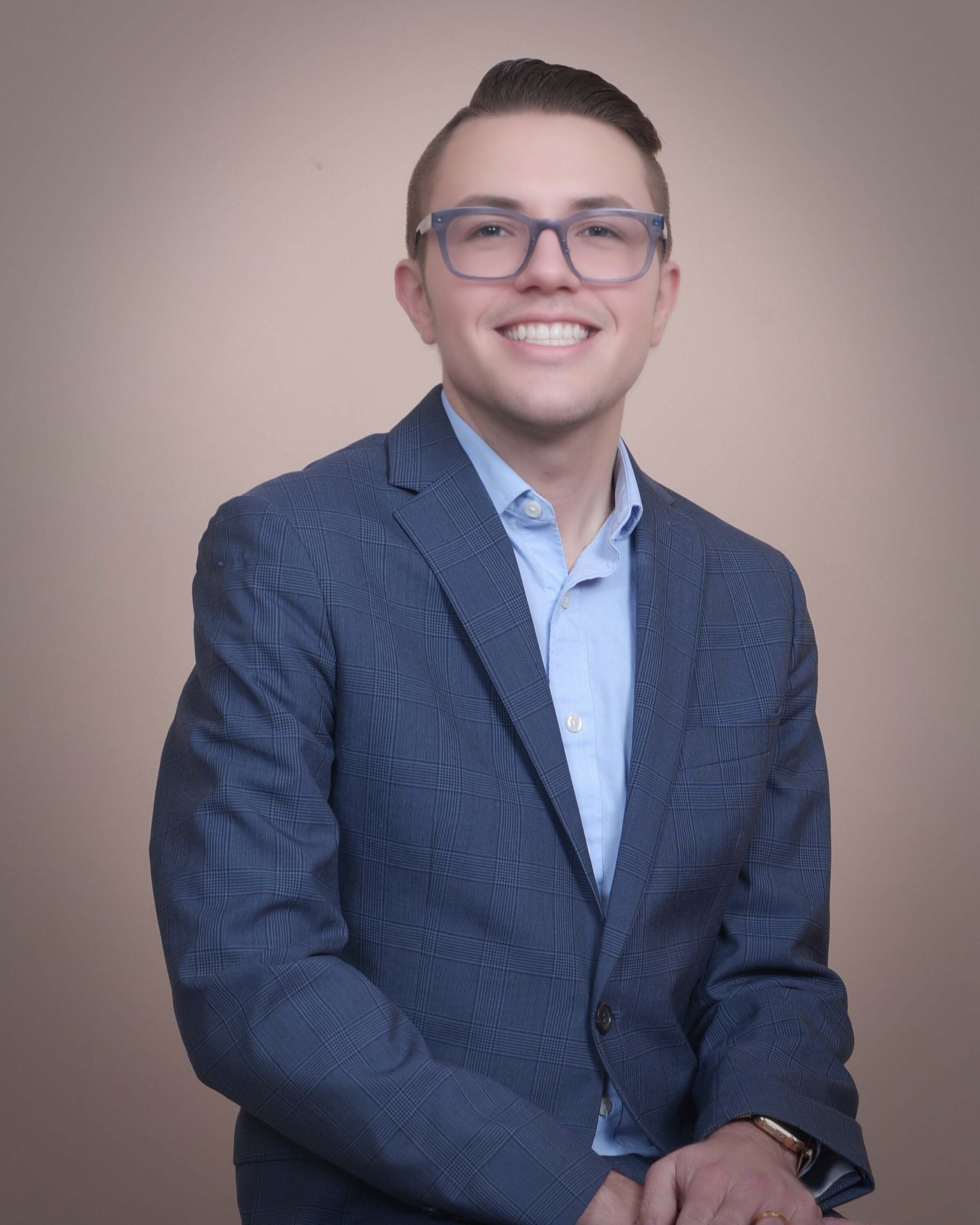
Jared W. Snow, DrBA
PhD
About Presenter
Jared W. Snow, DrBA, joined the PAU family in 2024, serving as an adjunct professor in the Department of Undergraduate Studies. Dr. Snow has over 25 years of leadership experience across private and public sectors and throughout various industries. He serves in multiple leadership roles and is presently the Chief Information Officer for the California Military Department, Director of VIP-ManAlive, an anger management and domestic violence intervention and prevention educational program, and serves on the Koinonia Family Services Executive Board of Directors. Dr. Snow has over 23 years of military leadership experience and is currently the Deputy Director of Public Affairs for the California Army National Guard. Additionally, Dr. Snow holds executive and high-performance leadership certificates from Cornell University and is a Master Resilience Trainer.
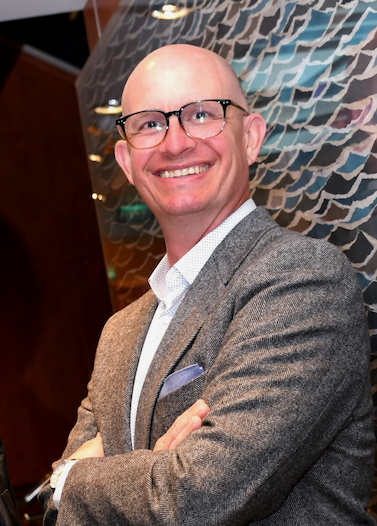
Jennifer Keller, PhD
PhD
About Presenter
Dr. Keller received her Ph.D. in Clinical Psychology from the University of Illinois at Champaign-Urbana. She completed her internship at the VA Palo Alto Health Care System in the clinical neuropsychology track. Afterwards, she was a postdoctoral fellow at Stanford University's Department of Psychiatry and Behavioral Sciences. In 2003, she began working as a Research Associate at Stanford. As a Senior Research Scholar in the Department of Psychiatry at Stanford University, Dr. Keller conducts clinical research, and supervises and teaches graduate students and postdoctoral fellows. Dr. Keller has also taught in the PAU Ph.D. program as well as the PAU-Stanford University Psy.D. Consortium Graduate Program.
Dr. Keller’s general interests are in Mood Disorders, Neuropsychology, and Trauma. Her research focus has primarily been in biological and clinical aspects of major depression, including brain imaging, neuropsychology, and endocrine functioning. Her interests also include the relationship of trauma (early-life and adult-onset) and its relationship to the biological and clinical aspects of mood disorders. This has stemmed an interest in and research focus on the prevention of interpersonal violence in adolescent girls. Dr. Keller also has an interested in the perception and treatment of psychiatric illness across cultures. She is working on investigating the expression and treatment of mental health disorders Pakistan, particularly in women. In addition, she has begun examining mental health expression and treatment in South Asian immigrants.
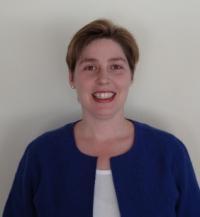
Jennifer Kiehl, MA
PhD
About Presenter
Jennifer Kiehl (she/her) is a Marriage and Family Therapist and Professional Clinical Counselor based in Los Angeles, California. She is an Adjunct Professor in the Counseling Department at Palo Alto University and is also currently pursuing her PhD in Counselor Education and Supervision at PAU. Jennifer provides long-term individual, couples, and family therapy in both community mental health and private practice settings. Her clinical work focuses on supporting the HIV/AIDS community and serving LGBTGEQIAP+ individuals, couples, and families, particularly creatives, athletes, and victim-survivors of child sexual abuse.
Her clinical practice is rooted in humanistic values and integrates modalities such as Adlerian, Gestalt, Internal Family Systems (IFS), Gottman, Narrative, and Expressive Arts therapies to support client growth and insight. Jennifer’s research and professional interests include athlete mental health, the integration of creative and experiential methods in therapy and counselor education, and advancing inclusive practices for the LGBTGEQIAP+ community, including efforts to reduce heteronormative bias in couples assessment and treatment.
She is an active member of professional organizations, including the American Counseling Association (ACA), American Psychological Association (APA), California Association of Marriage and Family Therapists (CAMFT), Association for Counselor Education and Supervision (ACES), Association for Assessment and Research in Counseling (AARC), Association for Creativity in Counseling (ACC), Association for Humanistic Counseling (AHC), Society for Sexual, Affectional, Intersex, and Gender Expansive Identities (SAIGE), and the Association of Counseling Sexology and Sexual Wellness (ACSSW). Her approach to teaching emphasizes collaboration, creativity, and the value of diverse perspectives in fostering both personal and professional growth.

Jennifer Phillips, PhD
PhD
About Presenter
Presenter biography will appear here.
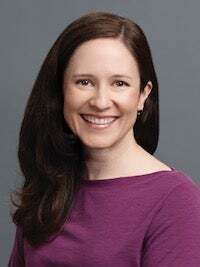
Jila Behnad
PhD
About Presenter
Jila Behnad is an Iranian American Licensed Marriage and Family Therapist who graduated from JFK University. She is currently pursuing a Ph.D. in Culture and Diversity.
Jila is certified by the International Center of Excellence in Emotionally Focused Therapy (ICEEFT) as a Certified EFT Therapist and Supervisor. She is also trained in EMDR, CBT, ACT, and DBT.
Jila Behnad is CEO and Founder of Raha Foundation, a non-profit mental health organization in Northern California.
Jila is also the founder of the Iranian EFT Community in Iran.
She created the “Can You See Me?” workshop to help therapists better understand the immigration experience and to identify the unique mental health challenges faced by immigrant clients.
Jila loves her job and believes the secret of happiness is in helping others. She hopes people can embrace their most basic universal human attachment needs without fear of persecution or marginalization because of religion, race, ethnic or national origin, sexual/affectional orientation and preferences, gender expression, family structure, age, class, mental health, physical character or disability.
In 2020, Jila received the John Douglas Award from Dr. Sue Johnson for her efforts in helping grow EFT and bringing more diversity to the EFT community.
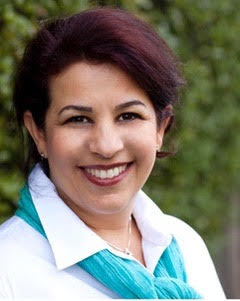
John Liedecke, PhD
PhD
About Presenter
Presenter biography will appear here.
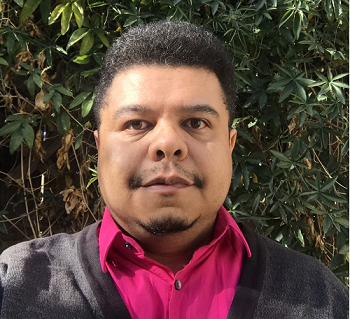
Jonathan R. Peretz, PsyD
PhD
About Presenter
Dr. Jonathan Peretz earned his Psy.D. in Clinical Psychology from Rutgers University’s Graduate School of Applied and Professional Psychology (GSAPP) in January 2001. He began his graduate teaching career at Rutgers University’s Graduate School of Applied and Professional Psychology in 2004, moved to Northern California in 2010, and began teaching at PAU 2012. He maintains a strong clinical focus and has worked on the staff of university counseling services at Livingston College at Rutgers University, the University of California at Davis, and the University of California at Berkeley. In addition to his faculty role at PAU, Dr. Peretz maintains a small private practice in San Francisco where he works with adults and adolescents. His clinical interests include mood disorders, trauma, LGBT concerns, adolescent mental health, mindfulness, contemporary experiential psychodynamic therapy (including AEDP and TLDP), cultural responsiveness and change mechanisms in psychotherapy, and the use of psychedelics in the treatment of mental health concerns.
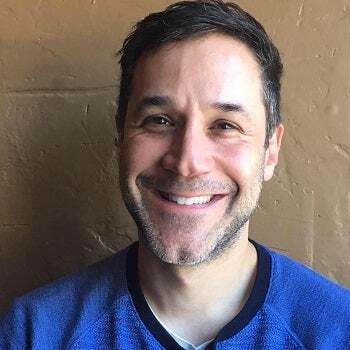
Jorge Rosales Lopez, PhD, CRC, LPC, NCC
PhD
About Presenter
Jorge Rosales Lopez (he/him/el) is a Scholar Educator Professor in the Counseling Department at Palo Alto University. He is a bilingual (English and Spanish) licensed professional counselor in Idaho, a national certified counselor (NCC), and nationally certified rehabilitation counselor (CRC). With a specialization in clinical rehabilitation and clinical mental health counseling, he has rendered bilingual counseling services to historically underserved individuals in private and community settings. As a private practice owner, he continues to apply his clinical expertise while maintaining his academic responsibilities.
Growing up in a predominately Latine community, he witnessed first-hand the need for accessible and culturally sensitive helping services offered to marginalized groups. A hope of his is to continue to serve the Latine community through collaborative efforts and comunidad. Through his experience community or, comunidad, efforts have proven to be such a great way of both connecting and serving the Latine population.
His professional interests seek to continue expanding the availability of culturally sensitive resources and services to marginalized populations. His research interests include exploring multicultural sensitivity, serving the Latin(a/o/e) population, liberation oriented research, Relational Cultural Theory, social justice, & disability. He currently strives to advance inclusive excellence efforts within the counseling profession through serving with the Western Association of Counselor Education & Supervision's subcommittees and as Western Regional Representative of the Association of Multicultural Counseling and Development. He regularly presents at national and regional conferences, sharing his research and clinical insights with the broader counseling community.
He previously has earned a scholarship from the US Department of Education's Rehabilitation Services Administration Scholarship Program and was selected as a 2022-23 NBCC Doctoral Minority Fellow for the National Board for Certified Counselors and Affiliates. He has also served as a mentor for the NBCC Foundation, supporting the next generation of counseling professionals. As a MFP doctoral fellow, his professional aspirations seek to continue expanding and advocating for the availability of resources to overlooked and underserved communities.
Se Feliz
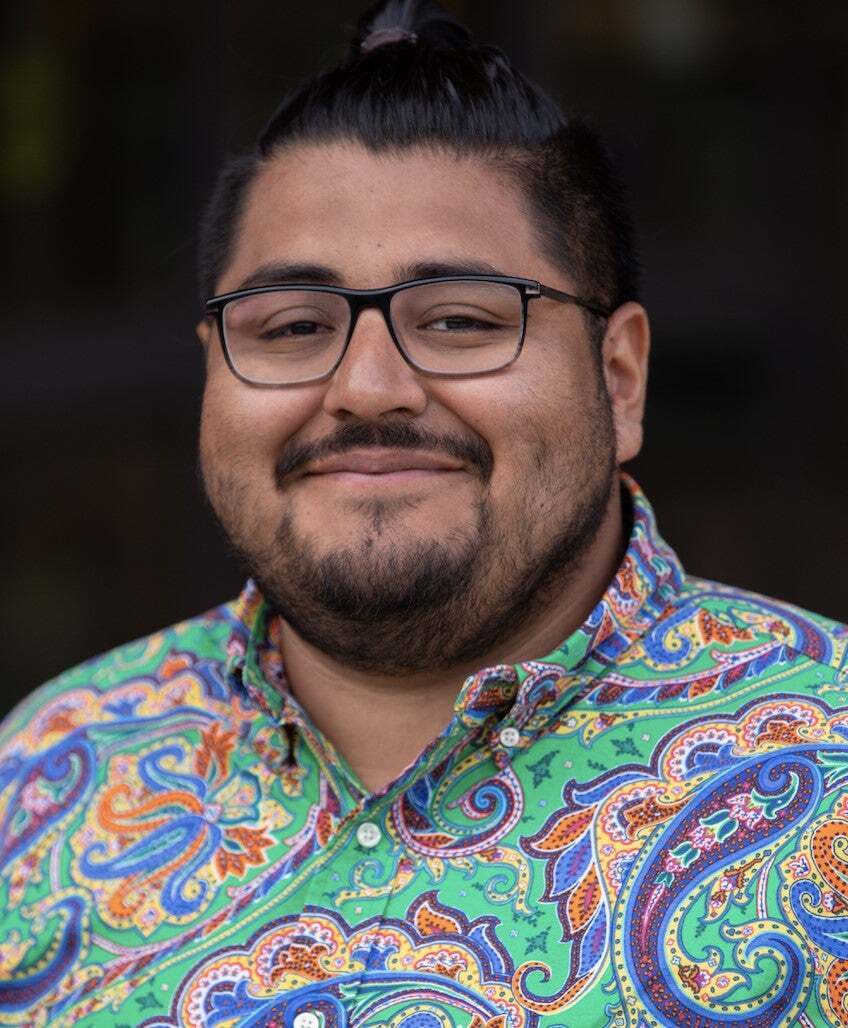
Josef I. Ruzek, PhD
PhD
About Presenter
Dr. Joe Ruzek is a Founding Director of the Early Intervention Clinic, a research clinic of Palo Alto University which provides brief counseling services to individuals who have experienced a traumatic event within the last two years. Along with co-founder Dr. Matthew Cordova, he supervises PhD student trainees in clinic-based psychotherapy and research.
Dr. Ruzek is a clinical psychologist specializing in treatment of post-traumatic stress problems. He currently serves as Director of the Dissemination and Training Division of the U.S. Department of Veterans Affairs National Center for PTSD. He is coeditor of two editions of Cognitive-Behavioral Therapies for Trauma, and a contributing author for the National Center for PTSD’s Iraq War Clinician Guide. He is also a co-editor of Caring for Veterans with Deployment-Related Stress Disorders: Iraq, Afghanistan, and Beyond, published by the American Psychological Association. Dr. Ruzek is a past member of the (VA) Undersecretary’s Special Committee on PTSD and a past member of the Board of Directors of the International Society for Traumatic Stress Studies. He is a member of the team that developed the joint Veterans Affairs–Department of Defense Clinical Practice Guidelines for Management of Traumatic Stress, and has been a lead for the national implementation of Prolonged Exposure evidence-based PTSD treatment within the Veterans Health Administration.
Dr. Ruzek specializes in early intervention for trauma survivors and has been active in development and evaluation of early preventive interventions for disaster and terrorism survivors, returning Iraq War personnel, and patients seen in hospital trauma centers. He is an author of the Psychological First Aid field guide created jointly by the National Center for PTSD and the National Child Traumatic Stress Network for the SAMHSA Center for Mental Health Services. He is also an author of Skills for Psychological Recovery, a manualized approach to crisis counseling. He is co-chair of the Early Intervention special interest group of the International Society for Traumatic Stress Studies. In recent years, he has been working to develop technology interventions for prevention and treatment of PTSD, including afterdeployment.org, a Congressionally-mandated site for returning Veterans and their families, and PTSD Coach, an educational smartphone app designed to assist individuals with PTSD in managing their acute distress.
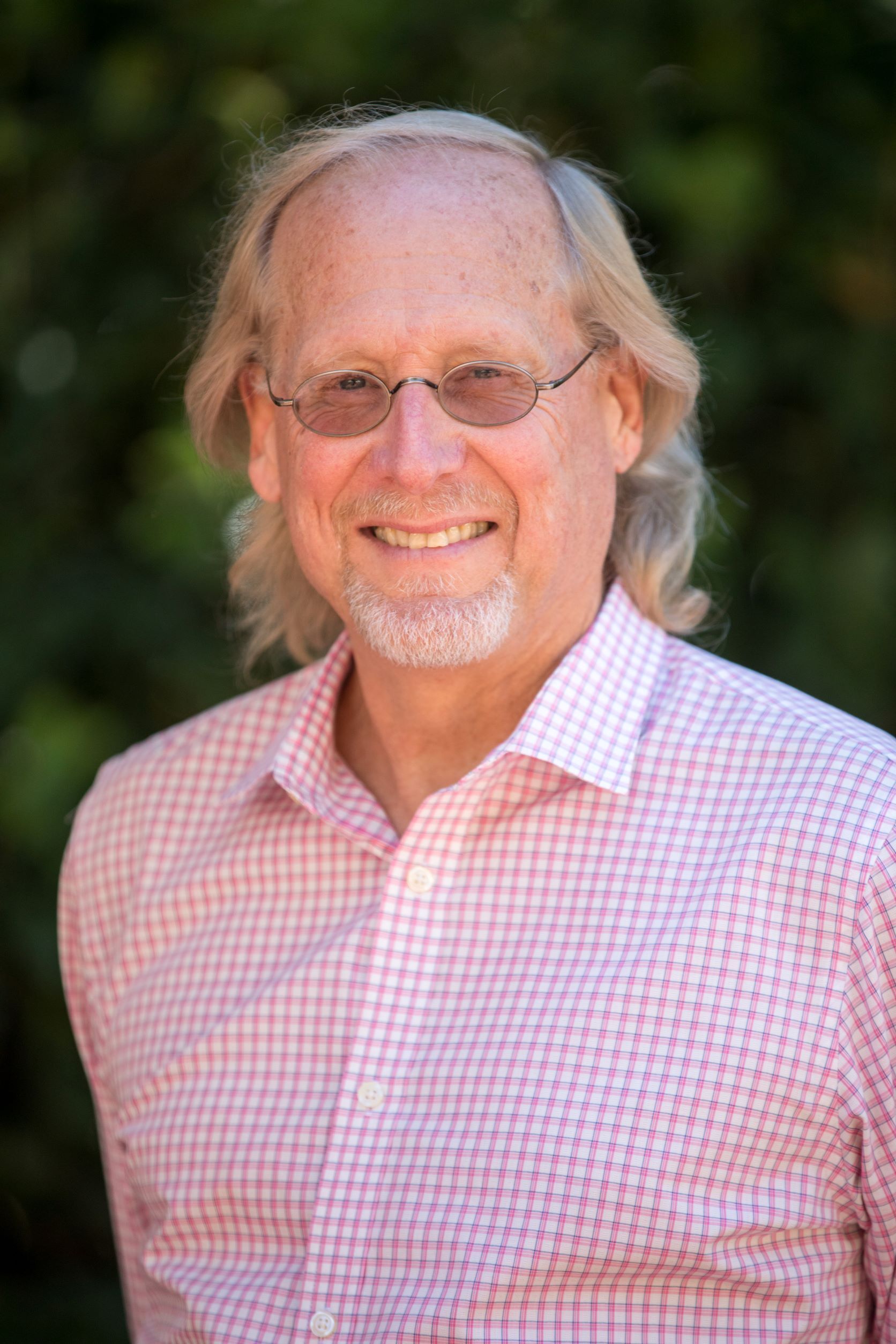
Joyce P. Chu, PhD
PhD
About Presenter
Joyce Chu, PhD, is a Professor at Palo Alto University. She earned her B.A. and M.A. in psychology at Stanford University, her PhD in clinical psychology from the University of Michigan, and did a postdoctoral fellowship at the University of California, San Francisco. Dr. Chu co-leads the Multicultural Suicide and Ethnic Minority Mental Health Research Groups at PAU, and is also Director of the Diversity and Community Mental Health (DCMH) emphasis which trains future psychologists to work with underserved populations in the public mental health sector. Under her leadership, the DCMH emphasis received awards for innovative practices in graduate education in psychology in 2011 by both the American Psychological Association Board of Educational Affairs, and the National Council of Schools and Programs of Professional Psychology. Dr. Chu also co-directs PAU’s Center for Excellence in Diversity, which was founded in 2010 by Dr. Stanley Sue. At PAU, she is an associated researcher with the Center for LGBTQ Evidence-based Applied Research Group.
Dr. Chu’s work is focused around depression and suicide in ethnic minority adult and geriatric populations, particularly in Asian Americans. Her work is community-collaborative and aims to understand barriers to service use and develop culturally congruent outreach and service options for Asian Americans and other underserved communities. She has an interest in advancing the assessment and prevention of suicide for cultural minority populations, and has published a cultural theory and model of suicide with her collaborators Peter Goldblum and Bruce Bongar. As part of this work, she and her colleagues have developed a tool to assist clinicians in accounting for cultural influences on suicide risk.
In 2012, Dr. Chu received the APA Division 12 Samuel M. Turner Early Career Award for Distinguished Contributions to Diversity in Clinical Psychology. In 2013, she was awarded the AAPA Early Career Award from the Asian American Psychological Association (AAPA).
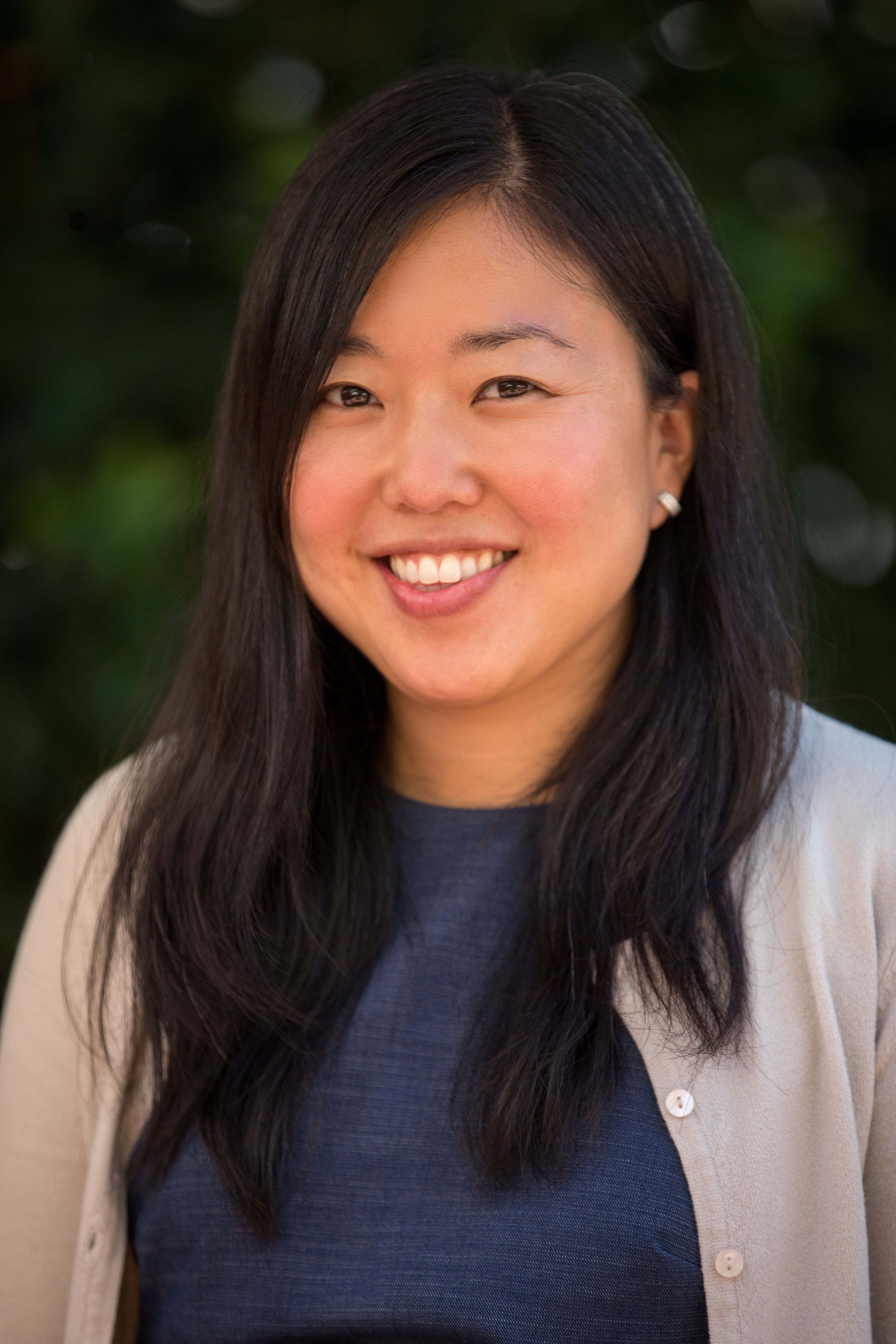
Karen Osilla, PhD
PhD
About Presenter
Presenter biography will appear here.
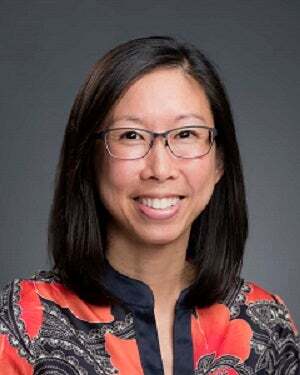
Karen Roller, PhD, MFT
PhD
About Presenter
Karen learned Spanish in school and living abroad in Spain and Latin America, and is still learning more nuance after 45 years of practice. She found upon launch to Practicum that this would define her clinical career because of the tsunami of unmet need for language-concordant services, so she developed Bilingual Certification in Spanish for Counseling department students.
Among her greatest blessings is to be embedded in a network of Latinx colleagues, clients, and students who have been raised in communalism and are driven by love for the greater good. The generosity of clients, students, and loving colleagues keeps her wanting to grow and be useful to more people. She finds that practitioners called to global mental health outreach embody a selflessness to which she aspires, and she will never have words to adequately describe her appreciation for the communities that trust such workers with the rawness of their pain.
Her clients have proven to her the universal necessity of secure attachment to cope with injustice and trauma, so she studies everything possible to facilitate that security wherever possible.
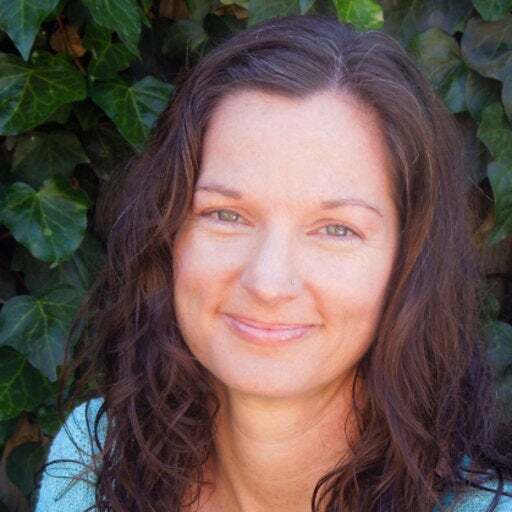
Katelyn Gosnell Richey, PhD
PhD
About Presenter
Presenter biography will appear here.
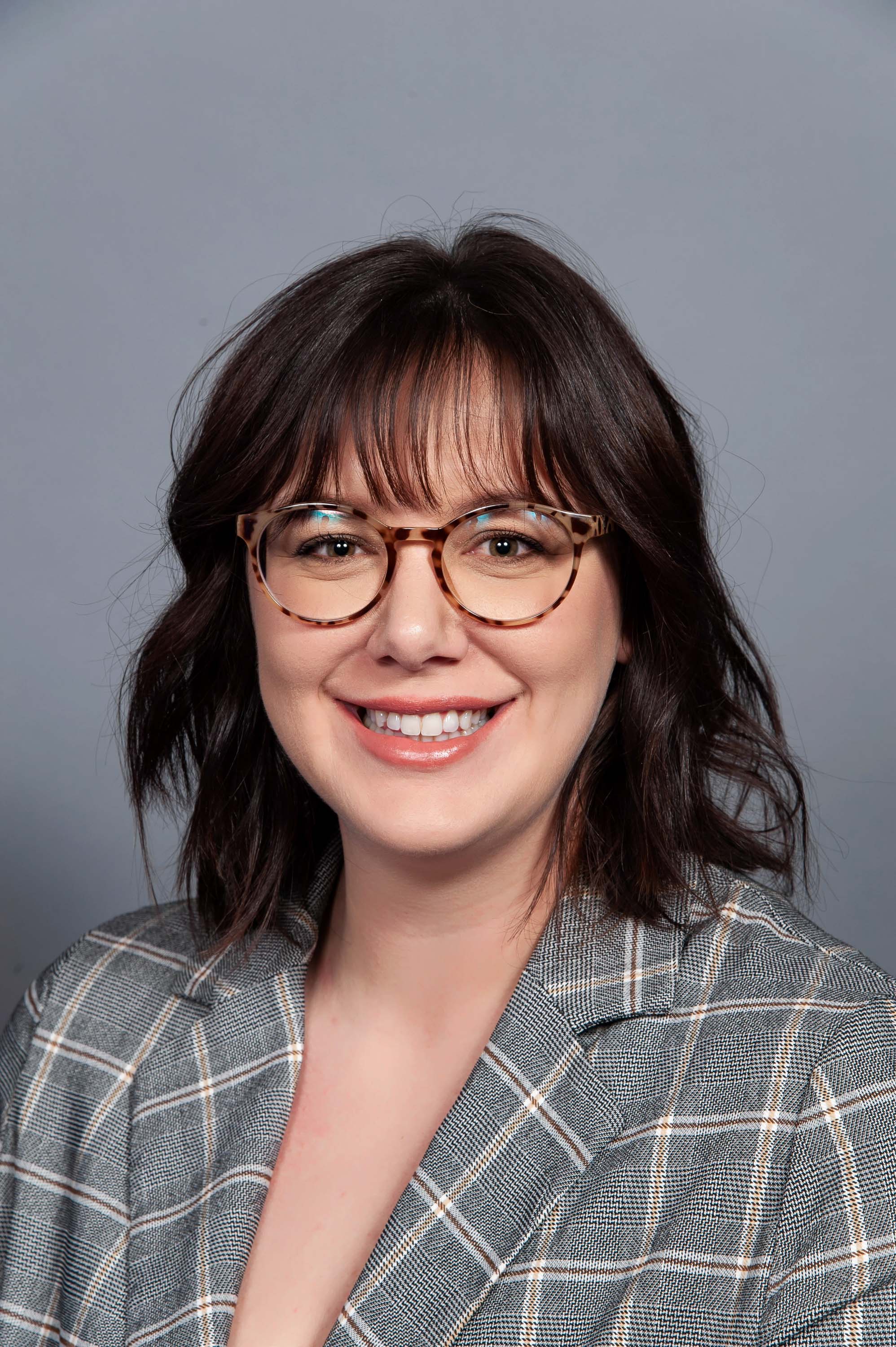
Kayleigh Watters, PhD
PhD
About Presenter
Dr. Kayleigh Watters is an Assistant Professor at Palo Alto University and a licensed clinical psychologist in California (PSY 34749). She directs the Trauma, Diversity, and Systemic Change (TDSC) lab, where her research focuses on complex trauma, the impact of discrimination on trauma symptoms, sexual violence, and barriers to seeking services or reporting sexual violence. As an applied researcher, Dr. Watters uses research outcomes to advocate for changes in various settings.
Dr. Watters teaches courses in statistics, substance use, trauma, and psychopathology. Her expertise spans PTSD, complex trauma, grief, anxiety, and depression, developed through extensive training at institutions including the San Francisco VA and StarVista.
She earned her doctoral degree in clinical psychology with an emphasis in adult trauma from Palo Alto University. Dr. Watters completed her predoctoral internship at Oregon State University and her postdoctoral fellowship at Stanford University's Department of Psychiatry and Behavioral Sciences.
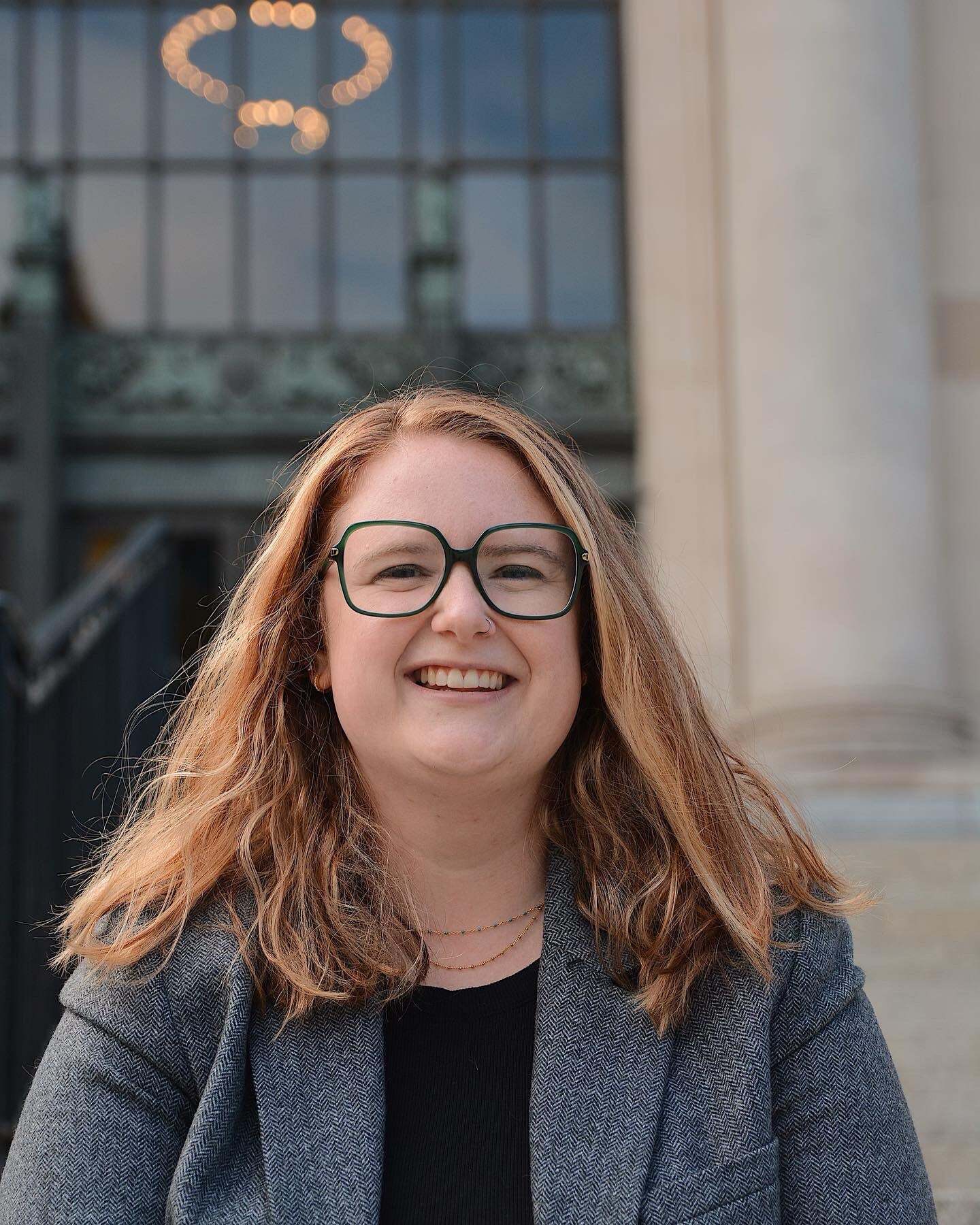
Kelly Coker, PhD, LCMHC, BC-TMHC
PhD
About Presenter
Dr. Kelly Coker (she/her) is a professor in the Counseling Department at Palo Alto University and also serves as the Faculty Senate Chair at PAU. Dr. Coker has been a counselor educator for more years than she can count and as part of this work, has published and presented a lot.
She loves to encourage emerging counselors to be their best selves and to always strive to meet their clients where they are. Dr. Coker is particularly excited these days by considering how lifespan development, particularly older adult development, through a cultural and contextual lens can directly inform our work with clients.
As a licensed clinical mental health counselor (LCMHC) in North Carolina, Dr. Coker works with adult clients in a small, tele-mental health private practice. On a personal note, she is also a fierce and loyal wife, mother, sister, daughter, and aunt, and friend. She believes in advocacy, taking an anti-racist stance in education, society, and life, and acknowledges that she is humbly still learning, growing, and evolving.
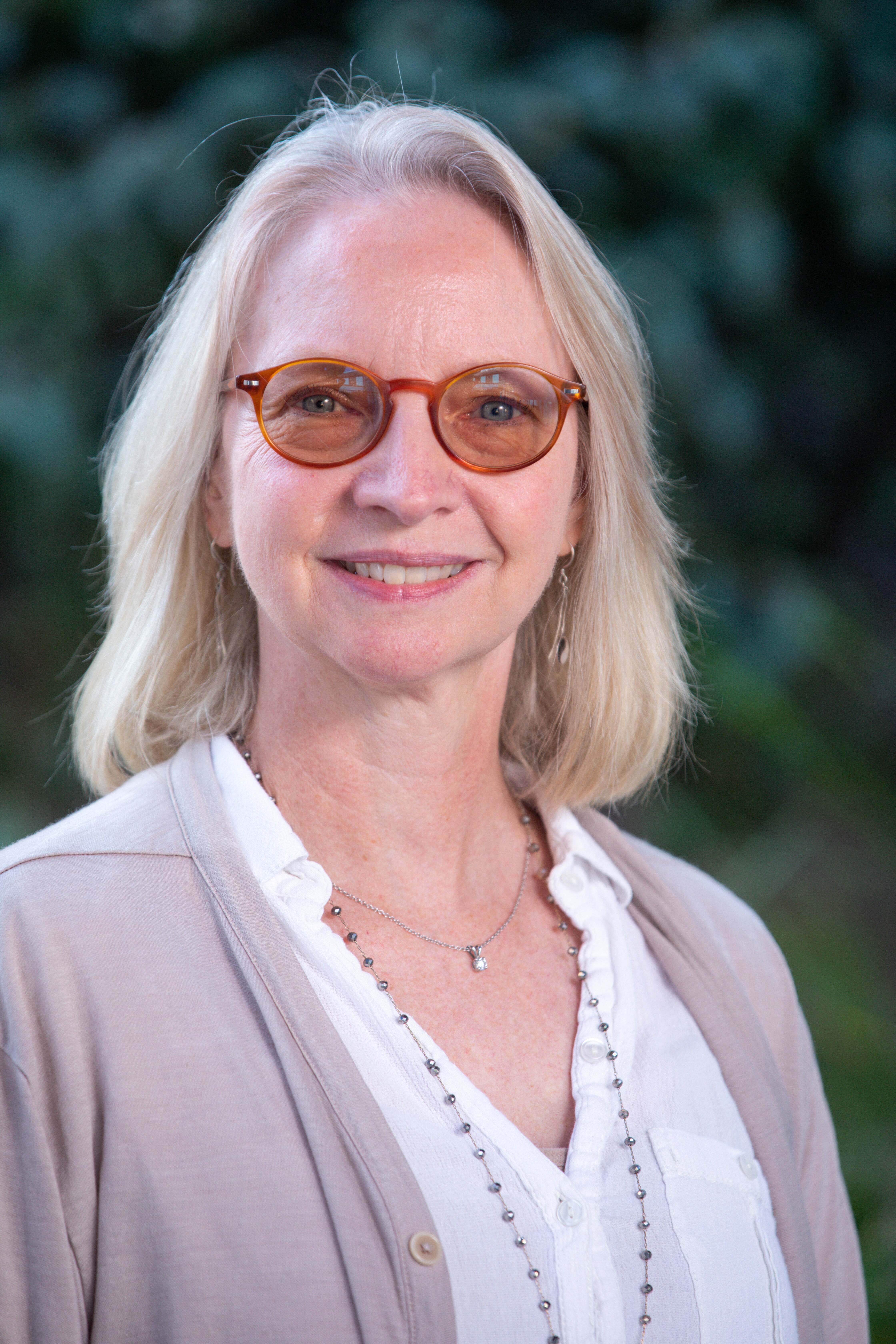
Kevin Valencia, LMFT
PhD
About Presenter
Kevin Valencia received his Master’s degree in Counseling, Marriage, Family, and Child Therapy from the University of Phoenix. He is a Licensed Marriage and Family Therapist (LMFT) and practices independently. Much of his clinical experience is in the area treating individuals with severe and persistent mental illness such as schizophrenia, schizoaffective, and mood disorders. He has worked for county-contracted clinics for many years and has experience in start-up with non profit organizations. While working at county contracted agencies, Kevin supervised over thirty mental health workers and five clinicians. He has worked alongside Orange County mental health and other agencies within that county to relocate the homeless and link to services during the riverbed cleanup. Other agencies he has worked alongside include Illumination Foundation, Salvation Army, and JCRP (Jail to Community Release Program). Working alongside these agencies has gained him experience in navigating the mental healthcare system. While working at Be Well OC, he worked alongside police departments to start-up a crisis van program which is continuously growing. Although much experience with Orange County mental health and non-profit organizations, his true passion is to mentor people, watch them grow, and provide guidance when necessary.
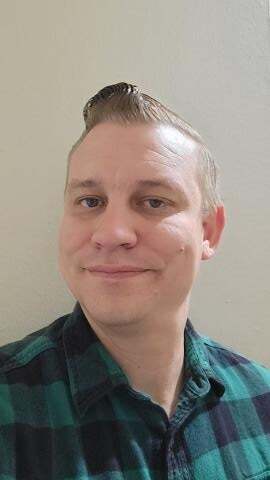
Kim Keating, MA
PhD
About Presenter
Kim Keating received her bachelor's degree, magna cum laude, from the University of Southern California’s School of Journalism. After a seven-year stint in advertising, she earned a master's degree in marriage and family therapy from the Phillips Graduate Institute. She has been a licensed Marriage and Family Therapist (LMFT) since 1994, working in a variety of clinical settings, including private practice, community-based organizations, and government settings (both home-based services and locked residential facilities). She specializes in trauma-informed care with justice-involved youth and their families. In addition to experience providing therapy in individual, group, and family modalities, she has provided clinical supervision to pre-licensed forensic psychology interns and staff employed by the Los Angeles County Probation Department.
Ms. Keating has been involved as a faculty member in higher education since 2005. She joined Palo Alto University in 2022. She has taught, both online and on-ground, at other graduate-level therapy and psychology programs, earning several commendations, including faculty award of excellence, faculty of the year, and outstanding faculty. She spent several years participating with the California MFT Consortium, where she collaborated in developing comprehensive delivery of clinical training programs for graduate students.
In addition to teaching and working in the trauma-informed field, Ms. Keating enjoys coaching swimmers, ranging from beginners to open-water competitors, helping fine-tune their peak performance abilities
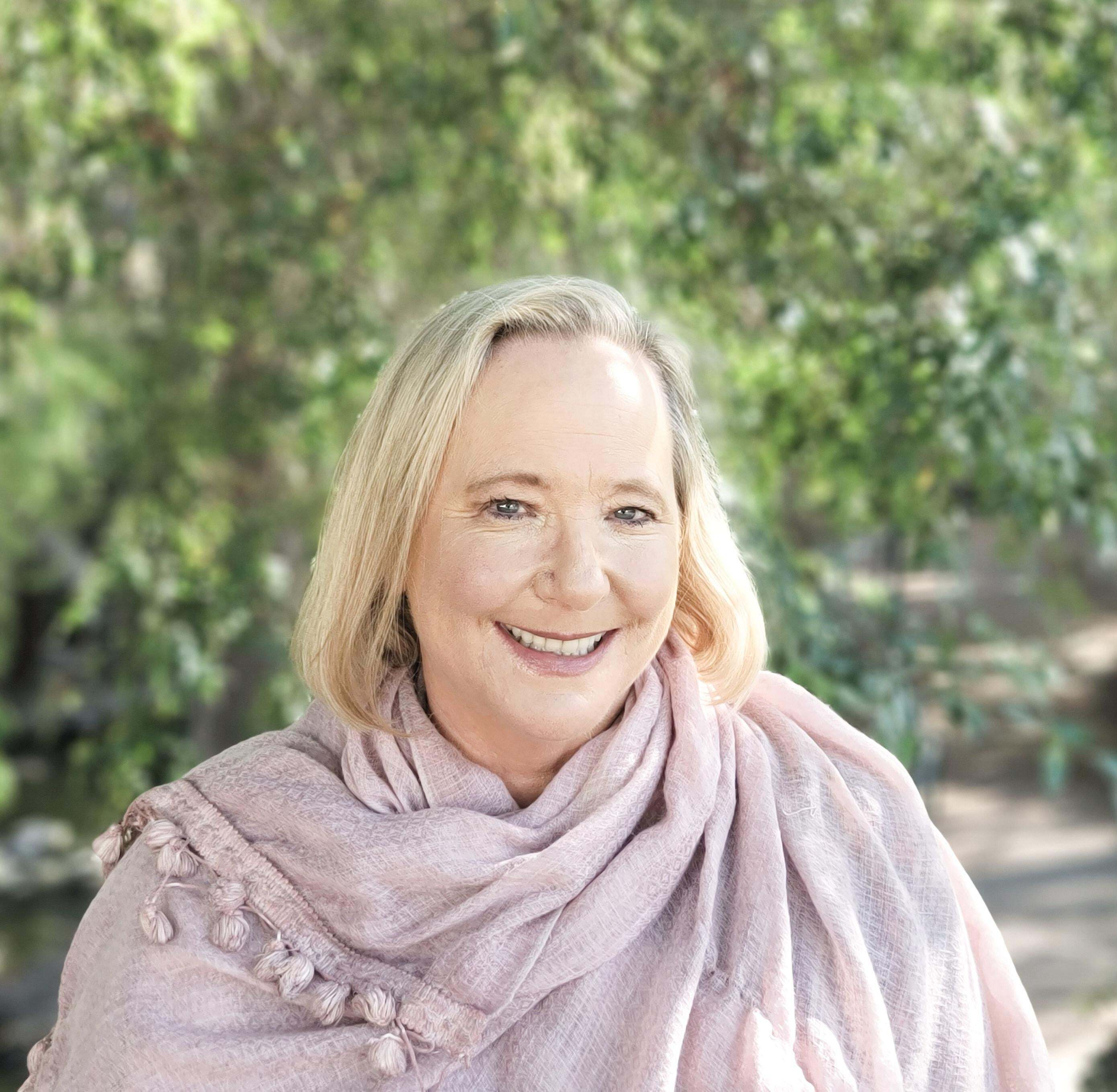
Kimberly Balsam, PhD
PhD
About Presenter
Kimberly F. Balsam, PhD, received her PhD in Clinical Psychology from University of Vermont in 2003 and her M.S. in Counseling Psychology from University of Oregon in 1994. She completed a predoctoral internship at the VA Puget Sound in Seattle, WA from 2002-2003, a postdoctoral fellowship at University of Washington from 2003-2006, and was Research Assistant Professor in the UW School of Social Work from 2007-2012.
Dr. Balsam’s research focuses broadly on the health and well-being of stigmatized populations, with an emphasis on ethnically diverse lesbian, gay, bisexual and transgender, and queer people. She has published over 50 peer-reviewed articles, many in top journals in the field of psychology. She has also authored numerous book chapters related to LGBTQ psychology and is the editor of the 2004 book Trauma, stress, and resilience among sexual minority women: Rising like the Phoenix. Dr. Balsam has been the principal investigator on grants funded by National Institutes of Health continuously since 2003. Most recently, she was awarded an R01 grant from NICHD to conduct a 10 year longitudinal follow up study of same-sex and heterosexual couples previously surveyed in 2001-2 (R01HD069370, Longitudinal study of legal status, stigma, and well-being among diverse couples). CUPPLES Study. Current projects in collaboration with students include studies of Compassion Cultivation Training with LGBTQ adults, transgender and gender nonconforming parents, emotion and behavior among transgender and cisgender adults, and gender diversity/non-binary gender within LGBTQ communities. Dr. Balsam supervises student research in the RISE (Research on Intersectional Sexual and gender minority Experiences) lab. RISE.
Dr. Balsam is Past President of APA’s Division 44 (Society for the Psychology of Sexual Orientation and Gender Diversity) and is currently Co-Chair of the Division 44 Task Force on Racism. She is also a Fellow of this Division and was the 2010 recipient of their Distinguished Scientific Contribution Award. Her presidential columns detailing her activities during her presidential year, which focused on intersectionality, non-binary identities, mentoring, and dissemination can be found here http://www.apadivisions.org/division-44/publications/newsletters/division/2017/06/index.aspx
Dr. Balsam also has a 20-year history of clinical practice in a wide range of settings including community mental health, correctional, inpatient, and most recently private practice. Her clinical interests include cognitive behavioral therapy with adults experiencing depression, anxiety, and PTSD and couples therapy with same-sex and heterosexual couples.
At PAU, Dr. Balsam is Professor, Director of the LGBTQ Area of Emphasis, and Director of the Center for LGBTQ Evidence-Based Applied Research. She teaches research methods and clinically-oriented courses in the PhD program and psychopathology in the MS program.
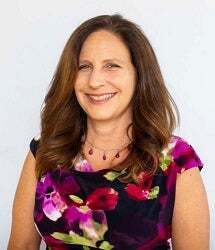
Kimberly Hill, PhD
PhD
About Presenter
Dr. Hill received her Ph.D. in Clinical Psychology from Ohio University. After completing her predoctoral internship at the Veterans Affairs Palo Alto Health Care System, she held a research coordinator position at the National Center for Post Traumatic Stress Disorder. She then completed her postdoctoral fellowship in the Psychiatry Department at the Stanford University School of Medicine where she currently serves as a Clinical Associate Professor. Dr. Hill has published articles and made presentations related to pain management, serious mental illness including Post Traumatic Stress Disorder, and sexual dysfunction.
Currently, Dr. Hill's time is divided across clinical, research, administrative, and teaching domains. In addition to her clinical work in the Psychosocial Treatment clinic at Stanford, she maintains a private practice in Palo Alto. Her current research interests include psychology training, chronic pain, insomnia/depression, social anxiety, and post-traumatic stress disorder. The remainder of her time is committed to Psychology Training. On a national level, she serves as the Chair of the Postdoctoral Membership Committee for APPIC as well as a committee member of the Postdoctoral Training Task Force. As the Director of Clinical Training for the PsyD Consortium, she directs all aspects of program development including curricula design, comprehensive exam development, dissertation requirements, diversity recruitment policy, APA self-study preparation, as well as student and faculty recruitment/selection. In addition, she teaches courses, provides clinical supervision, and offers professional development supervision/mentoring to students.
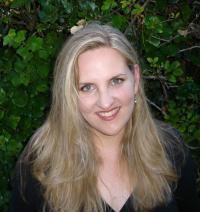
LaToya Smith, PhD, LPC (Texas)
PhD
About Presenter
Dr. LaToya Smith is an Assistant Professor at Palo Alto University and is a Licensed Professional Counselor in Texas. She currently lives in Houston, Texas but is a proud native of San Diego, California. She graduated with her Master's and Doctoral degrees from the University of North Texas. Her focus in her Master's program was CMHC.
Her clinical experience includes the following: Outpatient counselor and Assistant director at university-based counseling clinic, PRN Crisis counselor, Private practice counselor, and IOP/PHP Counselor/Site Supervisor. Her research has primarily been on various topics in diversity. Her areas of clinical interests are wellness and self-care, diversity issues, trauma, creativity in counseling.

Leonard Beckum, PhD
PhD
About Presenter
Leonard Beckum, PhD, is Associate Vice President for Academic Affairs and Professor of Psychology at the Palo Alto University and Stanford University. He devotes fifty percent time to the PhD program at the Pacific Graduate School for Psychology and fifty percent time to the PsyD program at the Stanford Medical Behavioral Science Center.
Dr. Beckum’s professional experience includes: Director of WestEd's Center for Educational Equity and Director of the Region IX Equity Assistance Center; Associate Laboratory Director and Principal Investigator at Far West Laboratory for Research and Development; Dean of the School of Education, City College, the City University of New York; Vice President and Vice Provost and Professor of Public Policy Studies, Duke University.
He has also been a vocational/technical high school teacher, a criminal justice instructor, a community organizer, a San Francisco Police Officer and an evaluator and technical assistance provider for the 21st Century Community Centers Program.
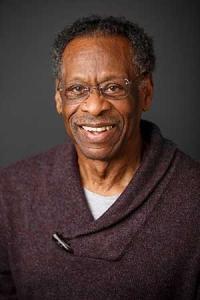
Lisa M. Brown, PhD, ABPP
PhD
About Presenter
Lisa M. Brown, PhD, ABPP is a tenured Professor, Director of the Trauma Program, Director of the Risk and Resilience Research Lab and the Peace and Human Rights Lab at Palo Alto University, and faculty advisor for the Association of Traumatic Stress Studies. Her clinical and research focus is on trauma and resilience, global mental health, aging, and vulnerable populations. As a researcher, she is actively involved in developing and evaluating mental health programs used nationally and internationally, crafting recommendations aimed at protecting individuals and communities during catastrophic events, facilitating the participation of key stakeholders, and improving access to resources and services.
During the past two decades, Dr. Brown has served on numerous state, national, and international boards, committees, and commissions. She served as the Assistant Clinical Director of Disaster Behavioral Health Services, Florida Department of Health, and has conducted program evaluations of the Substance Abuse Mental Health Services Administration (SAMHSA) and Federal Emergency Management Agency (FEMA) crisis counseling programs.
Dr. Brown has served on the Disaster Mental Health Subcommittee of the National Biodefense Science Board Federal Advisory Committee and the Centers for Medicare & Medicaid Services (CMS) Coronavirus Commission on Safety and Quality. She was recently appointed to the National Advisory Committee on Seniors and Disasters, Health and Human Services (HHS).
Dr. Brown is a Fellow of the Gerontological Society of America and American Psychological Association Division 20. She is the recipient of two Fulbright Specialist awards with the University of the West Indies, Mona, Jamaica (2014) and Massey University, Palmerston North, New Zealand (2015).
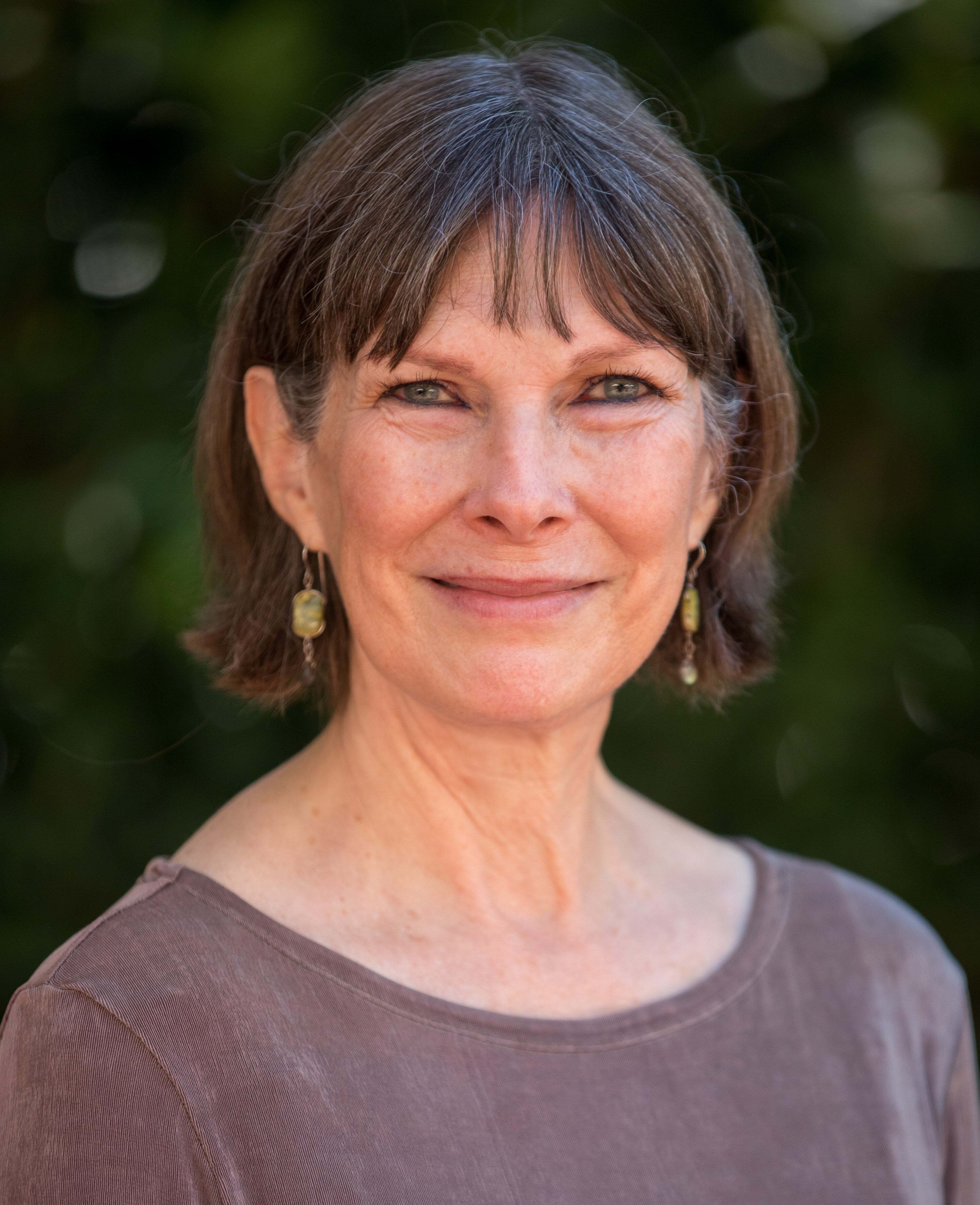
Liz McConnell, PhD
PhD
About Presenter
Elizabeth (Liz) McConnell, PhD (she/her or they/them) is a faculty member teaching primarily in the PhD program at Palo Alto University. She completed her doctoral work in clinical-community psychology at DePaul University in Chicago. She also completed a three-year Ruth L. Kirschstein National Research Service Pre-doctoral Fellowship (F31) Award from the National Institute on Drug Abuse with Northwestern University's Institute for Sexual and Gender Minority Health and Wellbeing. Dr. McConnell completed her doctoral internship at the University of Oregon Counseling Center, where she completed a rotation in Training and Supervision and served on the Gender Support Services team.
Dr. McConnell’s clinical interests include training and supervision, relational concerns, trauma-informed approaches, group therapy, and sexual and gender minority mental health. At PAU, she supervises students in the Sexual and Gender Identities Clinic within the Gronowski Center.
Dr. McConnell is a core faculty member in the Center for Evidence-based Applied Research (CLEAR). Her research focuses on relational and structural influences on the health and wellbeing of intersectionally diverse sexual and gender minority populations using a variety of methodological approaches, including social network analysis and mixed-methods. She is a member of Divisions 9, 27, 35, 44, and 45 of the American Psychological Association.
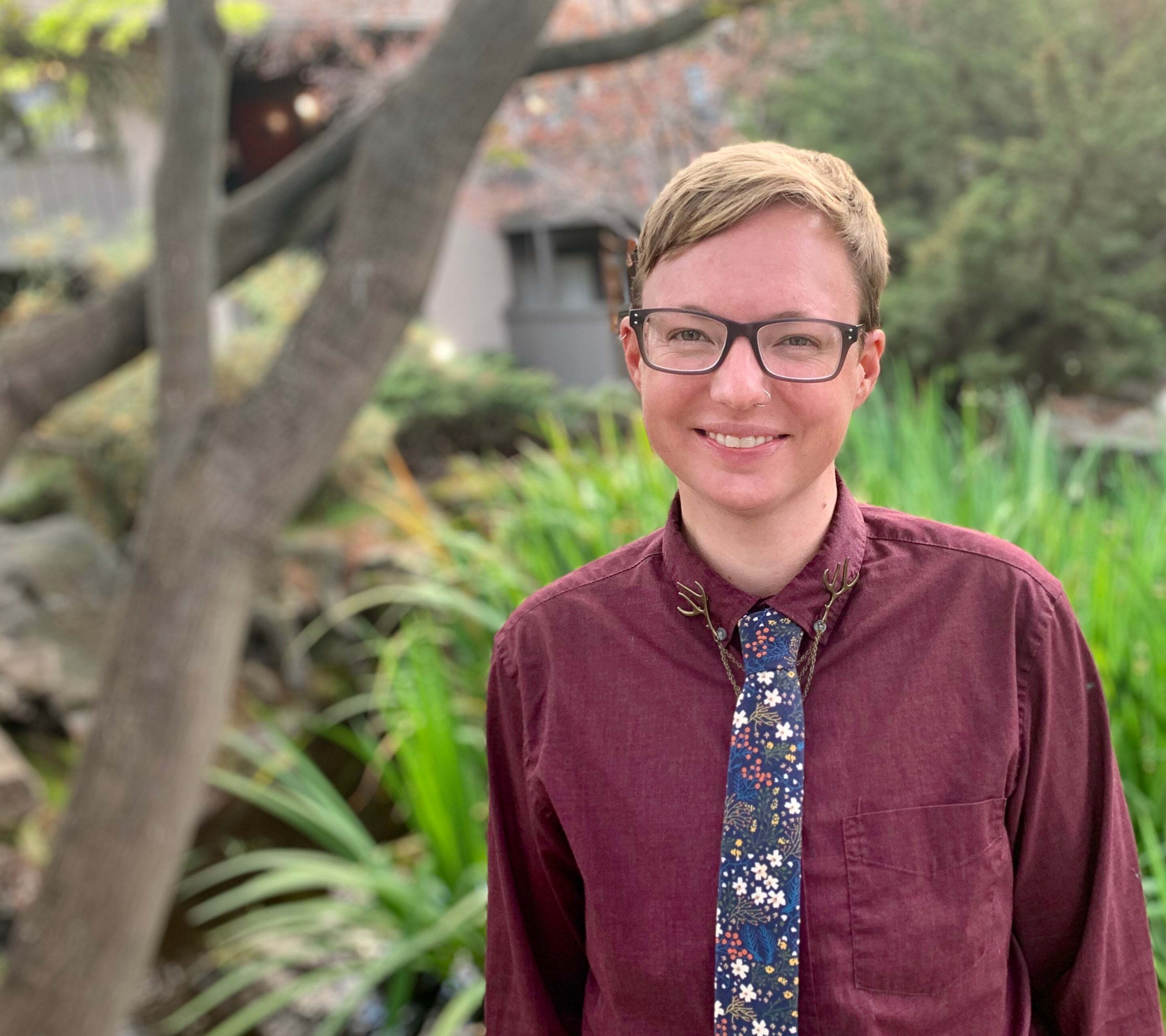
Lynn C. Waelde, PhD
PhD
About Presenter
Dr. Waelde’s clinical and research interests focus on therapeutic applications of meditation and on predictors and manifestations of stress disorders. Her research has addressed the effectiveness of meditation for people facing diverse health and mental health issues. The Inner Resources (IR) protocol (Waelde, 2005) has been successfully tested for its effects on stress symptoms, substance use disorders, and quality of life in a series of collaborative clinical trials involving Hurricane Katrina survivors in New Orleans, women dementia family caregivers, persons with chronic depression, and veteran and active duty military personnel.
Dr. Waelde’s trauma research interests focus on relationships of stressor characteristics and individual differences to manifestations of posttraumatic stress disorder (PTSD). Her collaborative research has addressed issues such as subtypes of combat-related PTSD, the assessment and impact of race-related stress on different ethnic groups, and the impact of personal and cultural trauma on peacebuilding efforts.
Dr. Waelde is the founder and director of the Inner Resources Center of the Kurt and Barbara Gronowski Psychology Clinic of Palo Alto University. Center staff conduct psychoeducational programs, clinical interventions, professional training, and research concerning the applications of mind-body therapies, especially meditation, for mental, emotional, physical, and spiritual well-being. She developed the Inner Resources meditation program so that the powerful techniques of meditation and mindfulness could be adapted to meet the specialized needs of people with health and mental health issues. More than 2,000 people have received training in IR meditation and clinicians are using it nationally and internationally for self- and client care. Dr Waelde also founded and directs the Meditation and Psychology Emphasis for students in the clinical psychology PhD program at Palo Alto University. The Emphasis provides clinical and research training concerning mind-body approaches to health and well-being.
Dr. Waelde is a New Orleans native who received a bachelor’s degree in psychology and a master's degree in anthropology from Louisiana State University. She received a doctorate in Developmental Child Clinical Psychology from the University of Colorado at Boulder. She completed predoctoral internship at the VA Medical Center in New Orleans, where she completed training as a PTSD specialist. Dr. Waelde has been a lifelong student of hatha yoga and meditation.
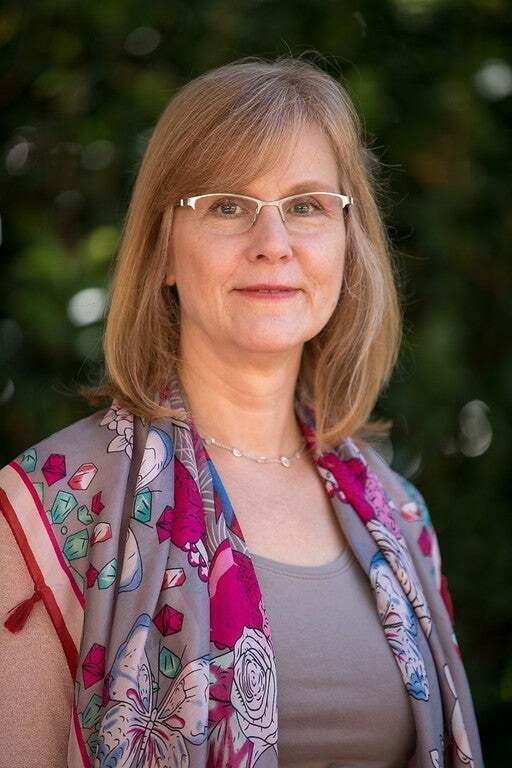
Margaret Lamar, PhD
PhD
About Presenter
Dr. Margaret Lamar is a board-certified, licensed professional counselor with a background in university and clinical mental health counseling. Her research is in the areas of maternal mental health, parental mental health, alcohol, and substance use during COVID-19, and research education in counselor education. She has several publications in this area and has been interviewed by various outlets, such as Counseling Today and The Thoughtful Counselor. Dr. Lamar is the current past-president of the Western Association for Counselor Education and Supervision.
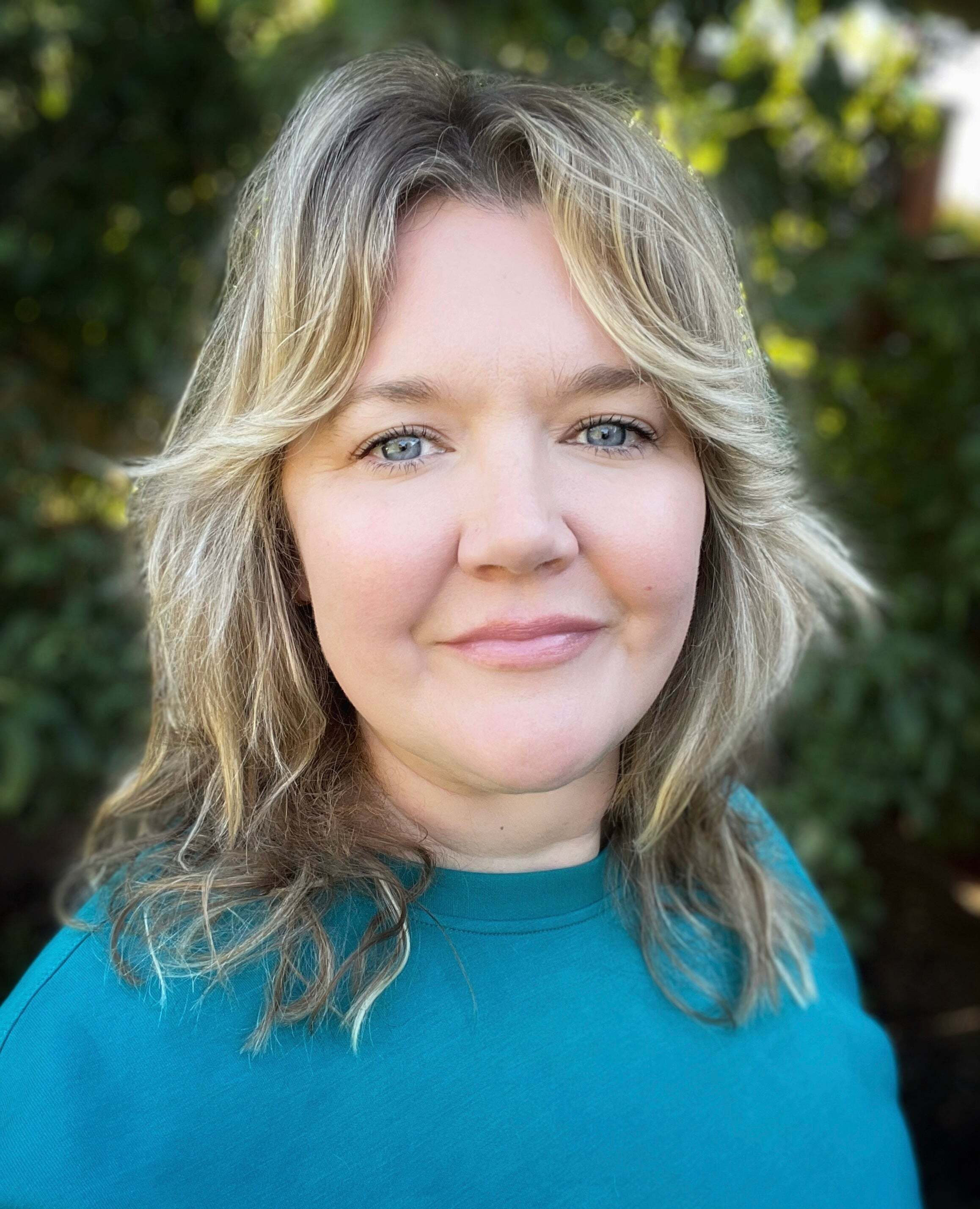
Martha Hernández, PhD
PhD
About Presenter
Presenter biography will appear here.

Mary L. Bartlett, PhD, LPC-S, NCC, CFLE
PhD
About Presenter
Presenter biography will appear here.
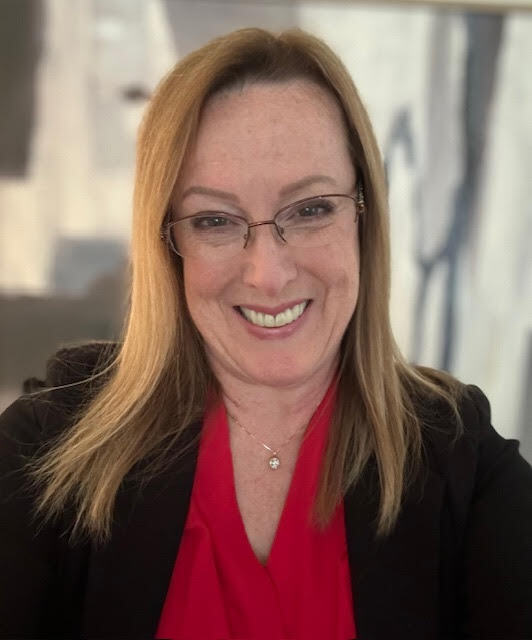
Maryasha Katz, LCSW
PhD
About Presenter
Presenter biography will appear here.
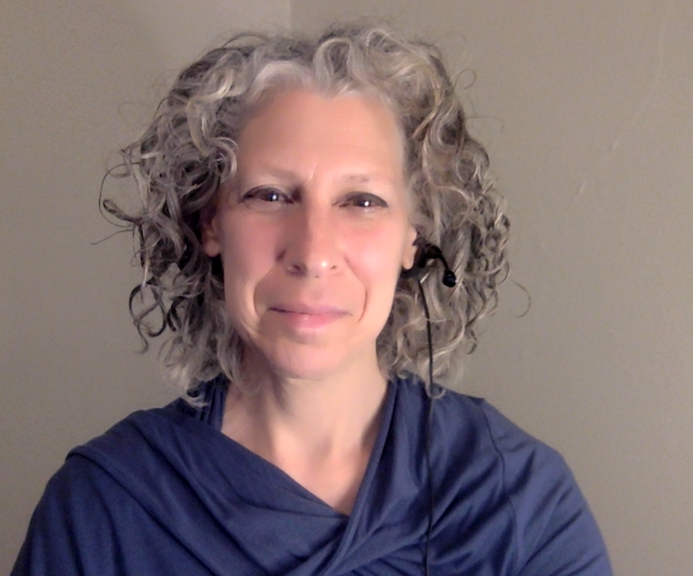
Matthew Cordova, PhD
PhD
About Presenter
Dr. Cordova received his PhD in 1999 from the University of Kentucky, where he worked closely with his mentors Michael Andrykowski, PhD, and Charlie Carlson, PhD, studying psychosocial adjustment to cancer and management of chronic pain. He completed his predoctoral internship, with an emphasis in Behavioral Medicine, at the VA Palo Alto Health Care System. He then completed a postdoctoral fellowship at Stanford University in the Department of Psychiatry and Behavioral Sciences, under the mentorship of David Spiegel, MD, and Janine Giese-Davis, PhD, and funded by a two-year postdoctoral fellowship grant from the California Breast Cancer Research Program. Dr. Cordova worked as a Staff Psychologist at the VA Palo Alto Health Care System from 2001-2007. Since 2007, he has been a Staff Psychologist at the VA Northern California Health Care System’s (VA NCHCS) Martinez Outpatient Clinic, providing Behavioral Medicine clinical services to Veterans. He is also the Mental Health Training Program Manager for VA NCHCS and the Training Director for the VA NCHCS-East Bay Psychology Internship and Postdoctoral Fellowship programs.
Together with Dr. Josef Ruzek, Dr. Cordova co-directs the Early Intervention Clinic (EIC), a PAU clinical research group dedicated to evaluating evidence-based psychotherapeutic approaches to prevent trauma-related problems in recently traumatized individuals. The EIC trains students in research methodology and in evidence-based therapies for traumatic stress and traumatic loss. Dr. Cordova's research interests are in Health Psychology, Behavioral Medicine, traumatic stress, and "positive" psychology. One focus of his research has been in psychosocial oncology, studying various aspects of quality of life in patients with cancer, including physical symptoms, aspects of social support, stress response symptoms, perception of personal growth, and effectiveness of support groups. Another focus has been on traumatic stress generally, including evidence-based approaches to early intervention, social cognitive processing models of adjustment to trauma, and traumatic loss.
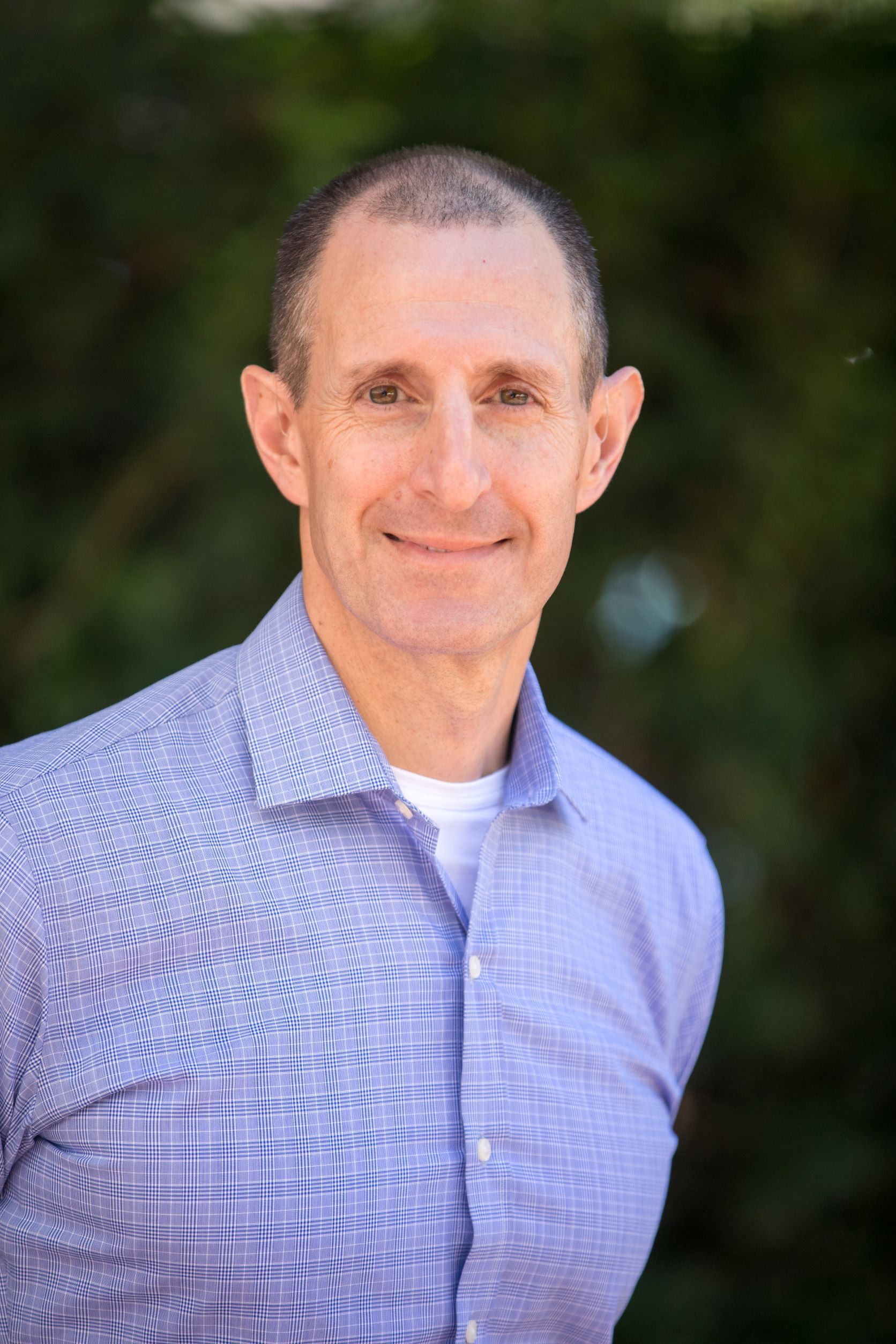
Matthew Yalch, PhD
PhD
About Presenter
Matthew Yalch, PhD, is a licensed therapist and assistant professor teaching primarily in the PhD program at Palo Alto University. After completing his graduate work in clinical psychology at Michigan State University, he completed his doctoral internship and postdoctoral fellowship at the San Francisco VA Health Care System, where he maintains clinical and research collaborations.
Dr. Yalch’s clinical interests include multi-method personality assessment, the treatment of PTSD and co-occurring conditions, and Motivational Interviewing. His primary research interest involves the intersection of personality and trauma, which often includes the application of advanced statistical methods. He is a member of the International Society for Traumatic Stress Studies, the Society for Personality Assessment, and several divisions 2, 32, 39, and 56 of the American Psychological Association.
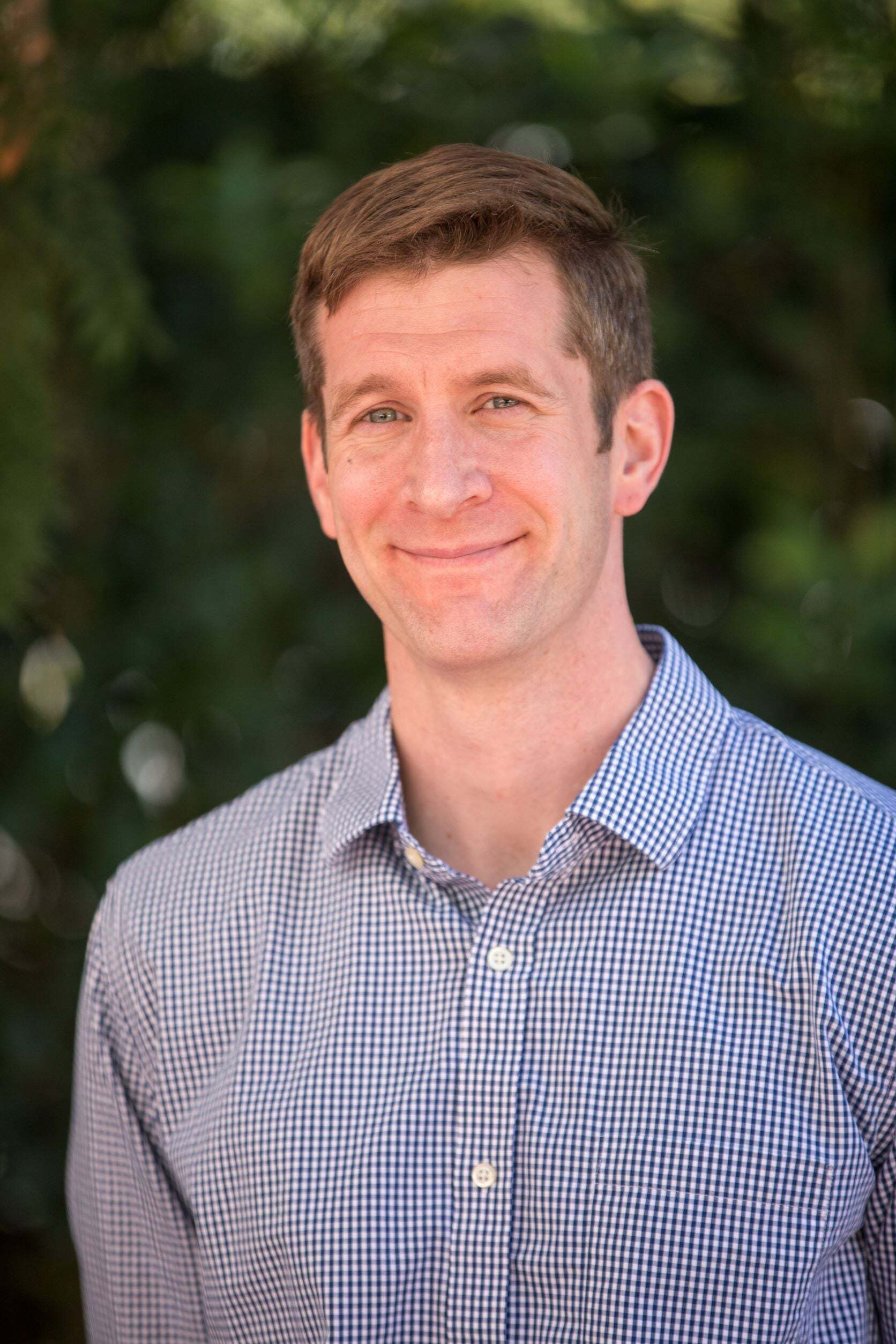
Megan Speciale, PhD
PhD
About Presenter
Dr. Megan Speciale is an Associate Professor in the Counseling Department at Palo Alto University. She received her PhD in Counselor Education (CACREP) from the University of New Mexico, where she served as the Clinical Coordinator at the UNM Manzanita Counseling and Training Center and co-founded the LGBTQ Counseling Center at the UNM LGBTQ Resource Center.
Megan has worked as a professional counselor, supervisor, and advocate in a variety of community settings, focusing primarily on lesbian, gay, bisexual, transgender, queer, intersex, and asexual (LGBTQIA) populations and sexual health, wellness, and intimacy. As a counselor educator, she draws from social justice and equity-centered pedagogies in her teaching of Master's and Doctoral courses, including Sexuality in Counseling, Group Counseling, Multicultural Counseling, Advanced Qualitative Research, and others. Her research explores the intersection of sexual, mental, and relational health, focusing on such topics as kink/BDSM, sexual shame, sexual and gender identity, sex education, and sex work. She is also the current Editor-in-Chief for The Thoughtful Counselor Podcast.
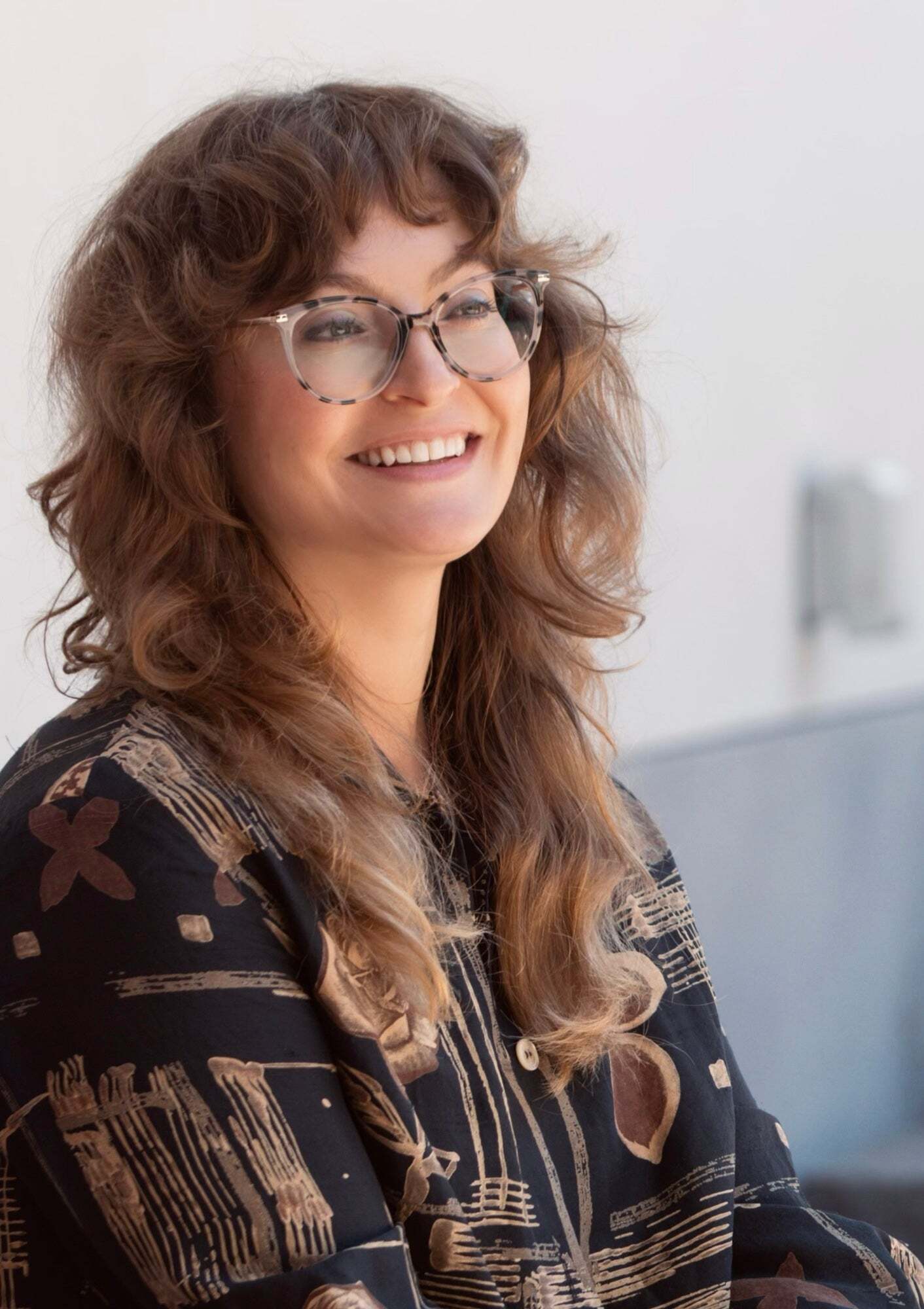
Michael Richards, PhD
PhD
About Presenter
Dr. Richards (he/him) is a scholar-educator Assistant Professor at Palo Alto University and is currently teaching in the MS, PhD, and Bachelor's programs, as well as providing clinical supervision as a licensed psychologist at the Gronowski Center's Sexual and Gender Identity Clinic. Dr. Richards has clinical experience in college counseling, community mental health, and residential substance abuse treatment. He has clinical interests in LGBTQ issues, social justice–informed therapy, anxiety, depression, and substance use. In his free time, he has strong interests in philosophy, literature, and pop culture.
Dr. Richards completed his bachelor’s degree at Duke University, received his PhD in Clinical Psychology from Palo Alto University, and completed post-doctoral training at the University of California-Santa Cruz’s Counseling and Psychological Services.
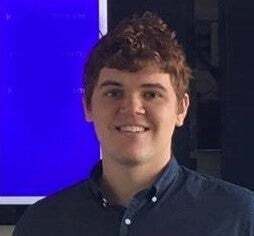
Michaella Conteh, MSW, ASW
PhD
About Presenter
Michaella Conteh, MSW, ASW is a Child Welfare Social Work Supervisor at Alameda County Children and Family Services. Michaella graduated from California State University East Bay with a Master of Social Work degree as a Title IV-E student. Michaella also completed a Bachelor of Arts in Child Development from Sacramento State University. Michaella has worked in the child welfare field across a variety of specialty areas for nine years.
In June 2021, Michaella published a book, How to Survive as a Child Welfare Social Worker, which she offers as an important resource for social workers considering the child welfare field. When not working as a Child Welfare Social Worker, she loves spending time with her husband and adorable daughters as well as extended families and friends.
Michaella loves to travel, and her favorite place to visit is West Africa, especially Sierra Leone, her home, which she desperately misses. Michaella’s motto in life is, "Positive thinking leads to a positive outcome,” which she shares with students and supervisees.

Michelle Perepiczka, PhD
PhD
About Presenter
Presenter biography will appear here.
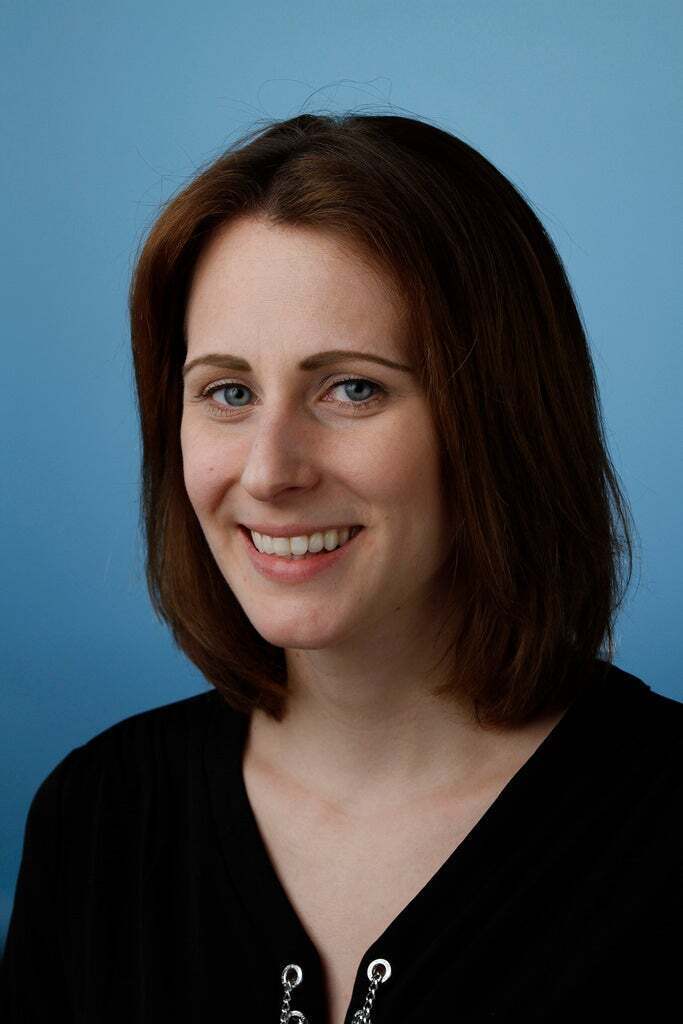
Mihkaya Best, PhD, LPC (OH)
PhD
About Presenter
Mihkaya Best, PhD, LPC (OH) is passionate about serving children, adolescents, and their families.
Mihkaya is certified as clinical autism specialist and also is trained in CBT, DBT, and behavioral therapy approaches. Mihkaya also utilizes ACT, SFBT, play therapy and exposure therapy informed approaches. Mihkaya’s clinical expertise centers around children and adolescents diagnosed with Autism Spectrum Disorder, ADHD, OCD, anxiety, depression, general behavioral concerns and family training.
Outside of her clinical work, Mihkaya has earned her PhD from The University of Toledo, Masters and Bachelors degrees from Cleveland State University. Mihkaya also dedicates time to instructing graduate learners as an adjunct professor at the University of Toledo in addition to graduate learners at PAU. Mihkaya’s current research focus centers around barriers accessing mental health care for individuals with ASD.
Beyond clinical and scholastic endeavors, Mihkaya is passionate about true crime, powerlifting and spending time with her golden retriever, Henry.
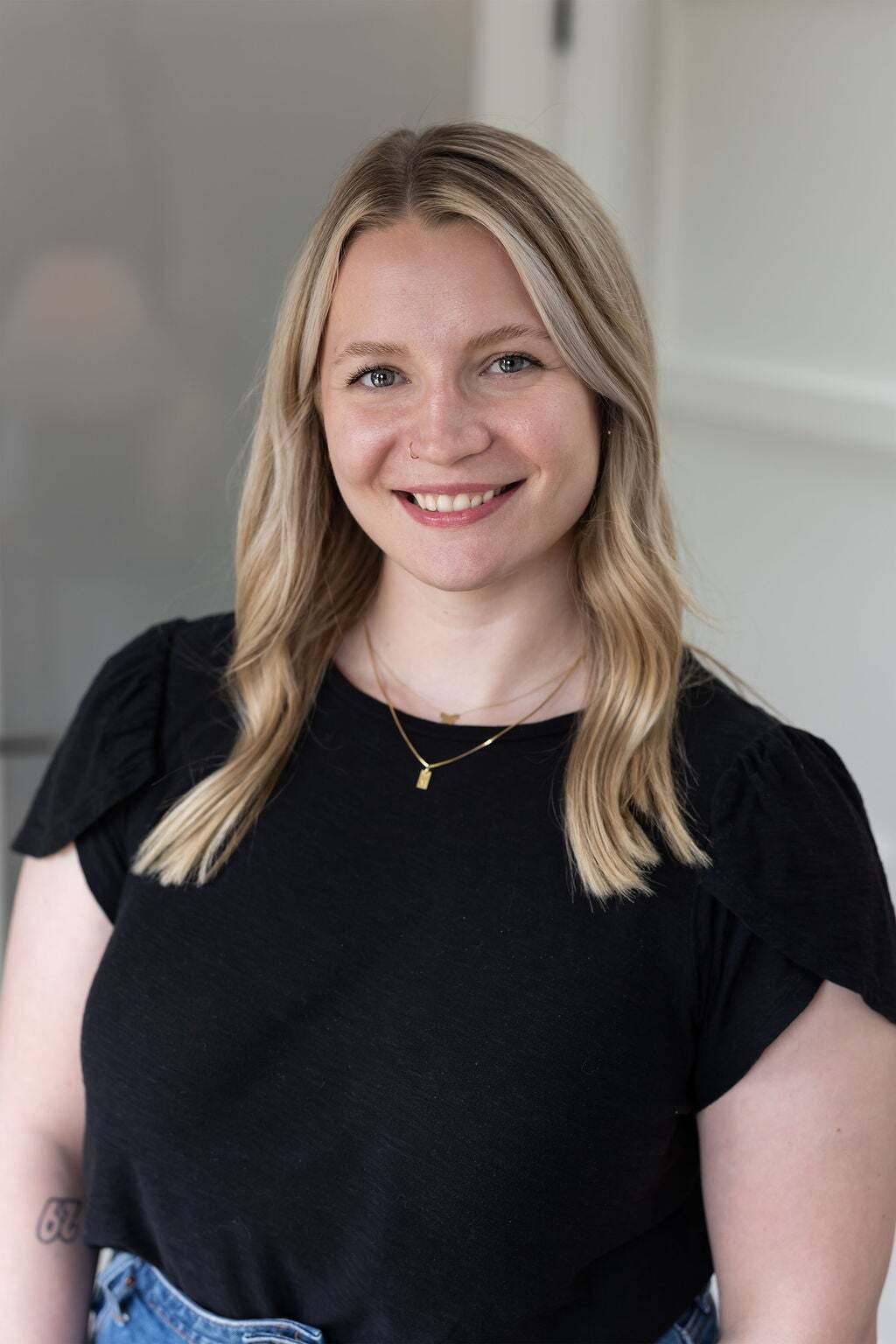
Mikael Rubin, PhD
PhD
About Presenter
Mikael Rubin is an Assistant Professor at Palo Alto University. He received his PhD in clinical psychology from the University of Texas at Austin. From studying virtual reality in art to conducting virtual reality exposure therapy, he is curious about how what we attend to influences how we make meaning out of lived experience. He specializes in research and interventions related to anxiety and posttraumatic stress. His research has used a wide range of approaches (including eye tracking, neuroimaging, and network analysis). He applies Bayesian methods and open science practices in his research. He directs the Transdiagnostic Attention Intervention (TRAIN) Lab at Palo Alto University and is especially interested in using virtual reality and eye tracking methods to evaluate, enhance, and widely disseminate mental health interventions.
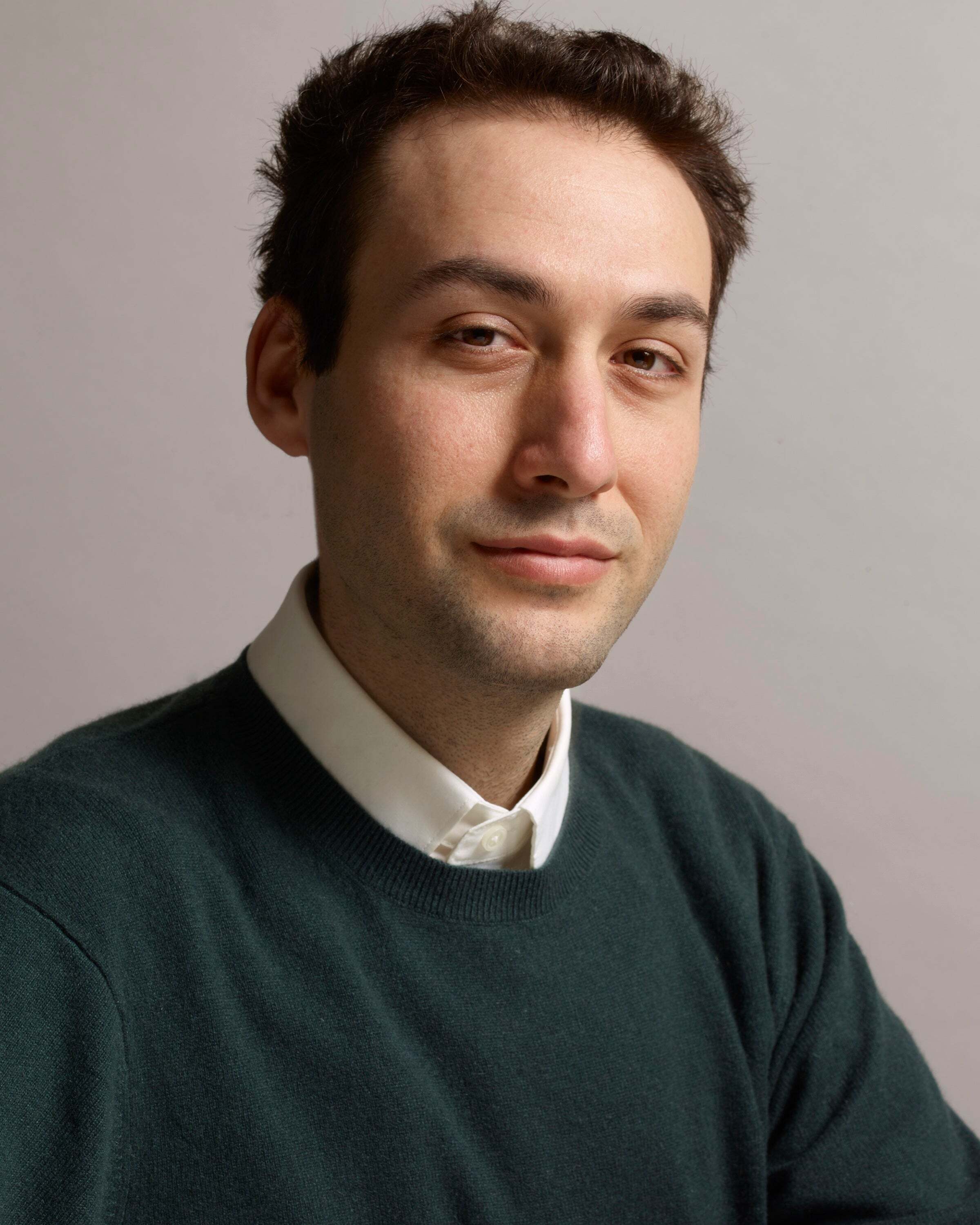
Murphy Alafoginis, MBA, MS
PhD
About Presenter
Murphy Alafoginis, MBA, MS, is a PhD candidate and her primary research interest includes the intersection of ethics, severe mental illness, and forensic assessment. Her dissertation examines the validity of a forensic assessment measuring criminal attitudes using item response theory. She has worked in various forensic settings and is currently providing acute mental health care in a hospital.
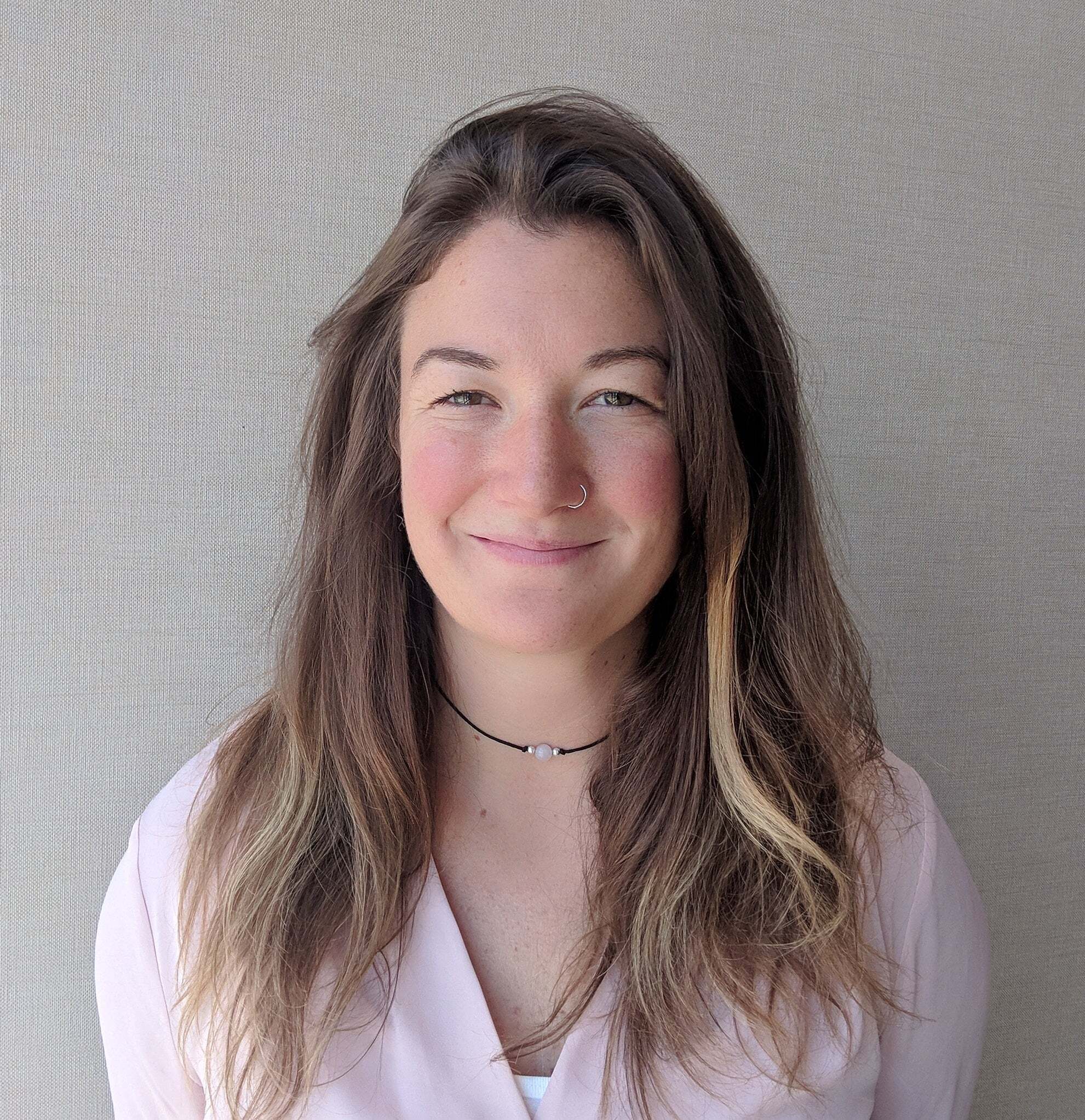
Nancy A. Haug, PhD
PhD
About Presenter
Nancy A. Haug, PhD is Professor in the Department of Psychology at Palo Alto University. She is core faculty in the PGSP-Stanford Psy.D. Consortium, and Adjunct Clinical Professor in the Department of Psychiatry and Behavioral Sciences at Stanford University School of Medicine. Dr. Haug leads the Harm Reduction and Addiction Treatment Laboratory at Palo Alto University and is the faculty advisor for the Graduate Student Association for Psychedelic Studies. She has ongoing collaborations and a teaching role in the Stanford Psychiatry Addiction Medicine Program. Her current research interests include implementation of evidence-based practices in addiction treatment, harm reduction for substance use, cannabis vaping and psychedelic-assisted psychotherapy.
Dr. Haug earned a doctoral degree in Clinical Psychology and Behavioral Medicine from the University of Maryland Baltimore County. She was mentored by Dr. Carlo DiClemente, co-founder of the Transtheoretical Model of Change. She also spent over seven years at the Johns Hopkins School of Medicine Behavior Therapy Treatment Research Center. At the Center for Addiction and Pregnancy, Dr. Haug was a project director for several clinical trials studying behavioral interventions for pregnant women with substance use disorders. Dr. Haug completed a clinical internship and postdoctoral fellowship at University of California, San Francisco (UCSF) and San Francisco General Hospital (SFGH) in public service and minority mental health. She was on the SFGH medical staff as an attending psychologist where she taught medical students and mentored psychology fellows. Dr. Haug was a faculty member in the UCSF School of Medicine Department of Psychiatry and an Instructor at UC Berkeley Extension in the Alcohol and Drug Abuse Studies Program.
Dr. Haug is a licensed psychologist in California since 2004 and maintains a private practice in Los Gatos, CA. She has clinical expertise in evidence-based treatments for substance use disorders such as motivational interviewing, cognitive-behavioral and mindfulness-based therapies, such as ACT and DBT. She also has long-standing clinical interest in the treatment of eating and weight disorders, as well as women's behavioral health.
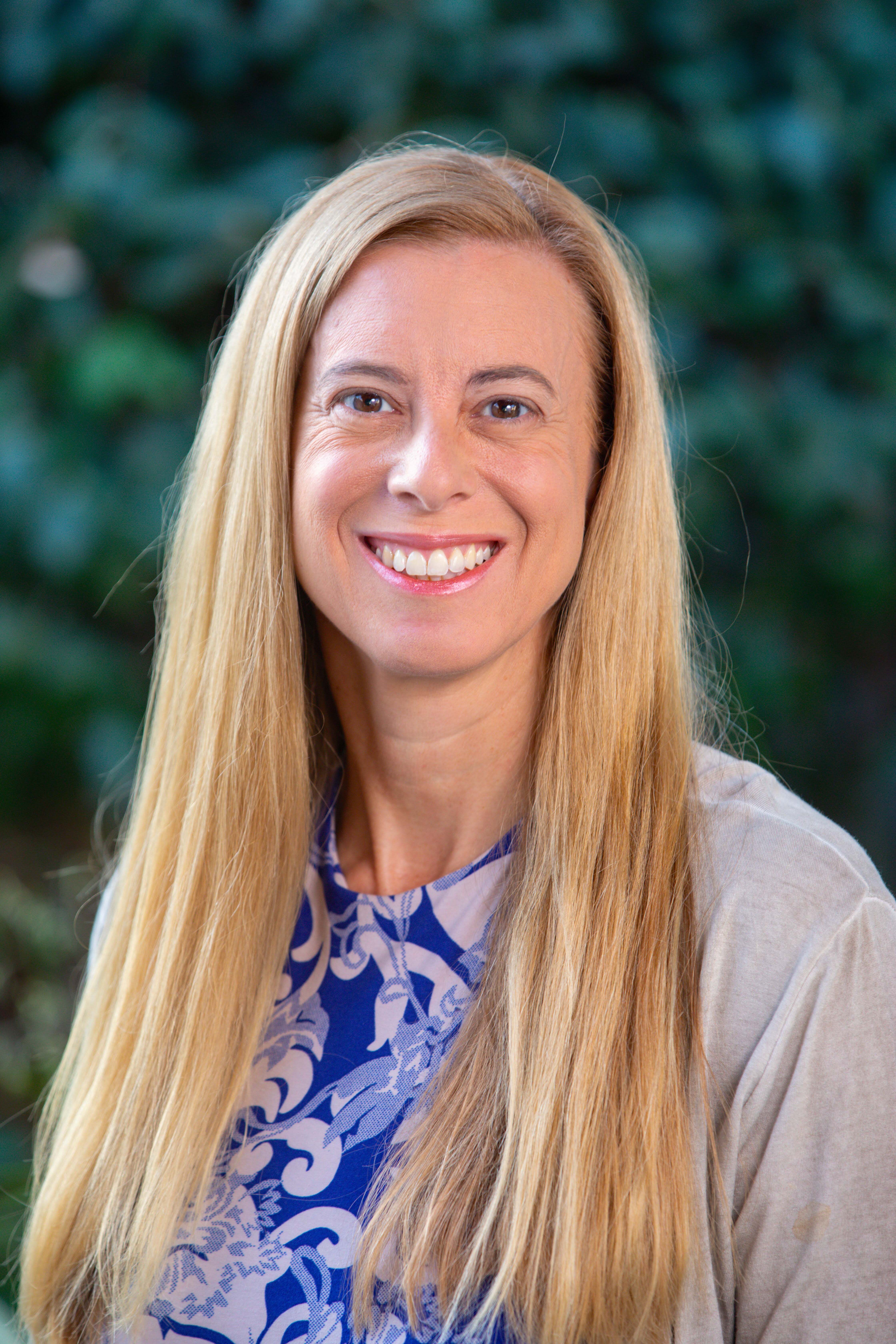
Pei-Chun Tsai, PhD
PhD
About Presenter
Dr. Tsai’s research interests are in the following two areas, including (a) Discrimination and Mental Health Outcomes — The Roles of Culturally Relevant Coping Resources. In this line of research, she has conducted studies to examine culturally relevant coping resources (e.g., bi-cultural competence, cross-cultural advisory working alliance, collective self-esteem, social connectedness) as moderators for the associations between adversity (e.g., racial discrimination, gendered racial microaggressions, language discrimination, and acculturative stress) and mental health outcomes among Asian International students, Asian Americans, and Black and African Americans; (b) Trainees’ Adversity in Clinical Work and Counseling Self-Efficacy — The Roles of Coping Resources. In this line of research, she has examined the mechanism of coping resources (e.g., supervisory encouragement, supervisory working alliance, self-compassion) on the relationship between trainees’ experience of adversity (e.g., anxiety in clinical sessions, concerns about counseling clients of color) and training outcomes (e.g., counseling self-efficacy).
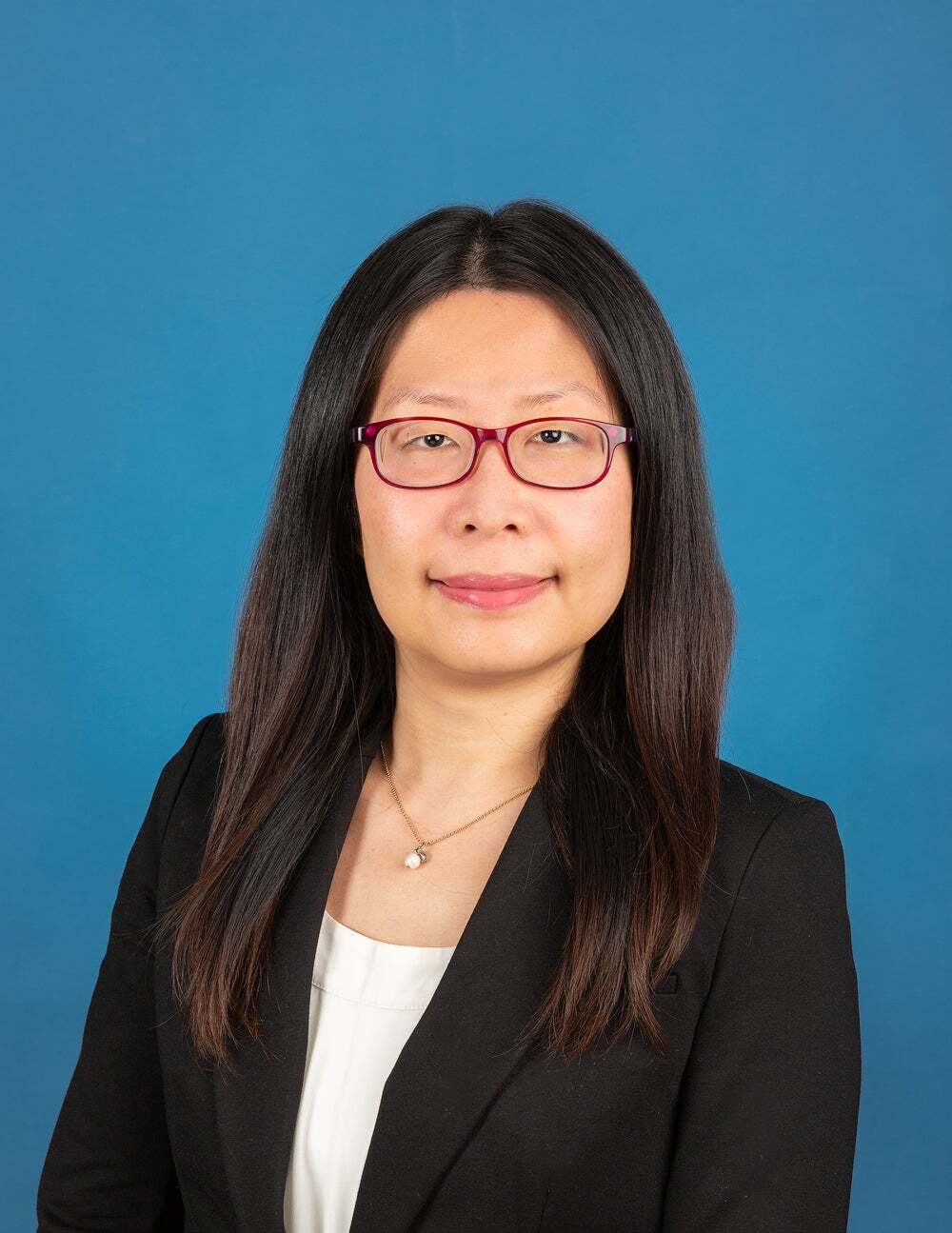
Peter Aston
PhD
About Presenter
Presenter biography will appear here.
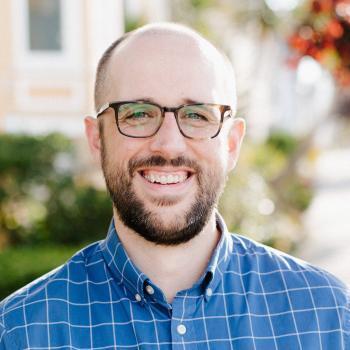
Peter Goldblum, PhD
PhD
About Presenter
Peter Goldblum, PhD, MPH is Professor Emeritus of Psychology, Founding Director of the Center for LGBTQ Evidence-based Applied Research, Founding Director of the Sexual and Gender Identities Clinic (SGIC) and the LGBTQ Area of Emphasis at Palo Alto University. He received his PhD from Pacific Graduate School of Psychology (now PAU), his MPH from UC, Berkeley School of Public Health, his MA in Psychology and Teaching from Teachers College-Columbia, and his BA from the University of Texas, Austin. He was a founder and original Deputy Director of the UCSF AIDS Health Project and a visiting scholar and Director of the HIV Bereavement and Caregiver Study at Stanford. He is a pioneer in the development of community-based mental health programs for LGBTQ clients with over forty-five years’ experience serving this population in the San Francisco Bay Area. He has contributed to the professional literature related to gay men's health, culture and suicide, end of life issues, HIV and work, and AIDS bereavement, including two highly acclaimed books: Strategies for Survival: A Gay Men's Health Manual for the Age of AIDS (with Martin Delaney) and Working with AIDS Bereavement (with Sarah Erickson). More recently his research has focused on suicide and bullying, including serving as senior editor to the book Youth Suicide and Bullying, by Oxford University Press.
Since leaving full-time teaching, Dr. Goldblum has expanded his interest in the development of culturally and spiritually informed mental health services, that are inclusive of sexual, gender, and ethnic minorities through his position as the Behavioral Health and Public Health Consultant to Project Trust, under the leadership of Reverend Floyd Thompkins.
This community/academic partnership has garnered three professional articles articulating the principles of trustworthiness and collaboration. The latest article Using Cross-Cultural Collaboration to Establish a Working Coalition for An Equitable COVID-19 Vaccine Program, Journal of Humanistic Psychology (February 2023) can be downloaded from the website of St. Andrew Church.
Dr. Goldblum’s awards include the NCSPP Gay, Lesbian, and Bisexual Committee Award for his contribution to professional psychology (2008), APA Division 44 Distinguished Contributions to Education and Training Award (2013); and the Larry Beutler Faculty Award, Palo Alto University, In recognition of outstanding national and international contributions to the Field of Psychology (2013).
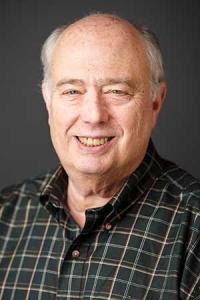
Rachel Jacoby PhD
PhD
About Presenter
Dr. Jacoby is a Licensed Professional Clinical Counselor with Supervisory Endorsements, National Certified Counselor, Certified Family Life Educator, Certified Trauma Practitioner, and Autplay therapist who passionately enjoys working with children, adolescents, and families. She is an Assistant Professor at Palo Alto University. Dr. Jacoby values working with individuals on a personal and collaborative level; while building strong interpersonal relationships. With this consideration, Dr. Jacoby utilizes an existential-humanistic framework for her counseling relationships; while integrating evidence-based experiences through cognitive behavioral therapy, play therapy, and narrative approaches.
Dr. Jacoby’s clinical experiences include working with neurodiverse populations and individuals who have experienced trauma. Additionally, she values collaborative relationships to provide the best care to her clients, including working closely with families, schools, and allied medical professionals.
As a counselor educator, Dr. Jacoby is passionate about enhancing the counseling field through education, leadership, and advocacy. She intentionally integrates creative approaches into her pedagogy. Dr. Jacoby has held many leadership roles in organizations, including the Association for Child and Adolescent Counseling (ACAC), Northcentral Association for Counselor Education and Supervision (NCACES), Association of Humanistic Counseling (AHC), Ohio Counseling Association (OCA), and Chi Sigma Iota (CSI). She is currently the Past-Presdient for ACAC, serving as President in the 2022-2023 year. Dr. Jacoby is also a board member of the ACA Ethics Committee. She has been recognized for her leadership and advocacy work with the 2023 Robert H. Rencken Emerging Professional Leader award by the American Counseling Association and the 2021 Carol Bobby Pioneer for Visionary Leadership award presented by CACREP.
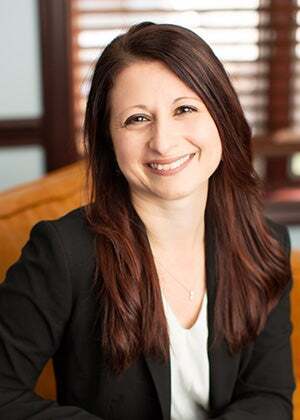
Rayna Hirst, PhD
PhD
About Presenter
Dr. Rayna Hirst's BRAIN lab (Behavioral Research and Assessment In Neuropsychology) conducts research in brain-behavior relationships and neuropsychological assessment. Current research topics include the influence of chronic marijuana use on cognition, the neuropsychological effects of sport-related concussion, and factors that influence the valid and reliable neuropsychological assessment of patients. Dr. Hirst’s research has focused on factors that can impact the legitimacy of clinical neuropsychological assessment, such as the examinee’s motivation to perform well; she has identified motivational statements that can enhance cognitive performance in chronic marijuana users. Her research also identified that most people can guess, at levels significantly greater than chance, whether a photograph is of a cannabis user or a non-user, simply based on appearance – a phenomenon she refers to as the “jay-dar”.
As Dr. Hirst is interested in all topics related to neuropsychological performance (e.g., memory impairment, executive dysfunction), as well as the clinical process of neuropsychological assessment (e.g., standards of practice in using effort testing during assessment), she is also open to exploring diverse research ideas with students in her research lab.
Dr. Hirst completed her undergraduate education at Penn State University, and worked in the Neuropsychology Lab with Dr. Peter Arnett and Dr. Frank Hillary on the Penn State Concussion Study. She completed her M.A. and Ph.D. in Clinical Psychology at the University at Albany, SUNY, with a focus on Neuropsychology and Addictions with Dr. Mitch Earleywine. Her predoctoral internship in psychology/neuropsychology was completed at the VA Ann Arbor/University of Michigan Healthcare System, under the supervision of Dr. Kenneth Adams, Dr. Linas Bieliauskas, and Dr. Henry Buchtel. She completed her postdoctoral fellowship at Dartmouth Medical School in the Brain Imaging Lab, and worked with Dr. Laura Flashman, Dr. Robert Roth, and Dr. Heather Wishart.
In her spare time, Dr. Hirst enjoys global travel (the farther away, the better!), running, hiking, skiing, cooking, music, and adventuring with her husband and daughter.
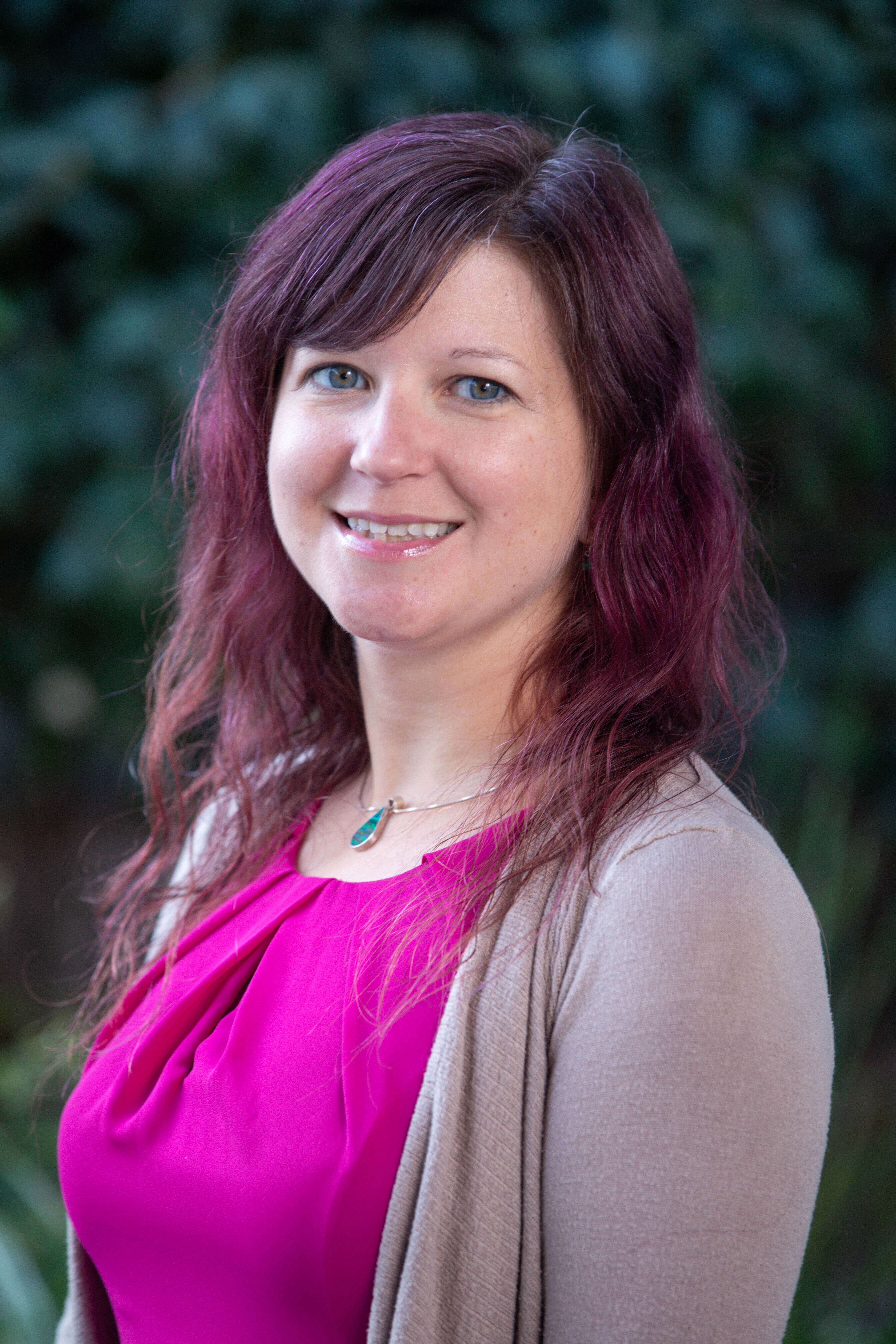
Regina Moro, PhD
PhD
About Presenter
Dr. Regina Moro is licensed as a Licensed Professional Counselor (Idaho), Licensed Clinical Addiction Specialist (North Carolina) and a Licensed Mental Health Counselor (Florida). She is also a National Certified Counselor and a Board Certified TeleMental Health Provider. Her clinical passion involves work with crisis and trauma, including a focus on addiction with individuals and families. She has experience working in community mental health, integrated care settings, and private practice.
Dr. Moro's doctoral coursework included a specialized focus on multicultural counseling which is something she integrates into her courses and clinical supervision practice. Dr. Moro is an active member of the American Counseling Association, the Association of Counselor Education and Supervision, and the International Association of Addictions and Offender Counselors. She is the recipient of the Idaho Counseling Association's 2019 Counselor Educator of the Year award.
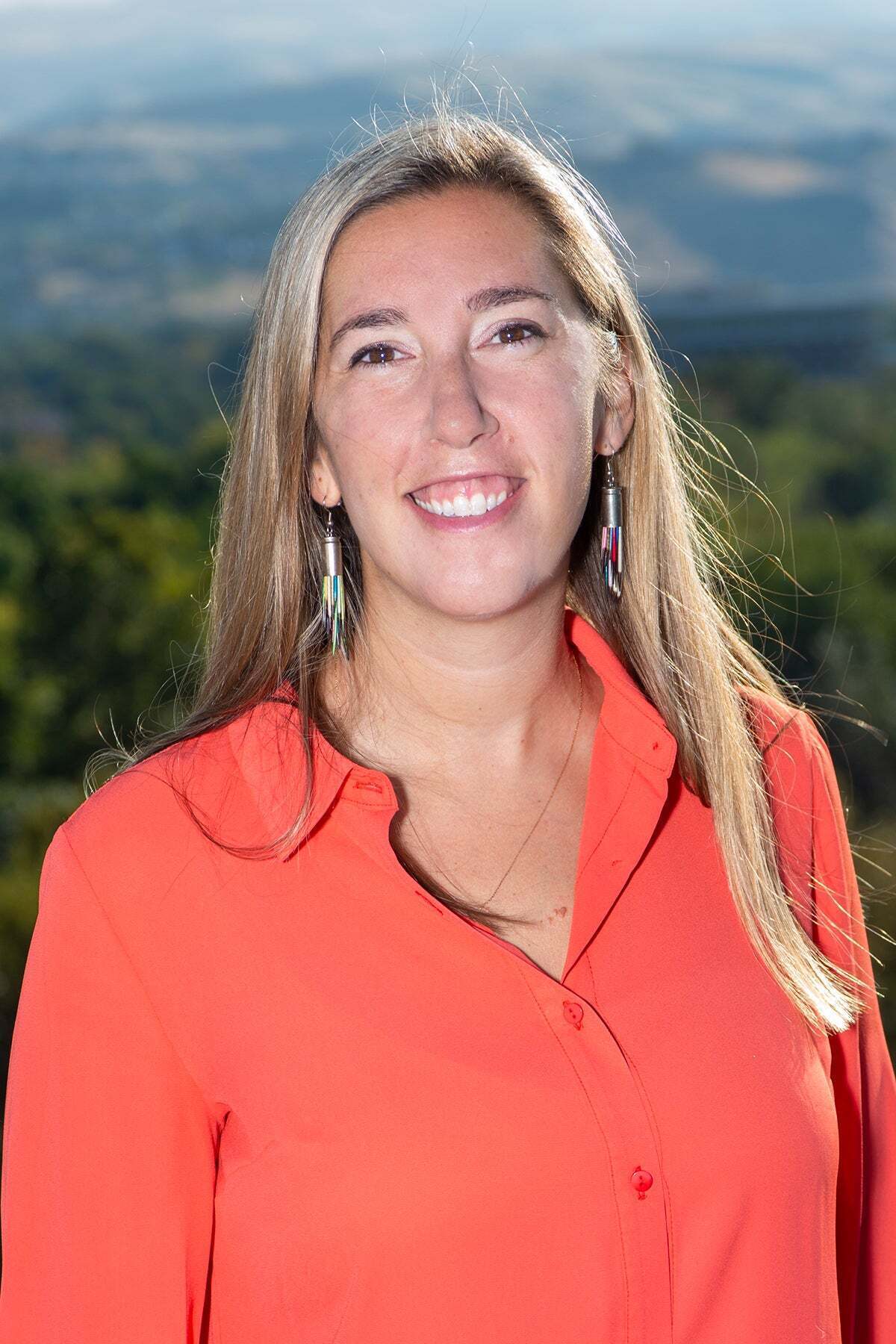
Renee Marquett, PhD
PhD
About Presenter
Dr. Renee Marquett has worked in and studied the field of clinical psychology since 1998. She is passionate about the dissemination of evidenced based practices, particularly for undeserved populations. From 2005 till 2015 she worked in various research settings as a data analyst, study manager, research consultant and CBT consultant for the Stanford Geriatric Education Center, University of Wisconsin, PGSP, Stanford University School of Medicine, and the County of Santa Clara. Research topics included studying the effects of modified CBT on older adults with mild cognitive impairment, CBT for clients with bipolar disorder, providing training and consultation on group CBT, Intensive Case management for homeless clients with substance use disorders, effects of treatment courts for families with substance use disorder, and dissemination of evidenced based practices for treating clients with serious mental illness.
Dr. Marquett currently works as a Mental Health Program Specialist II for the County of Santa Clara, Behavioral Health Services Department where she manages several mental health programs, is part of the Emergency Response Clinical Team and part of the Trauma Informed Team.

Ricardo F. Muñoz, PhD
PhD
About Presenter
Ricardo F. Muñoz, PhD is a depression prevention and treatment researcher and Distinguished Professor of Clinical Psychology at Palo Alto University. From 1977 to 2012, he was professor of psychology at the School of Medicine of the University of California, San Francisco (UCSF), based at San Francisco General Hospital (SFGH), where he served as Chief Psychologist for 26 years. Dr. Muñoz has been the recipient of many awards, including the Martin Luther King, Jr. Award from UCSF and the George Sarlo Award for Excellence in Teaching from the UCSF Department of Psychiatry. He is now Professor Emeritus at UCSF. He has been a pioneer in the development of Internet interventions for health since the 1990’s and was a founding member of the board of directors for the International Society for Research on Internet Interventions from 2010 to 2013. He has most recently founded i4Health, an institute dedicated to developing, evaluating, and disseminating evidence-based psychological interventions in multiple languages for people worldwide using Internet sites and mobile applications.
Muñoz immigrated from Perú to the Mission District in San Francisco in 1961, at age 10. He did his undergraduate work at Stanford and his doctorate at the University of Oregon in Eugene. He was the first psychologist to join the faculty of the UCSF Department of Psychiatry at San Francisco General Hospital in 1977. In 1985, he founded the SFGH Depression Clinic, the first cognitive-behavioral service at UCSF. He became Chief Psychologist at SFGH in 1986, and Director of the Clinical Psychology Training Program from 1992 to 2012. His research focuses on the development of prevention and treatment interventions for depression and applications of these methods to help people stop smoking. He founded the UCSF/SFGH Latino Mental Health Research Program in 1992. He began work on international randomized trials via the Internet in 1998, and founded the UCSF/SFGH Internet World Health Research Center in 2004. He was the PI on the first randomized controlled trial to prevent major depression. He has served on both Institute of Medicine committees which produced major reports on prevention of mental disorders in 1994 and 2009. His latest contributions to the area of prevention of depression include articles in the Annual Review of Clinical Psychology (2010), the American Psychologist (2012), and a chapter in the Handbook of Depression (2014).
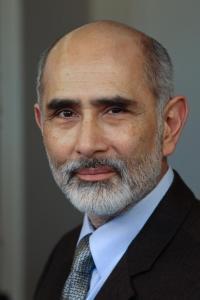
Robert Holaway, PhD
PhD
About Presenter
Dr. Holaway is an assistant professor and core faculty member in the PGSP-Stanford Psy.D. Consortium and Adjunct Clinical Assistant Professor in the Department of Psychiatry and Behavioral Sciences at Stanford University’s School of Medicine.
Dr. Holaway received his Ph.D. in Clinical Psychology from Temple University in 2007. During his graduate studies, he trained at the Adult Anxiety Clinic of Temple (AACT) under the mentorship of Dr. Richard Heimberg. At AACT, Dr. Holaway received training in cognitive-behavioral therapy for anxiety disorders, worked as a clinician on several NIMH-funded research studies, and authored numerous scholarly papers on the assessment and treatment of anxiety-related disorders. In addition to his work at AACT, Dr. Holaway trained at the Anxiety and Agoraphobia Treatment Center under the mentorship of Dr. Jonathan Grayson; there he received training in Exposure and Response Prevention for Obsessive-Compulsive Disorder (OCD) and exposure therapy for specific phobias. He later completed his internship training at the VA Palo Alto Heath Care System, followed by his postdoctoral fellowship at Stanford University’s School of Medicine. Dr. Holaway was previously a clinical assistant professor in the Department of Psychiatry and Behavioral Sciences at Stanford University and was the attending psychologist in the Stanford Obsessive-Compulsive Disorders Program.
As a core faculty member in the PGSP-Stanford Psy.D. Consortium, Dr. Holaway teaches History and Systems of Psychology and Dissertation Seminar, and serves as an academic advisor and dissertation mentor to several students. He is the director and primary supervisor of the VA Palo Alto Mental Health Clinic Practicum for 2nd year Consortium students, where he provides supervision and training in evidence-based treatment.
Dr. Holaway has maintained a practice as a licensed psychologist since 2008 and specializes in cognitive-behavioral therapy for anxiety, OCD, and related disorders. Dr. Holaway is also the director of the Pacific Anxiety Group, a Stanford-affiliated specialty clinic dedicated to the treatment of evidence-based psychotherapy for children, adolescents, and adults with anxiety, mood, and related disorders.
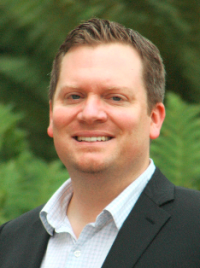
Rochelle Ritzi
PhD
About Presenter
Presenter biography will appear here.
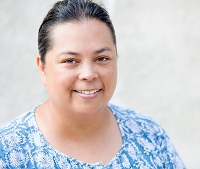
Roger L. Greene, PhD
PhD
About Presenter
Dr. Greene has focused his interests on the area of self-report measures of personality for a number of years. He is currently working on a number of issues with the Minnesota Multiphasic Personality Inventory (MMPI-2), such as how to match a specific MMPI-2 to prototypic profiles, the assessment of self- and other-deception, the nature of the critical items, the stability of specific profiles, and whether MMPI-2 codetypes are taxonic or dimensional. He has written a number of books and articles on the MMPI and MMPI-2.
Dr. Greene received his PhD from Washington State University in 1974. He was a faculty member for 18 years in both the Psychology and Psychiatry Departments at Texas Tech University before coming to PAU in 1992. Dr. Greene has been an active member of APA and was elected to Fellow status in 1993. He has been a member of the Board of Trustees of the Society for Personality Assessment and the Association of Couples for Marriage Enrichment.
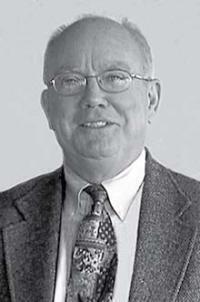
Rose Wong, PhD, MPA, MSW/LCSW
PhD
About Presenter
Rose Wong, PhD, MPA, MSW/LCSW, earned her MPA at Princeton University and diplomas in public administration and psychology in France prior to completing the MSW and doctoral programs in the School of Social Welfare at UC Berkeley. She was a postdoctoral fellow in the Clinical Services Research Training Program at UCSF prior serving as a faculty member and department chair in social work at CSU East Bay. Dr. Wong was also the founding director of the MSW program in the School of Health Sciences at University of the Pacific (UOP).
Dr. Wong had worked as an international development consultant in Brazil and Portugal for seven years prior to entering the field of social work. Her clinical social work experience in the U.S. includes counseling for children and families who experienced domestic violence and assisting the implementation of integrated care programs.
In her research, Dr. Wong specializes in culturally sensitive mental health assessment and education in Asian American immigrants. She has led community-based participatory projects in which teams of health and mental health professionals develop Chinese language educational materials, including videos and brochures with symptom checklists, for training and outreach to medical professionals, patients and community members.
Dr. Wong has made important contributions to social work education. In addition to establishing the MSW program at UOP, she published an article on microaggressions occurring in the social work classroom and a textbook for clinical and research courses, Which Evidence-Based Practice Should I Use?: A Social Worker’s Handbook for Decision Making.
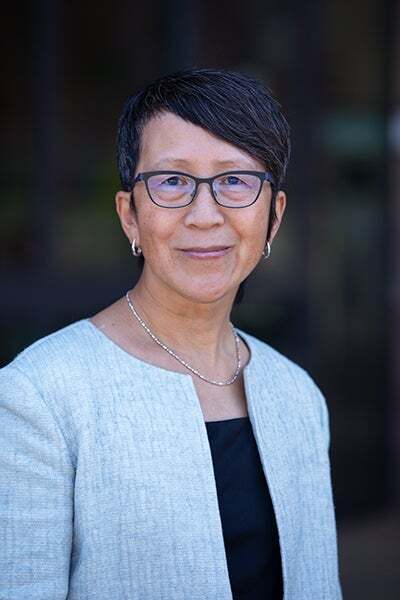
Rowena G Gomez, PhD
PhD
About Presenter
Dr. Rowena Gomez's research and clinical background is in aging and neuropsychology. She has also applied these areas to the study of affective disorders, in particular psychotic major depression. She is also interested in the diagnosis and treatment of dementia, and older adults' ability to cope with age-related changes.
Dr. Gomez completed her undergraduate work at University of California at Berkeley, majoring in psychology and social welfare. Her research there focused on PET studies of depression and dementia. Her graduate training was at Washington University at St. Louis in the tracks of Aging and Neuropsychology. She then went to Palo Alto Veteran's Health Care System for her clinical neuropsychology internship. In 2002, she became a postdoctoral fellow at Stanford University's Department of Psychiatry and Behavioral Sciences. There she applied her background of aging and neurospychology to depressive disorders. In 2004, she received a Young Investigator Award Grant by the National Alliance of Research for Schizophrenia and Depression to examine the cognitive, hormonal, and (brain) structural differences in Psychotic Major Depression versus Nonpsychotic Major Depression.
In 2003, she began teaching at PAU as an instructor for the statistics courses and later research methods. In April 2005, she was hired full-time as an assistant professor at PGSP.
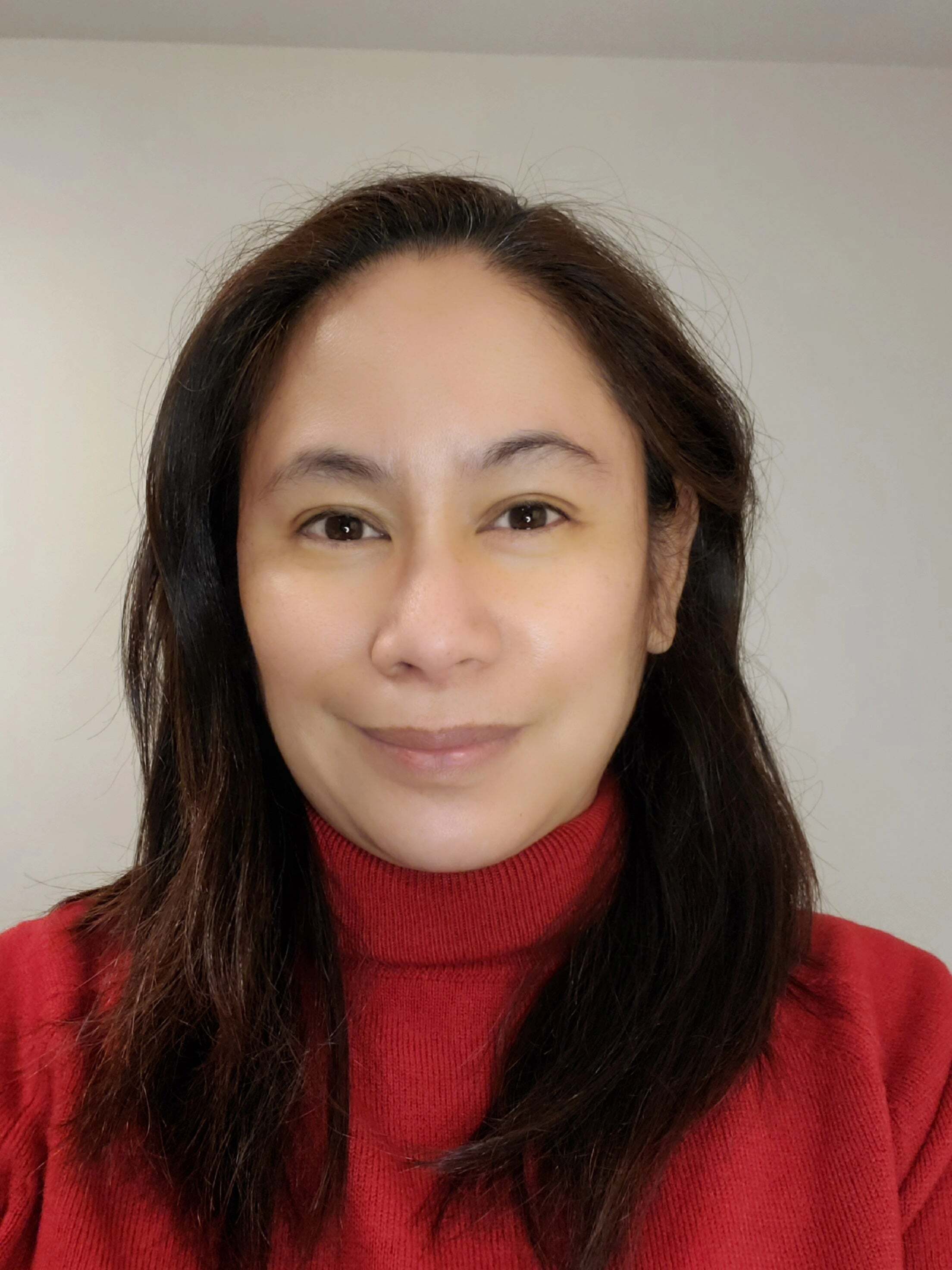
Sandra (Sandi) Logan-McKibben, PhD, NCC, NCSC, ACS, BC-TMH, PPS-SC (CA), LPC (CT)
PhD
About Presenter
Sandra (Sandi) Logan-McKibben has been a counselor educator for more than 10 years, serving students in campus-based and online programs. Prior to earning her doctorate, she worked as an elementary and middle school counselor in Southern California, was the district-level Tobacco Use, Prevention, and Education (TUPE) Coordinator.
She has served in multiple leadership roles with various state and national counseling associations, including California Association of School Counselors, Florida School Counselor Association, and Chi Sigma Iota International. Additionally, she serves on the editorial board as Assistant Editor of the Journal of Counselor Preparation & Supervision.
She has taught undergraduate courses, as well as Master’s and doctoral-level courses in Counselor Education. Lastly, she is co-author on the nationally awarding winning book The Ultimate School Counselor’s Guide to Assessment & Data Collection.
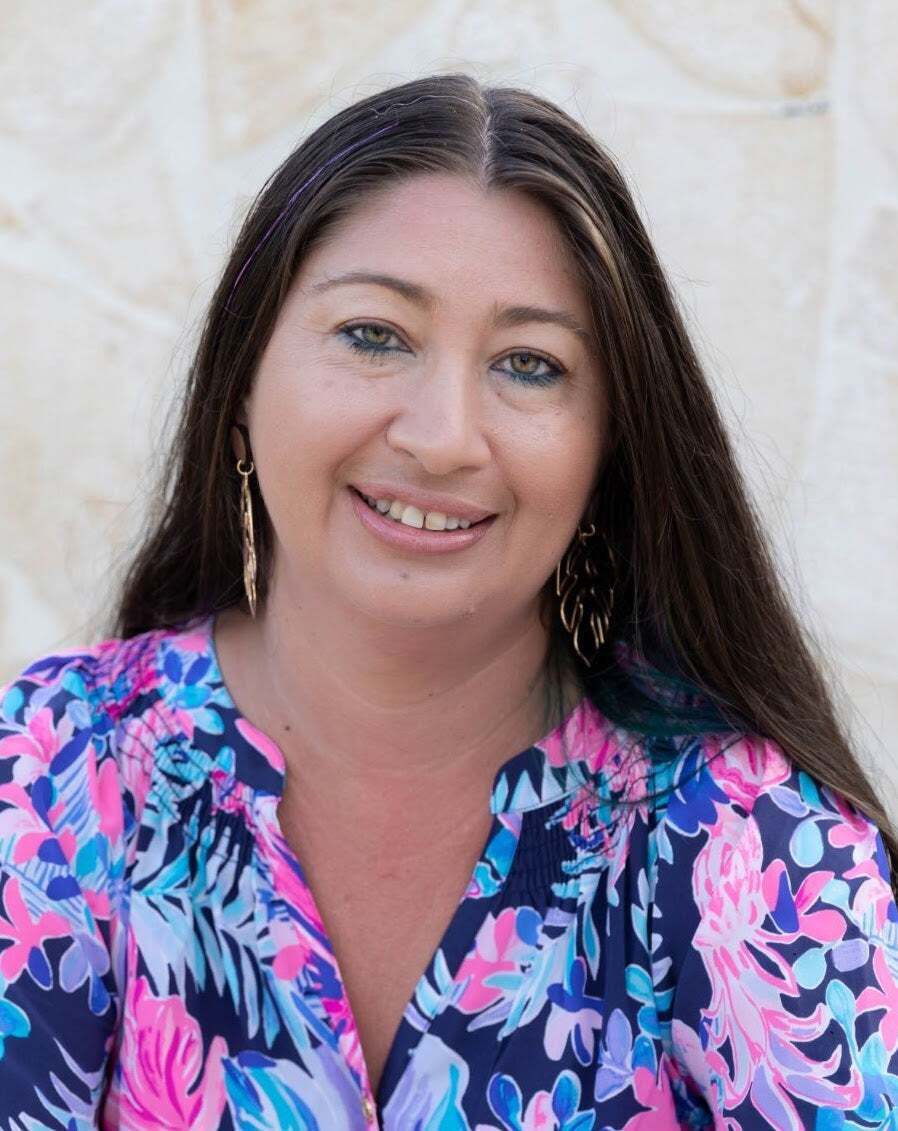
Sandra Trafalis, PhD
PhD
About Presenter
Dr. Sandra Trafalis received her PhD in Experimental Psychology from DePaul University. Her research interests include the social psychology of social action, social power, the biological foundations of mental illness and interpersonal relationships.
At Palo Alto University, Professor Trafalis teaches in the Bachelor degree program in Psychology & Social Action, where she also coordinates the internship program. She is the Interim Program Director for the new Undergraduate Evening/Online programs.

Satveer Kler, PhD
PhD
About Presenter
Dr. Satveer Kler received their PhD in counseling psychology from Southern Illinois University Carbondale. He completed his predoctoral internship at University of California, Davis Student Health and Counseling Services. Satveer was a research fellow on the NIAAA funded Enhancing Diversity in Alcohol Research (EDAR) fellowship through the Medical University of South Carolina (MUSC).
Satveer's research focuses on the interpersonal and institutional/systemic social processes underlying intergenerational trauma, trauma, and substance use among marginalized communities such as BIPOC individuals and LGBTQ+ BIPOC individuals. Satveer's secondary area of interest includes culturally affirming care including BIPOC affirming and trans affirming care. Satveer takes a critical psychology, anti-colonial, and social constructivist lens to research to honor how knowledge production is inseparable from social contexts, postionality, and systems of power, privilege, and oppression. Satveer has expertise in critical qualitative research methodologies including: critical constructivist grounded theory, reflexive thematic analysis, collective autoethnography, consensual qualitative research, community based participatory action research, and photovoice. Satveer mentors students in the clinical psychology PhD program while directing the Substance use and Intergenerational Trauma Social processes (SITS) Research Team. The goal of the SITS research team is to conceptualize intergenerational trauma and substance use in terms of the historical conditions that inform them (e.g., colonialism, cultural dispossession, and institutional oppression) in order to improve communal healing.
Satveer teaches classes in the clinical psychology PhD program and is particularly excited about teaching the cross cultural issues in psychology course.
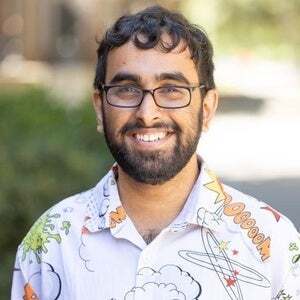
Shiri Sadeh-Sharvit, PhD
PhD
About Presenter
Shiri Sadeh-Sharvit, PhD, joined PAU in 2017 and currently serves as an Associate Professor of Research, Director of Training at the PAU Center of m2Health, and an Advisor for the PAU eClinic.
Dr. Sadeh-Sharvit is a licensed clinical psychologist with over 20 years of experience in treating individuals with complex mental disorders. She has earned her bachelor’s degree in psychology and Education from the Hebrew University and her PhD in Clinical Child Psychology from Bar Ilan University. Prior to joining PAU, she served as a visiting faculty member and a consultant at Stanford University Department of Psychiatry and Behavioral Sciences.
Dr. Sadeh-Sharvit’s clinical and research interests include developing and testing empirically-based and digitally-enabled psychological interventions and clinical training. She has received research grants from the Hilda and Preston Davis Foundation, National Eating Disorder Association, Stanford Maternal and Child Health Research Institute, Super-Pharm Inc., and the Israeli Defense Forces. She has also served as a researcher and clinical supervisor in two large NIMH studies and published peer-reviewed in top-tier journals. She is also an expert in eating disorders treatment and prevention. She developed a program for parents with an eating disorder history, entitled “Parent-Based Prevention” and is the co-author of the book, “Parents with Eating Disorders: An Intervention Guide”, published by Routlegde Press.
Dr. Sadeh-Sharvit has been an invited speaker on the topic of incorporating technology in clinical practice by many national and international organizations, including the American Psychological Association, Academy for Eating Disorders, European iCARE Consortium, Taiwan Association of Clinical Psychology, Anxiety and Depression Association of America, Sheppard Pratt, Johns Hopkins School of Public Health, and Mental Health America. She has also been repeatedly invited to interviews with the media, addressing issues of providing mental healthcare at scale, digital interventions, and healthy parenting practices.
Dr. Sadeh-Sharvit is now practicing psychotherapy in Maryland.
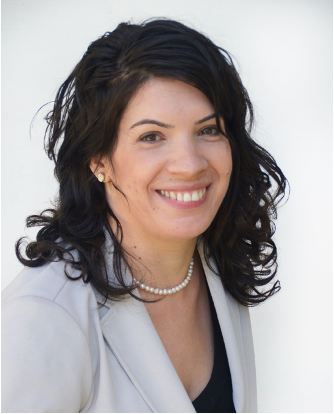
Shreya Vaishnav, PhD
PhD
About Presenter
Dr. Shreya Vaishnav is an Assistant Professor at Palo Alto University. She earned her PhD in Counselor Education from the University of North Carolina at Greensboro (UNCG) and her masters in Clinical Mental Health Counseling from Arizona State University.
Dr. Vaishnav has been involved in leadership roles through several counseling organizations and is a recipient of numerous awards and recognitions including the AMCD Emerging Leader Award, WACES Professional Service Award, and 2018 NBCC Foundation Doctoral Minority Fellow. She is a dedicated leader and has served on the executive board of WACES and as a committee chair for organizations such as CSJ, ACA, and AMCD.
Dr. Vaishnav's research focuses on the impact of microaggressions on individuals from marginalized identities and she has facilitated workshops on navigating and responding to microaggressions in academia. She has also led research projects on effective mentoring practices for students and faculty, strengths-based approaches in working with students from marginalized backgrounds, and engaging in social justice advocacy within counseling. Her clinical expertise lies in working with immigrant populations on cross-cultural issues, specifically South Asian immigrants and first-generation Asian Americans.
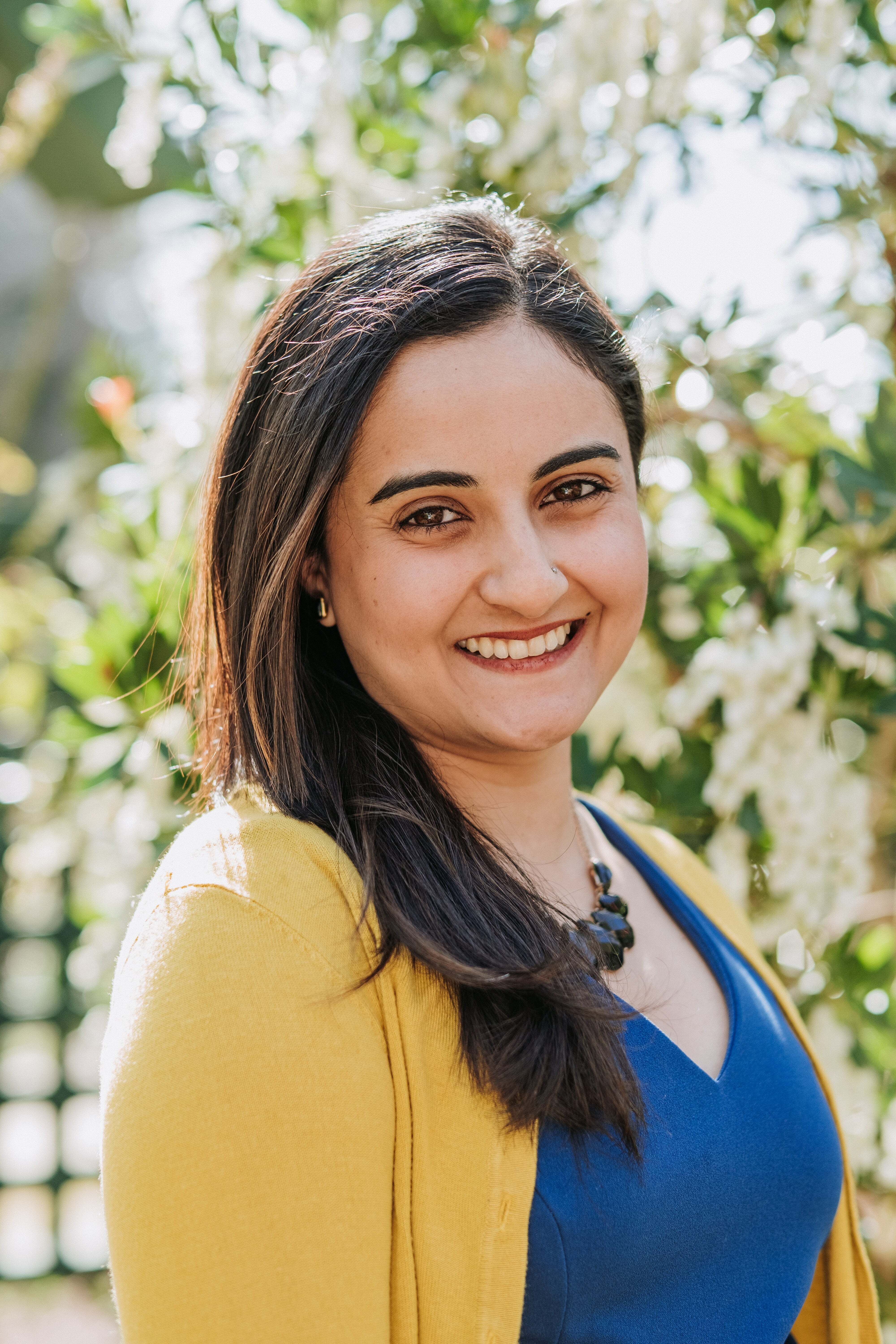
Sita G. Patel, PhD
PhD
About Presenter
Dr. Sita G. Patel is a clinical and community psychologist with research interests in global mental health, and culture and context as they relate to immigrant mental health. Her work uses mixed-methods approaches to study acculturation stress, psychological, social, and academic adjustment, and access to treatment for mental illness among immigrant and minority populations. Her current projects include an APA Div. 27-funded longitudinal school-based study of risk and resiliency among newcomer adolescent immigrants; a community partnership focusing on refugee mental health and access to treatment for trauma; and a USAID-funded study of trauma healing as a component of peace building in the Central African Republic. Dr. Patel was awarded a U.C. Berkeley Dissertation Award in 2006, an American Psychological Foundation Graduate Research Award in 2008, and an NIH Health Disparities Research Loan Repayment grant in 2009.
Dr. Patel completed the predoctoral internship at the Columbia College of Physicians and Surgeons (St. Luke’s-Roosevelt Hospital), with specialties in cultural competency using evidence-based therapy, and intensive treatment for personality disorders. Her postdoctoral training, at the University of California, San Francisco (Community Academic Research Training Alliance), focused on community-based participatory partnership research. Prior to joining the Palo Alto University faculty, Dr. Patel was an Adjunct Instructor at New York University, University of San Francisco, and U.C. Berkeley, teaching courses on Educational, Abnormal, and Cultural Psychology. Dr. Patel currently teaches doctoral-level courses on cultural competency, mental health disparities, global mental health, child trauma, child and adolescent development, and personality disorders/ Dialectical Behavior Therapy. Dr. Patel is a licensed clinical psychologist and currently sits on the editorial board for the American Journal of Orthopsychiatry, and on the Board of Directors for Partnerships for Trauma Recovery, a Berkeley-based non-profit agency providing mental health and advocacy services for refugee victims of global human rights abuses.
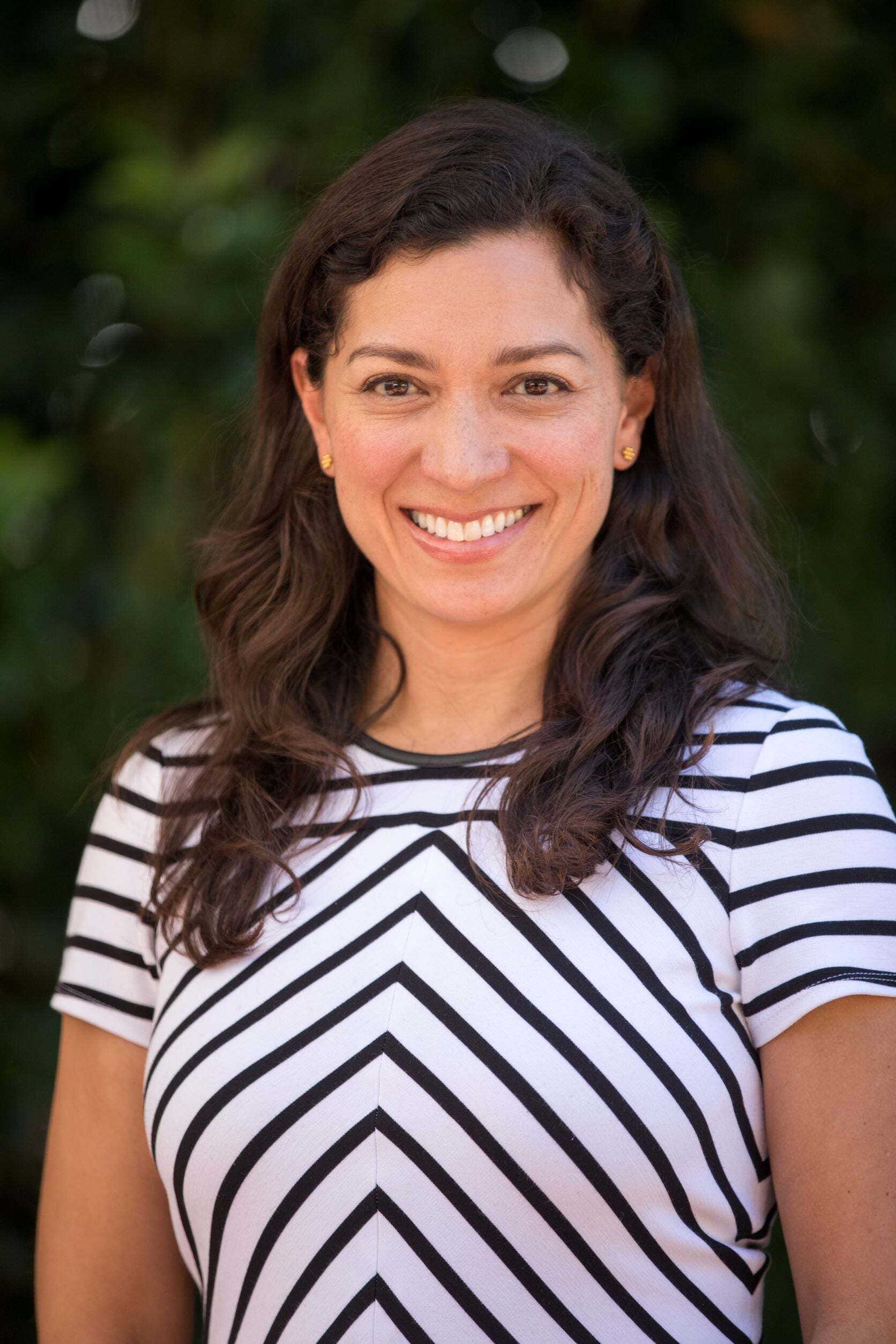
Susan Branco, PhD, LPC (VA), NCC, ACS, BC-TMH
PhD
About Presenter
Susan Rodriguez Branco, PhD, LPC (VA), LCPC (VA), NCC, ACS, BC-TMH, (she/her/ella), is a transracial and transnational adoptee from Colombia, South America. She is an advocate for increased adoption related research and training within counselor education and is passionate about improving mental health outcomes for transracially adopted persons. For fourteen years she maintained an independent clinical practice specializing in working with adults, children, and families connected to adoption and foster care. In addition, she has professional experience working in community mental health, pre-natal care clinics, and with immigrant populations.
Dr. Branco utilizes attachment theory, family systems, and trauma-informed approaches in her clinical practice. She held core faculty positions in both on ground and online CACREP accredited counselor education programs. Currently, Dr. Branco is a practicing counselor, clinical supervisor, and an Associate Professor in the Counseling Department at Palo Alto University. Her research interests include transracial adoption and mental health, Colombian adoption policy, and clinical training and supervision practices for BIPOC counselors. In addition, she has over 40 multiple peer-reviewed publications related to her research interests and frequently presents at regional, national, and international counseling related conferences.
Dr. Branco has been recognized by multiple professional counseling organizations to include the Association of Counselor Education and Supervision Publication in Counselor Education and Supervision Award, the Association for Multicultural Counseling and Development Compadrazgo/Comadrazga Mentorship Award, the International Association of Marriage and Family Counselor Outstanding Leadership Award, and the National Board of Certified Counselors Foundation, Excellence in Counselor Education and Supervision Bridging the Gap Award.
Dr. Branco is a founding board member of the Alliance of Colombian adoptees, a non-profit organization in support of the Colombian adoptee diaspora. She is also one of the originators of the Adoptee Consciousness Model to describe adoptee awareness of structural inequalities inherent in adoption systems.
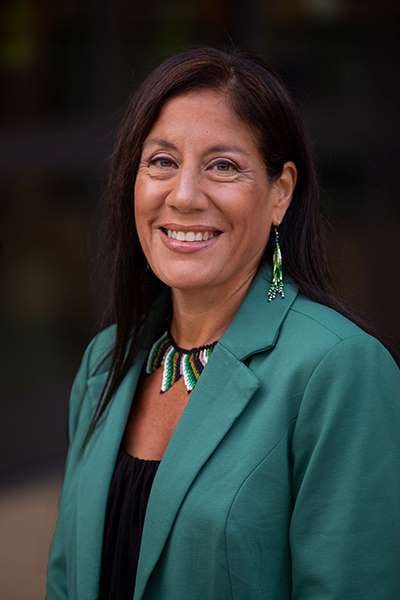
Szu-Yu (Darlene) Chen, PhD, LPCC, NCC, RPT
PhD
About Presenter
Dr. Szu-Yu Chen is an Associate Professor in the Counseling Department at Palo Alto University. She is a bilingual (English and Mandarin) licensed professional clinical counselor in California and Texas, national certified counselor (NCC), registered play therapist (RPT), certified child-centered play therapy supervisor, and certified child-parent relationship therapy supervisor. With a specialization in clinical mental health counseling and play therapy, she has worked with diverse populations in private practice, community agency, psychiatric hospital, and school settings. In addition to her clinical experience, she has provided clinical supervision to master’s level students and clinicians.
Her research interests include humanistic play therapy, family play therapy, play-based teacher intervention, immigrants’ mental health issues, multicultural issues in counseling and supervision, and online counselor education. She has received recognition from professional counseling organizations, including North Central Association for Counselor Education and Supervision Outstanding Supervisor Award, Western Association for Counselor Education and Supervision Emerging Leaders Award, and Association for Multicultural Counseling and Development Advocacy Award.
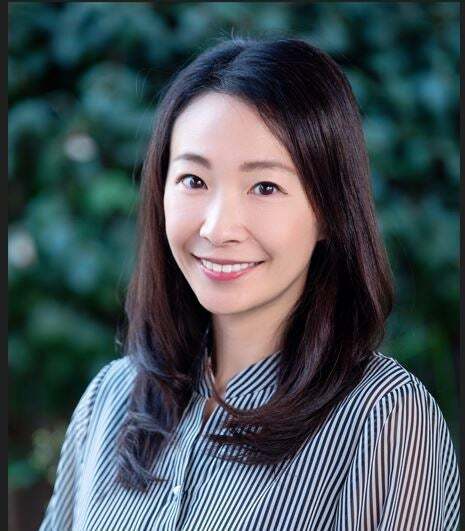
Tameeka Hunter, PhD, LPC, NCC, CRC
PhD
About Presenter
Tameeka L. Hunter, PhD, LPC, NCC, CRC (she/her) is a licensed professional counselor, a nationally certified counselor, and a nationally certified rehabilitation counselor. She is a tenure track assistant professor, an intersectional diversity and social justice scholar, a professional diversity speaker, and a researcher. Her research focuses on the resilience of marginalized and multiply marginalized populations, including people living with disabilities and chronic illnesses, people of color, sexual- and gender-expansive people, and women. Her work examines the impact of resilience and strength-based approaches on marginalized and multiply marginalized populations' psychosocial, educational, and vocational functioning.

Taylor York, PhD
PhD
About Presenter
Taylor completed her MS degree through PAU’s online program before transitioning to the PhD program as a second-year student. She is currently a Post-Doctoral Fellow at the Suffolk County Juvenile Court Clinic in Massachusetts where she is conducting forensic evaluations. Taylor's primary research interests include culturally inclusive forensic practice and evidenced-based forensic practices.
She is currently working on multiple studies related to cultural competence in forensic assessment. She is also teaching the Forensic Assessment course as part of the MS program’s forensic emphasis. Taylor's professional goals include providing therapeutic services to incarcerated individuals and help to improve access to evidence-based mental health and evaluation services for forensic populations.
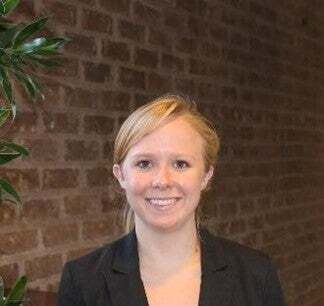
Teceta Tormala, PhD
PhD
About Presenter
Dr. Teceta Tormala (she/her) is a social psychologist whose work centers on understanding how identity and culture shape the lived experience of individuals, and how systems can facilitate wholeness, wellness, and liberation. One focus of her scholarship is the exploration of intersectional Black identity, experience, and mental health, and the factors that promote mental wellness, healing, and liberation among members of the African diaspora. A second line of inquiry explores translational work for inclusion, equity, social change, justice, and transformation. Her research and teaching cohere around sociocultural psychology- with a recognition of historical, social, political, and economic influences on the psychological outcomes of individuals- and is grounded in critical consciousness, antiracism, feminism, and social justice.
Dr. Tormala earned her undergraduate degree in psychology and Spanish at Duke University, and received her PhD in Social Psychology from Stanford University. She completed a National Science Foundation (NSF)-funded postdoctoral fellowship at The Graduate Center, City University of New York. Prior to joining the faculty at Palo Alto University, Dr. Tormala was a lecturer at Stanford University, and a visiting assistant professor at Indiana University.
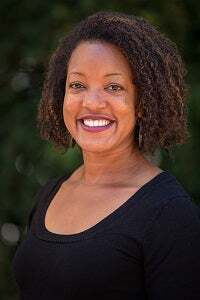
Theresa Steiner
PhD
About Presenter
Ms. Theresa Steiner obtained her BS in Psychology in 2012 and her master’s degree in Marriage, Family & Child Therapy from the University of Phoenix in 2015. She is a licensed Marriage and Family Therapist (LMFT), in private practice working with individuals, couples and families. Prior to opening her practice, Ms. Steiner worked as the Community Counseling Program Coordinator for a non-profit agency serving women and families in Orange County, California. While providing therapy to individuals, couples, and families, she served as a preceptor for the USC School of Social Work, as well as trainer and mentor to MFT and MSW trainees in practicum and pre-licensed MFT and MSW’s. Ms. Steiner also facilitated a variety of groups including Survivors of Sexual Assault, Domestic Violence, Substance Use Disorders (men’s & women’s), Seeking Safety, Positive Parenting, Women Empowering Women, Girl talk (Teens 12-17), Facing Your Fury, Non-Parent Expected (NPE), Route 91 (Mass Shooting) Survivors Group, and Trauma Informed Equine Therapy.
Ms. Steiner is the proud mother of two and grandmother of two. She balances her private practice in Lake Forest with caring for her grandchildren and volunteering in their school. Her personal interests include travel, cooking & entertaining, music, gardening, and spending time with family, friends and her two rescue dogs. Ms. Steiner considers herself a lifelong learner and is always open to new experiences and challenges.

Tilman Schulte, PhD
PhD
About Presenter
Dr. Schulte joined SRI International as a Research Scientist in 2004 and became a Program Director in the Center of Health Sciences in 2013 (Biosciences Division, SRI International, Menlo Park, CA).
His research interests are to advance a mechanistic understanding of the effects of normal aging, chronic alcoholism, HIV-infection, and Parkinson’s disease on the brain using a variety of in vivo neuroimaging such as MRI, DTI, fMRI, and rs-fcMRI. He has extensive knowledge in Cognitive Psychology and its translation into functional MRI paradigms to test the neural correlates of cognition and behavior in the MRI scanner environment in healthy and pathological aging. He has investigated several component brain functions such as automatic and selective aspects of attention, working memory, executive control, conflict resolution, and their interaction with emotion and reward, as well visuomotor coordination, interhemispheric communication and transfer of information, and laterality of brain functions. In his experimental work and clinical neuroscience approach he has used different kinds of brain-imaging modalities and analysis techniques to quantify group differences and age-related brain trajectories in structure such as regional tissue volumes, microstructural white matter fiber integrity, and functional brain network connectivity.
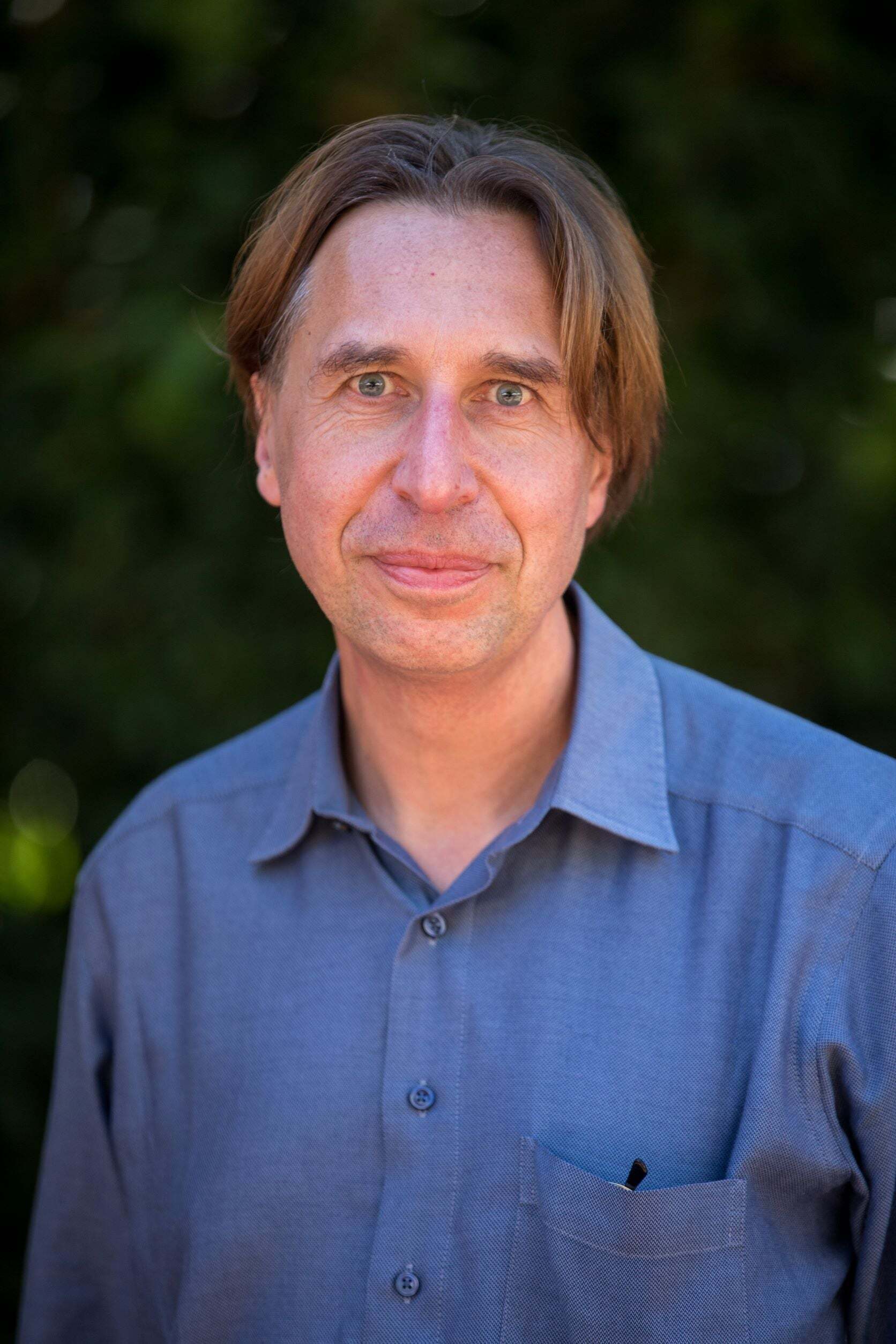
Torey Portrie-Bethke, PhD
PhD
About Presenter
Presenter biography will appear here.
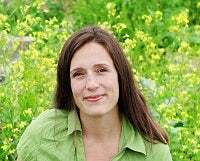
Trisha Vinatieri, PsyD
PhD
About Presenter
Dr. Vinatieri is a licensed clinical psychologist, serving Veterans with PTSD in the VA since 2008. She currently serves as the VA Portland’s Chief Well-Being Officer, a strategist, advocate, and leader in addressing clinician burnout, as well as the organizational development psychologist with a focus on organizational thriving, leadership development, and employee engagement.
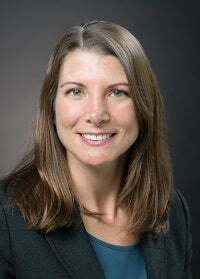
Victoria Cosgrove, PhD
PhD
About Presenter
Presenter biography will appear here.
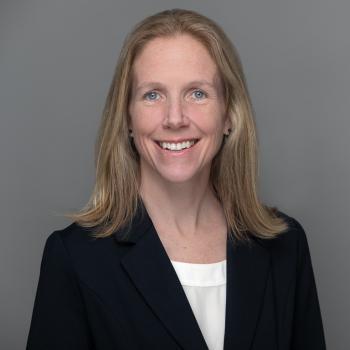
Victoria Liou-Johnson
PhD
About Presenter
Dr. Victoria Liou-Johnson is the Co-Founder and Executive Director of the non-profit, Hawai’i Behavioral Health Connection (formerly, Maui Strong Mental Health Response), whose mission is to increase equity and access to evidence-based and culturally informed behavioral health care for all people of Hawaiʻi. She is also an Affiliated Scholar at the Stanford Clinical Excellence Research Center and is a collaborator on multiple Veterans Affairs Healthcare System projects. Dr. Liou-Johnson’s research interests are varied, but center on health equity and include: health equity, TBI, cognition, trauma, displacement, gender and racial/ethnic differences in health disparities, especially in AA/PI/NH/AN/NA population.
Dr. Liou-Johnson is licensed in multiple states and maintains a small private telehealth practice, which focuses on culturally conscious and culturally appropriate trauma treatment for Indigenous and underserved populations. In addition to clinical and research work, she also enjoys mentoring students and trainees from underrepresented groups through various professional societies and teaching in graduate clinical psychology programs.
Dr. Liou-Johnson has a BA in American Literature, with a BIPOC lit emphasis, and American Indian Studies from UC Santa Cruz, an MS in Clinical Psychology and Clinical Gerontology at Notre Dame de Namur University, which was also where she fell in love with neuropsychology. She is also an alum of PAU’s Clinical Psychology PhD Program with emphasis in Neuropsychology. Dr. Liou-Johnson completed her pre-doctoral internship at the University of Colorado School of Medicine (integrated primary care, neuropsychology) and clinical residency at VA Pacific Islands Health Care System (outpatient PTSD clinic, CLC, outpatient neuropsychology). Post-licensure, she worked in integrated primary care psychology at an FQHC in a rural part of O‘ahu with predominantly Indigenous populations, before returning to research in a 3-year Polytrauma/TBI research fellowship at VA Palo Alto and the Design, Innovation, and Clinical Entrepreneurship Fellowship at Stanford University School of Medicine.
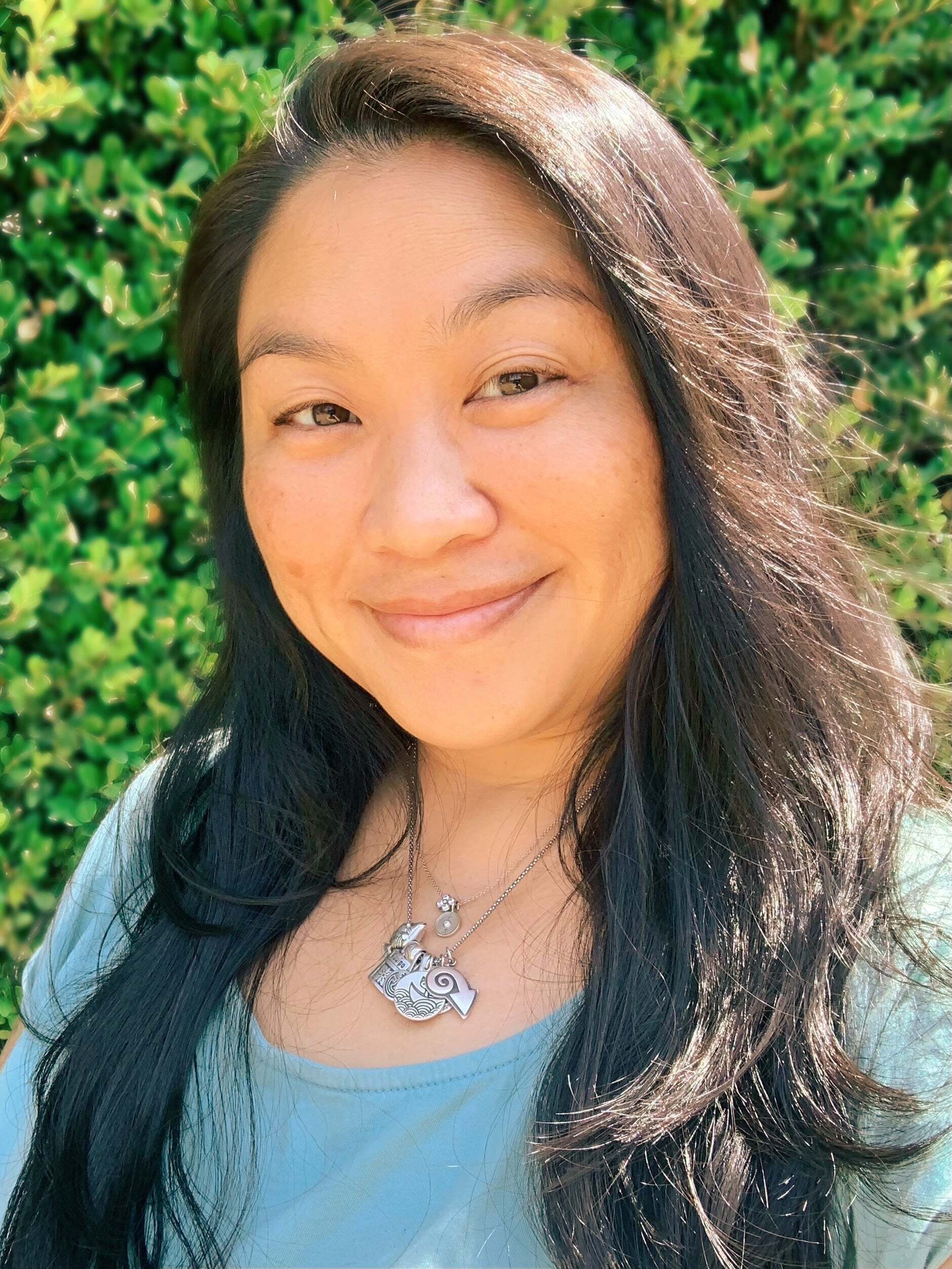
Wendy M. Wade MA, PhD, LPCC, CADC 1
PhD
About Presenter
Dr. Wade has been involved with children and parents throughout her career, beginning with her work with children of addicted parents in 1983, through private and public elementary school teaching and administration.
Her valued position was at Betty Ford Center, Coordinating the program for children of addicted parents. She has presented at conferences and trainings on this crucial area as well as on addiction, most recently at the American Child and Adolescence Conference , Western Symposium of Addiction, and California Consortium of Addiction Programs and Practices conferences.
She is a national trainer and co-developer of curriculum for the National Association of Children of Addiction (NACoA). She worked in inpatient addiction treatment and in private practice. With Santa Cruz County Children’s Mental Health, she provided therapeutic support to children in special education, their families, and school staff and conducted mental health assessments.
She has participated in and co-led supportive healing retreats for veterans including a 12-day reconciliation trip to Vietnam. She has an LPCC license and is a Certified Drug and Alcohol Counselor. Personally, she enjoys spending time with her family, especially her 4 grandchildren, reading, gardening, and practicing Qi Gong.
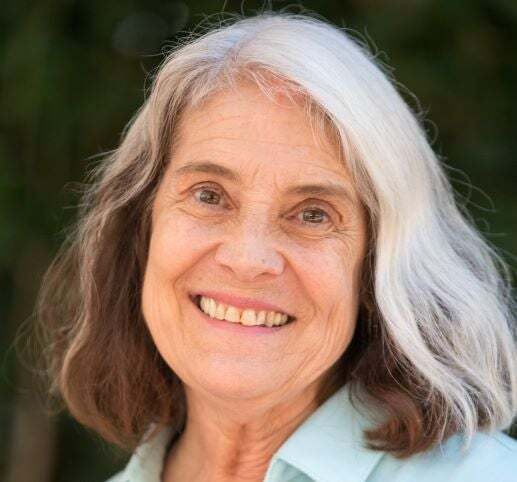
Wendy Packman, PhD, J.D.
PhD
About Presenter
Dr. Wendy Packman is a Professor of Psychology, Palo Alto University (PAU) and holds clinical appointments at the University of California San Francisco (UCSF) and Stanford University. She advises two research groups for the PAU Ph.D. program: Psychology and Law and Pediatric Psychology. Dr. Packman is Chair of the PAU Institutional Review Board (IRB), and is affiliated with the Meditation and Psychology Area of Emphasis in the Ph.D. program. She is the Director of the Joint J.D. - Ph.D. Program in Psychology and Law at PAU and Golden Gate University Law School. She is admitted to the State Bar of California and is a licensed psychologist in California.
Dr. Packman received her clinical training at Boston Children's Hospital and the Judge Baker Children's Center, and the Division of Behavioral and Developmental Pediatrics, UCSF. Dr. Packman's research interests and publications include studies of the psychological effects of bone marrow transplant on donor and non-donor siblings, psychological interventions for siblings of cancer patients, and psychological issues faced by children and young adults with inborn errors of metabolism. In the area of bereavement, research and publications include studies of the impact of a child's death on parents and siblings, and the impact of pet loss on adults and children. In the area of psychology and the law, her research interests include ethical and legal issues in child and pediatric psychology; and risk management with suicidal patients and malpractice.
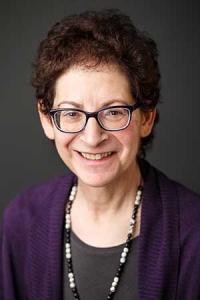
William H. Snow, PhD
PhD
About Presenter
William H. Snow, PhD is a Professor in the Department of Counseling at Palo Alto University. He has over 40 years of working in the fields of counseling, mental health, military behavioral medicine and higher education. During his academic career, he has held all major academic leadership positions from Program Director, Department Chair, and Vice-President for Academics. He founded three new undergraduate and graduate degree programs. His first major research was as Principal Investigator on a project, The Incidence of Mental Health Problems of Inmates in the Jail System funded by the National Institute of Corrections.
After joining the Department of Social Work Research, Child Development, and Mental Retardation Center at the University of Washington, William Snow served on a variety of funded projects including as statistician and research analyst for the Adolescent Smoking Prevention Project funded by the National Institute of Health; project manager, statistician, and research analyst for the project Coping With Junior High School: A Skills Training Program (focused on stress, drugs, and smoking prevention) funded by the William T. Grant Foundation; statistician and research analyst for the Family Stress Project funded by the National Center on Child Abuse and Neglect.
More recently, William Snow has recently turned his focus on training the next generation of counselors and clinicians through exploring best practices in counselor education in both residential and online settings.These research studies include distance and residential learning pedagogy, educational cohort dynamics, methods to measure cohort organizational climates, and methods to optimize educational cohort group processes and functioning. Most recently served as Co-Director in receiving a SAMSHA grant for a project titled Addiction Education and Training Expansion at Palo Alto University. While working in academia, Dr. Snow simultaneously completed a 34-year career in the Army as a Behavioral Science Officer, culminating as Medical Commander and the rank of Colonel in the California Army National Guard, where he ultimately supervised the physical and behavioral health assessment and health promotion of over 14,000 National Guard Soldiers. Most recently, Dr. Snow is working with the Latin-X Taskforce to research the need for a Spanish language and cultural pedagogy in counselor education.
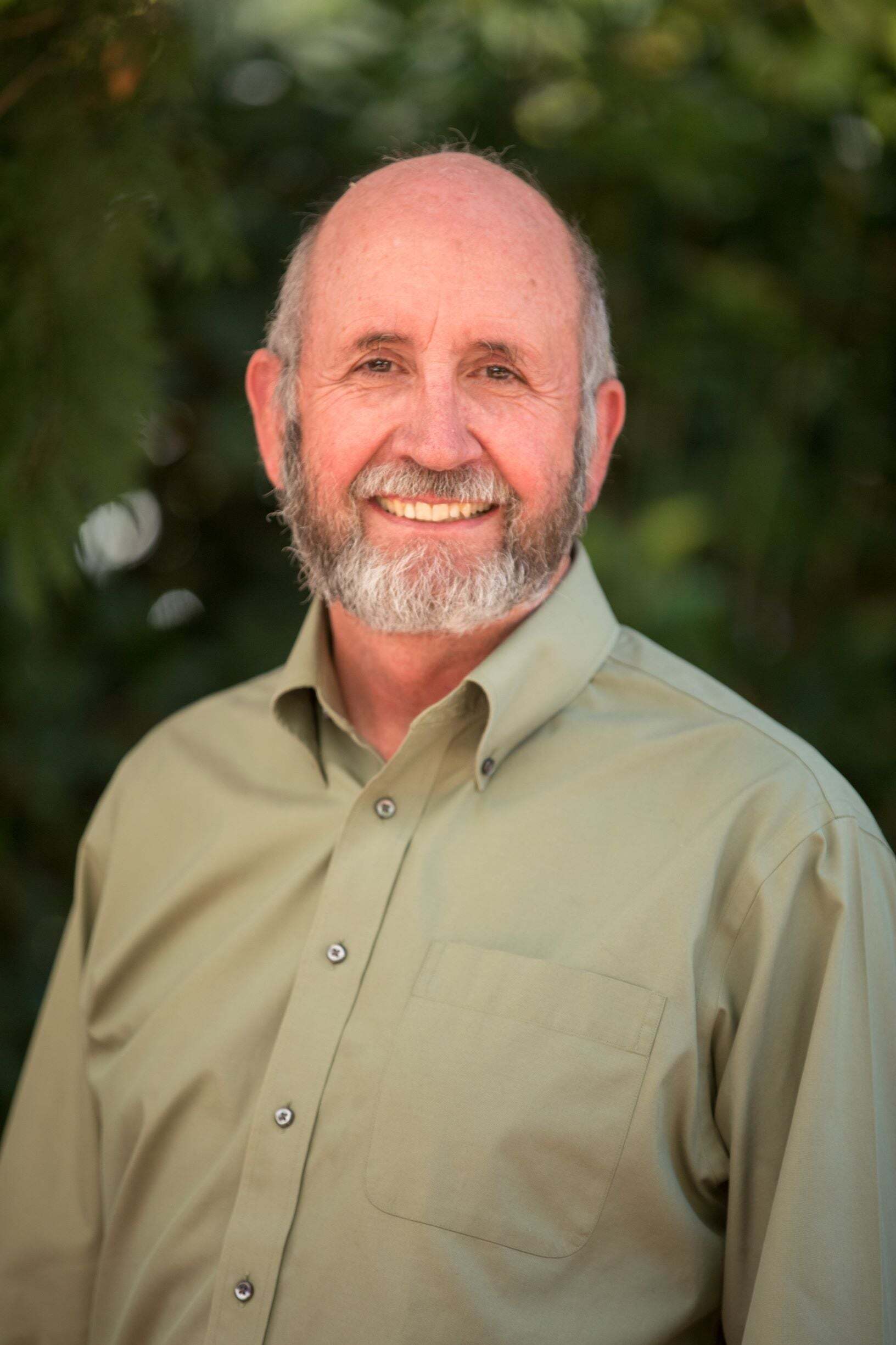
Yan Leykin, PhD
PhD
About Presenter
Yan Leykin, PhD is Professor in the Clinical Psychology PhD Program at Palo Alto University, and a licensed clinical psychologist. He received a BA in psychology from the University of California at Berkeley (2001), and a MA and a PhD in clinical psychology from the University of Pennsylvania (2003 and 2008). Returning to the Bay Area, he completed a clinical internship at the VA Palo Alto Health Care System, which was followed by a post-doctoral fellowship at the Psychology and Medicine program at the University of California, San Francisco. In 2010, he joined the UCSF Department of Psychiatry as Assistant Professor. In 2015, he joined the faculty at PAU.
Dr. Leykin's research program focuses on two areas. First, he studies the decision-making of individuals with depression. He works to better understand the decisional considerations that shape the choices depressed individuals make (with an emphasis on treatment-related decisions), and to develop methods to improve decisions and decision-making. Second, he develops CBT-based internet interventions and other online resources for individuals for depression. He works to streamline and optimize fully-automated internet interventions, to customize them to individual users, and to encourage the use of these resources. His research has been funded by the National Institute of Mental Health, American Foundation for Suicide Prevention, UCSF Academic Senate, UCSF Clinical and Translational Science Institute, and the Robert Wood Johnson Health and Society Scholars Seed Fund.
